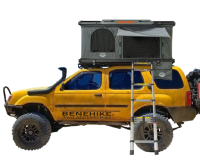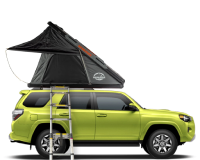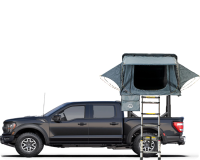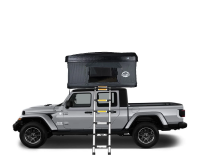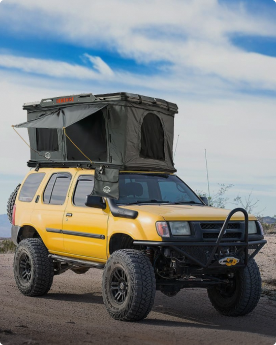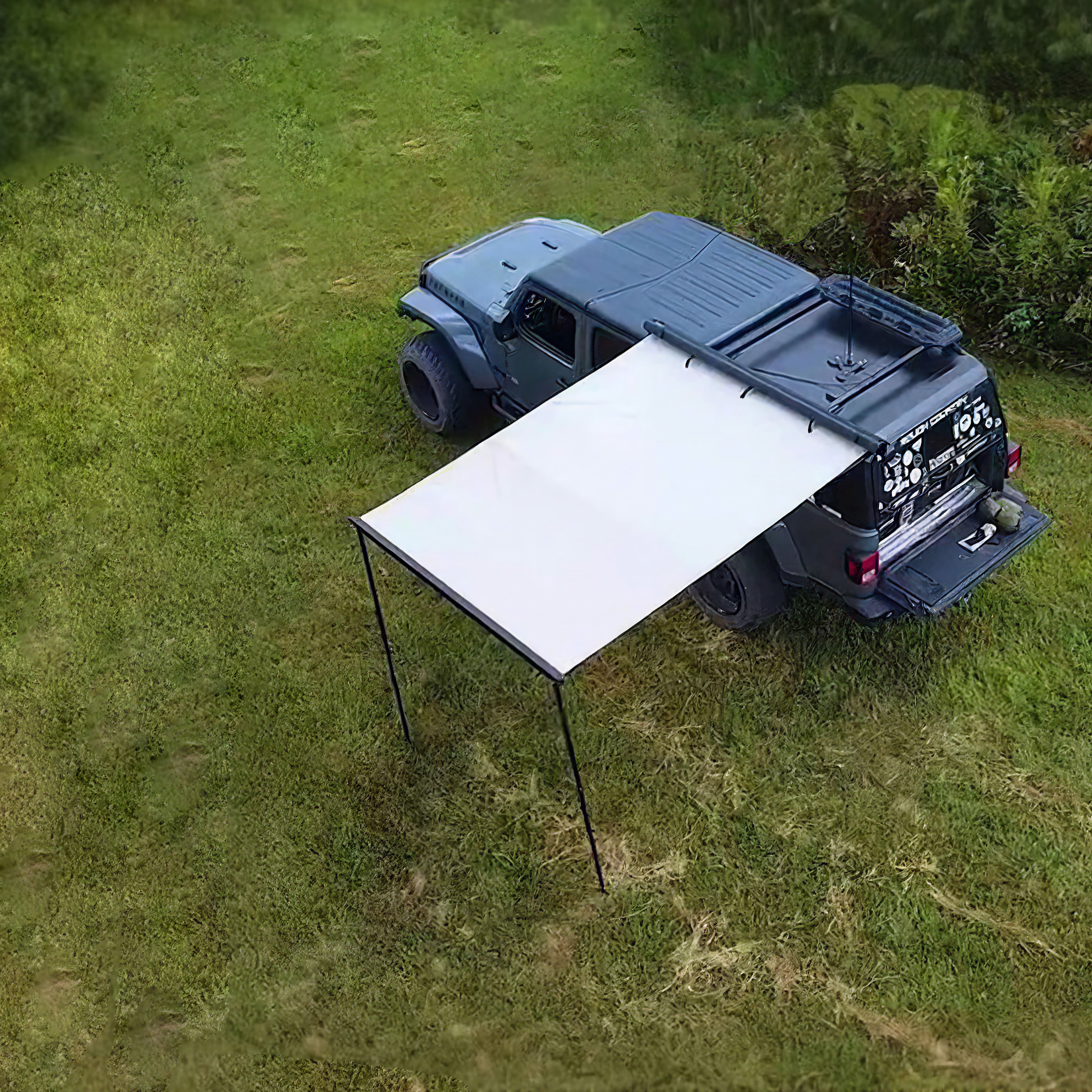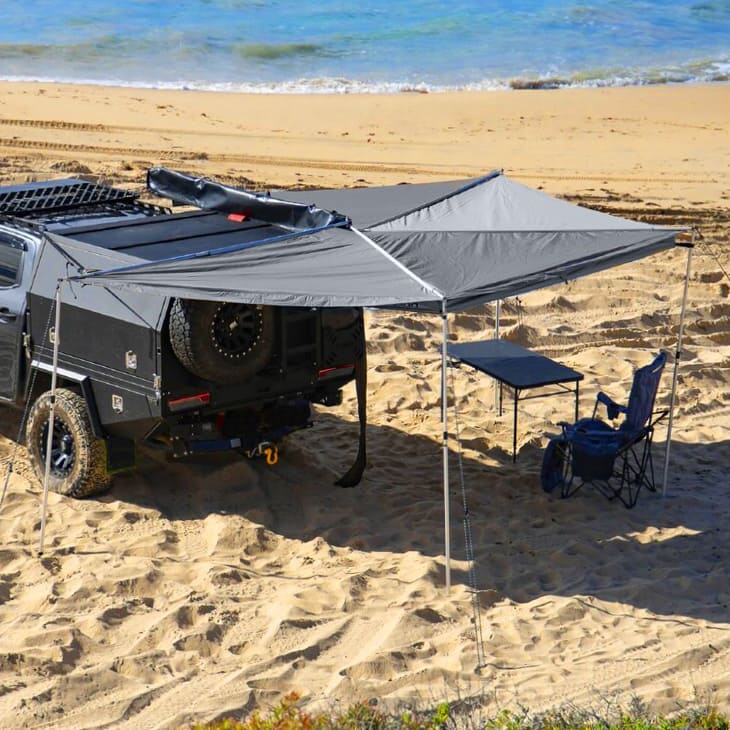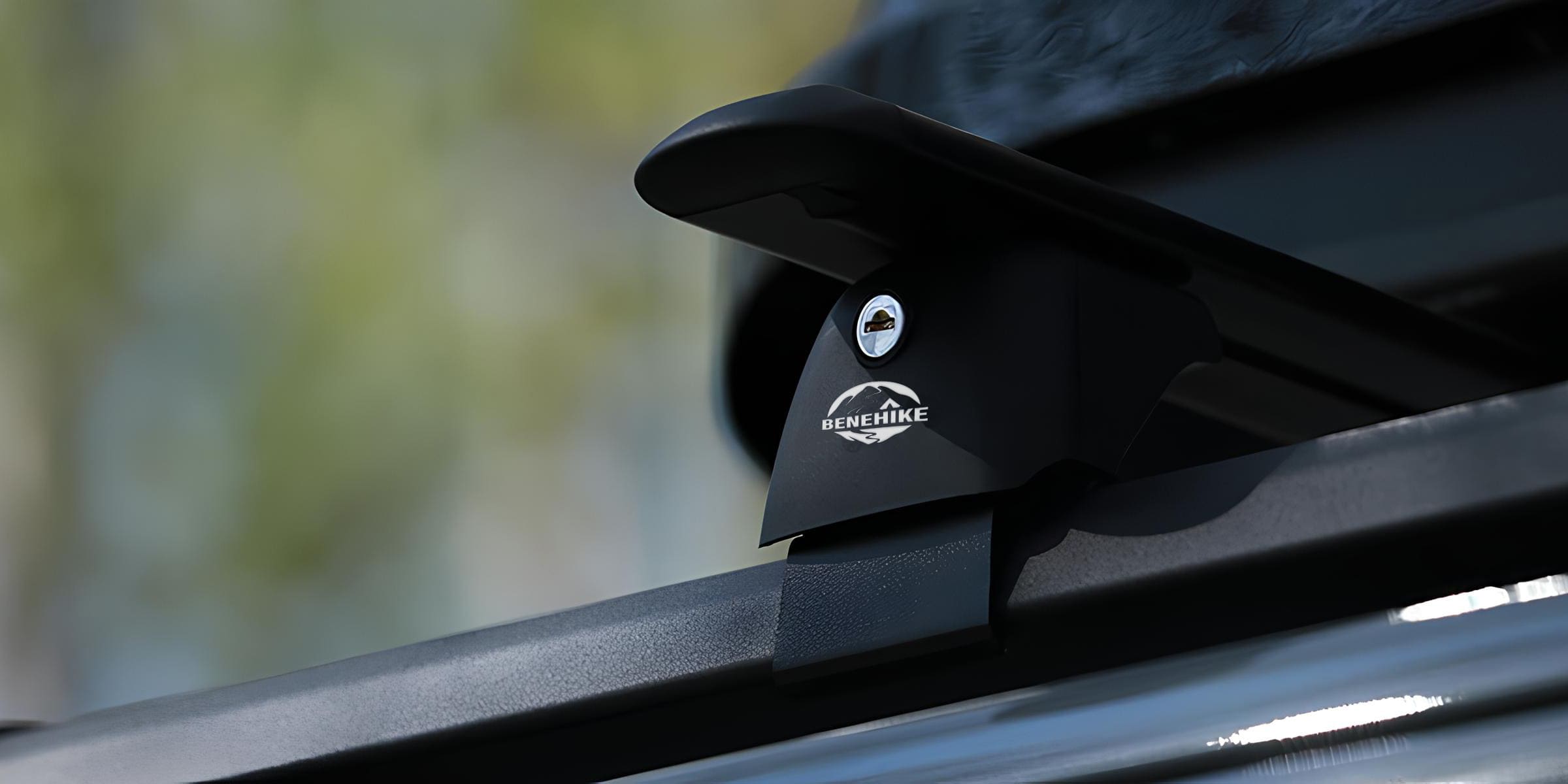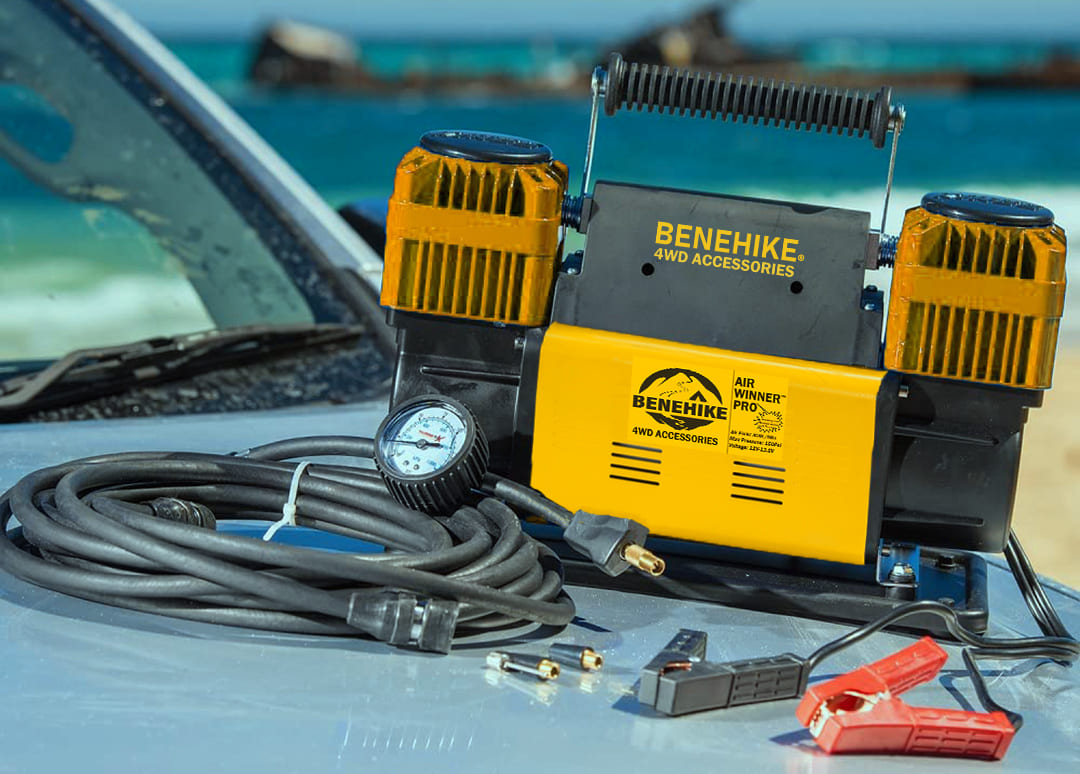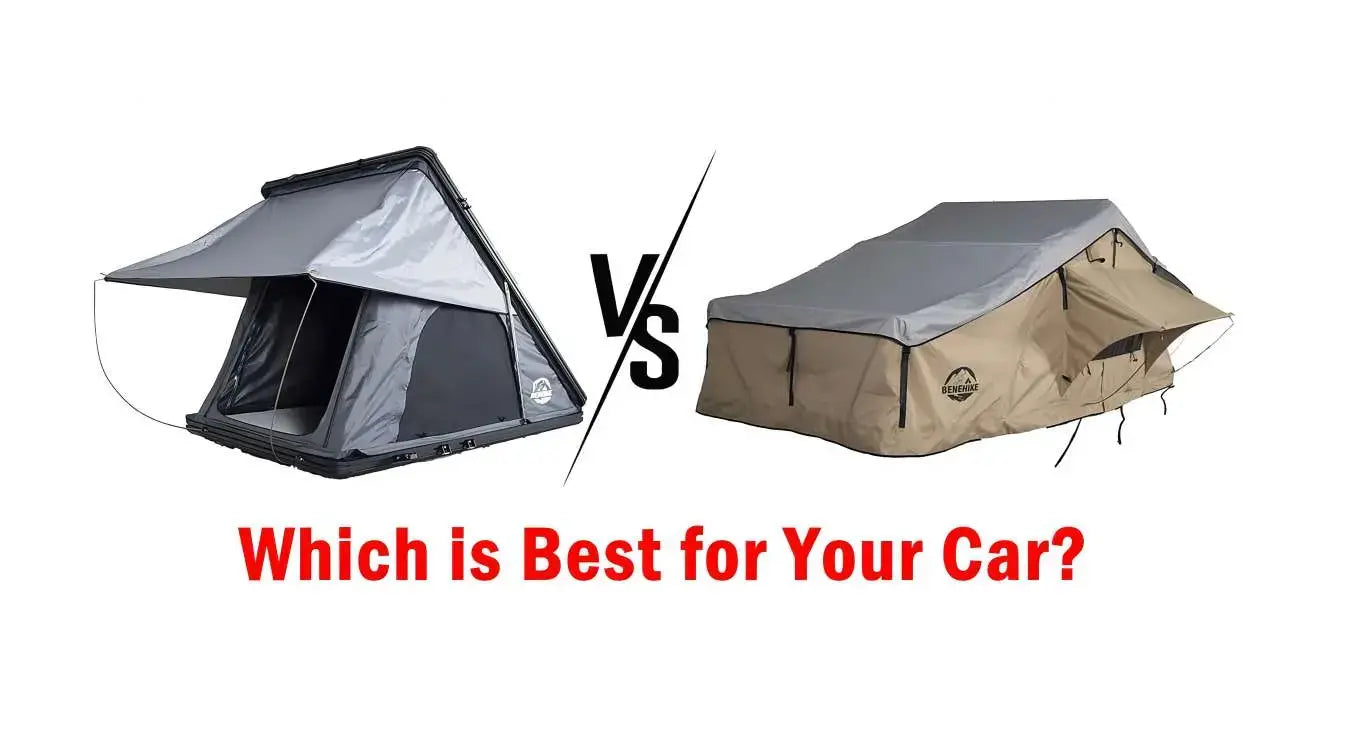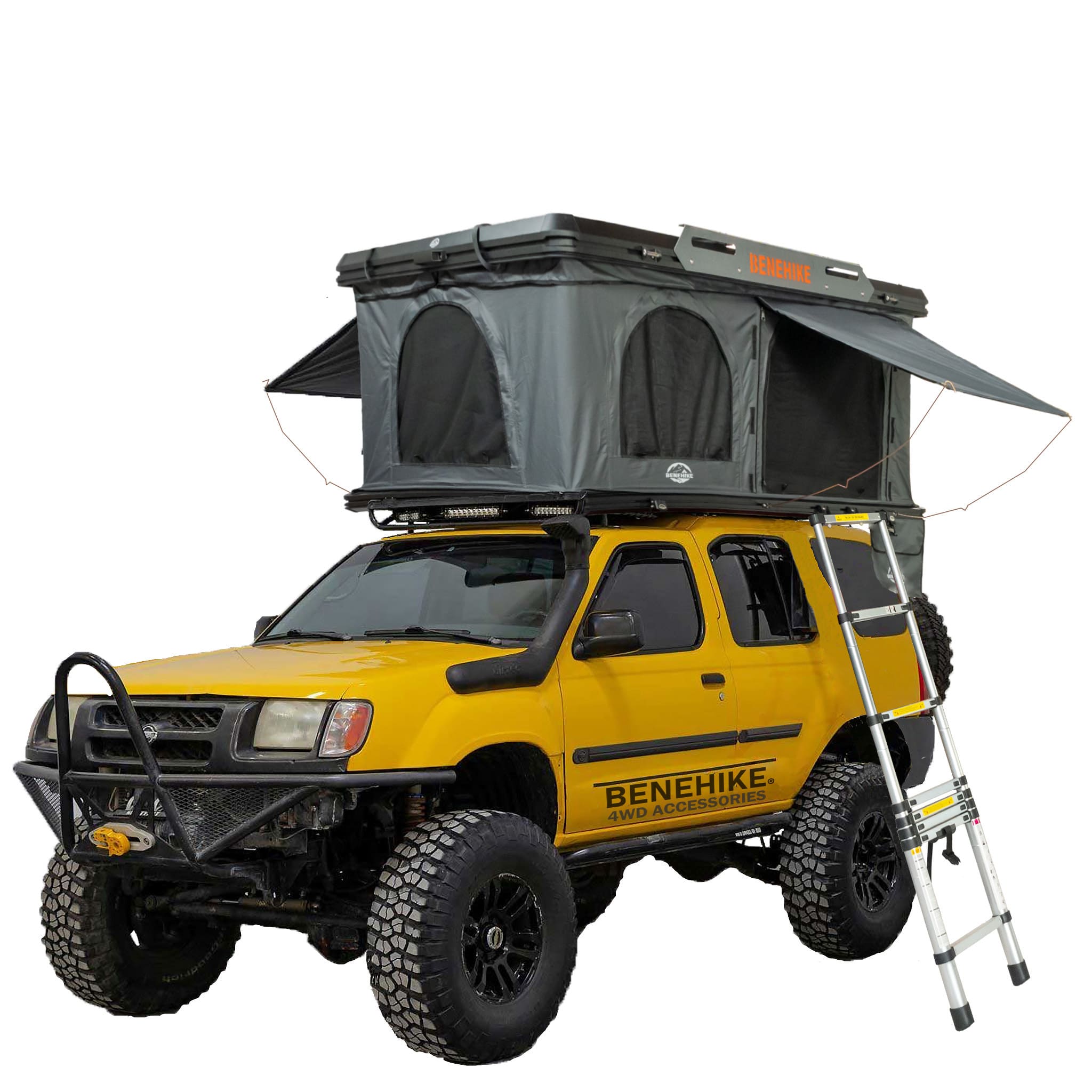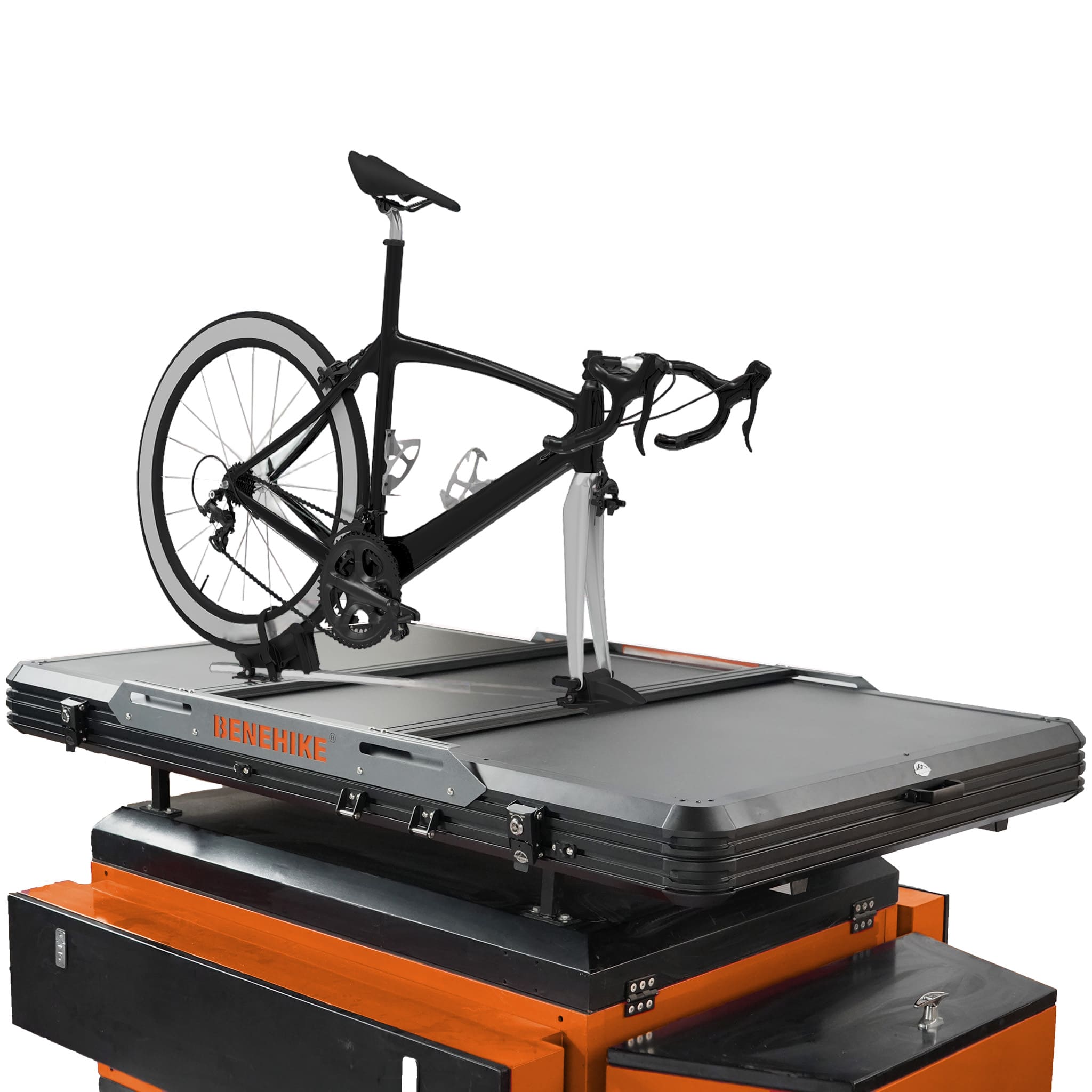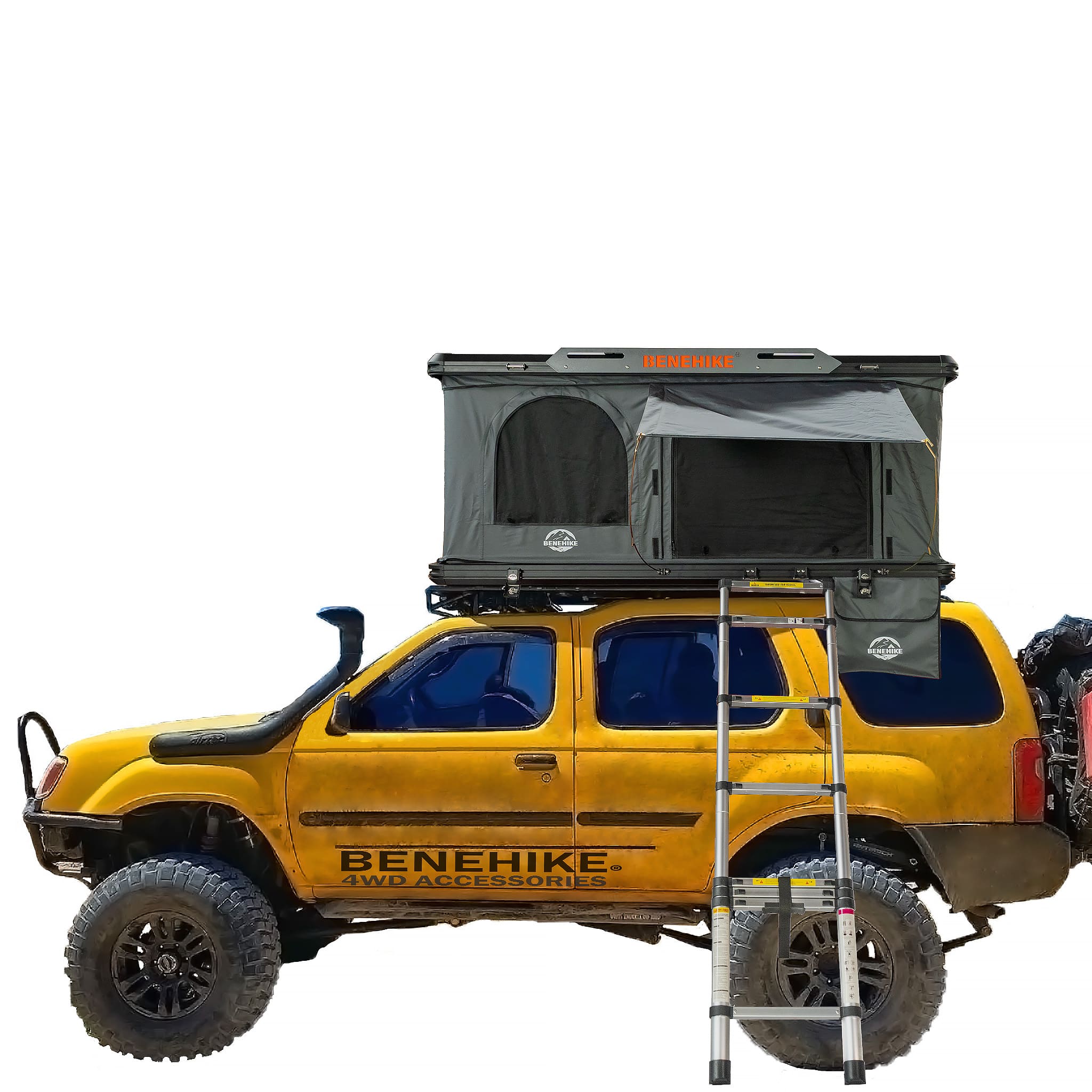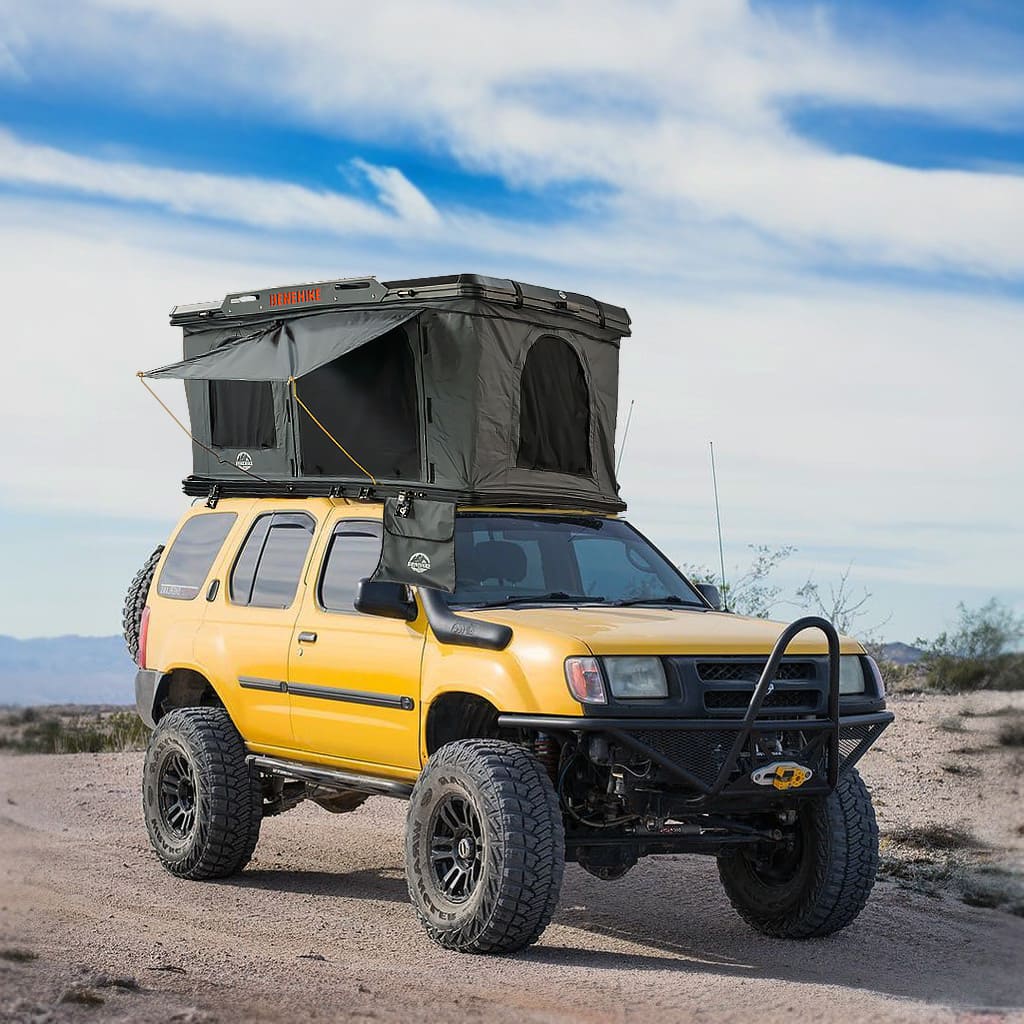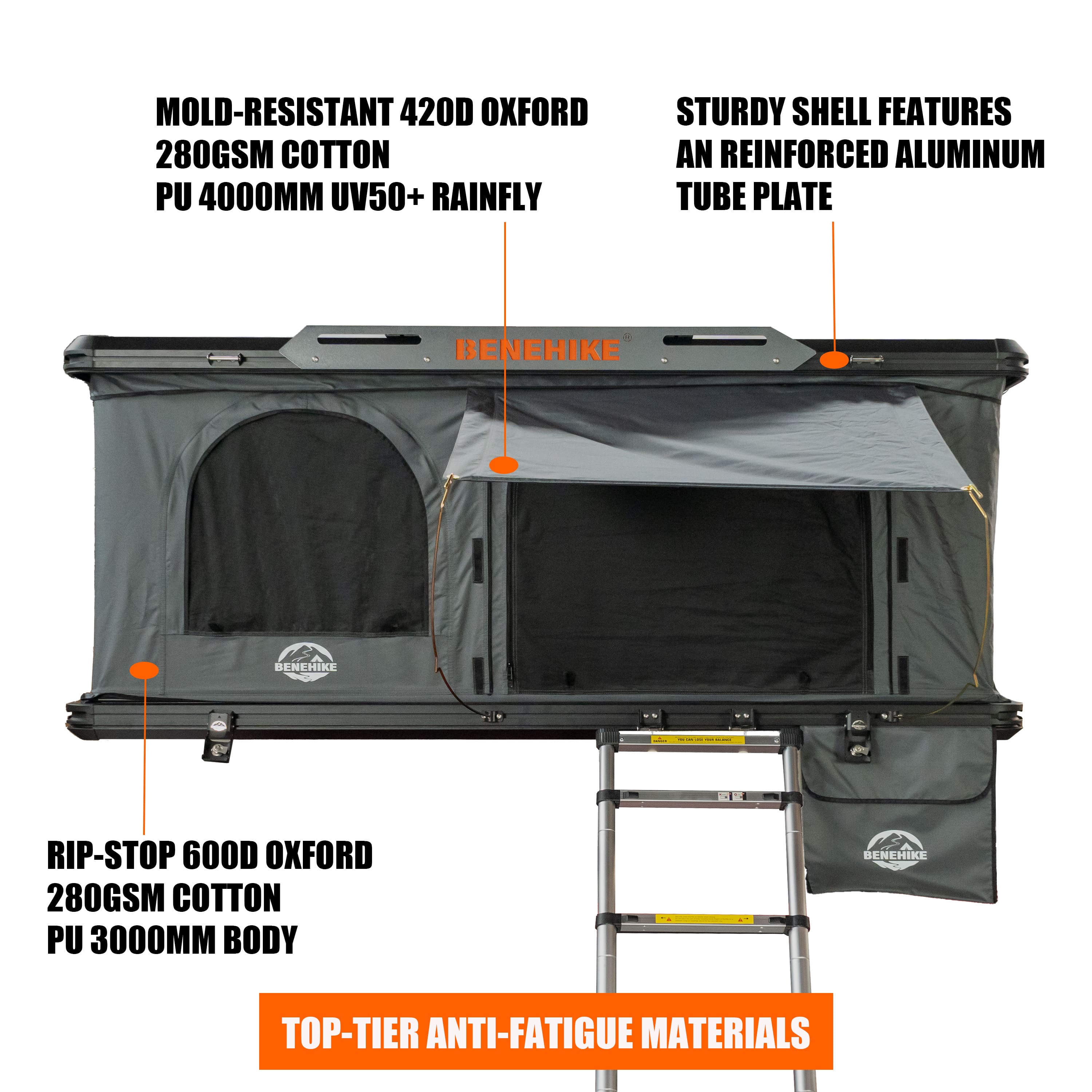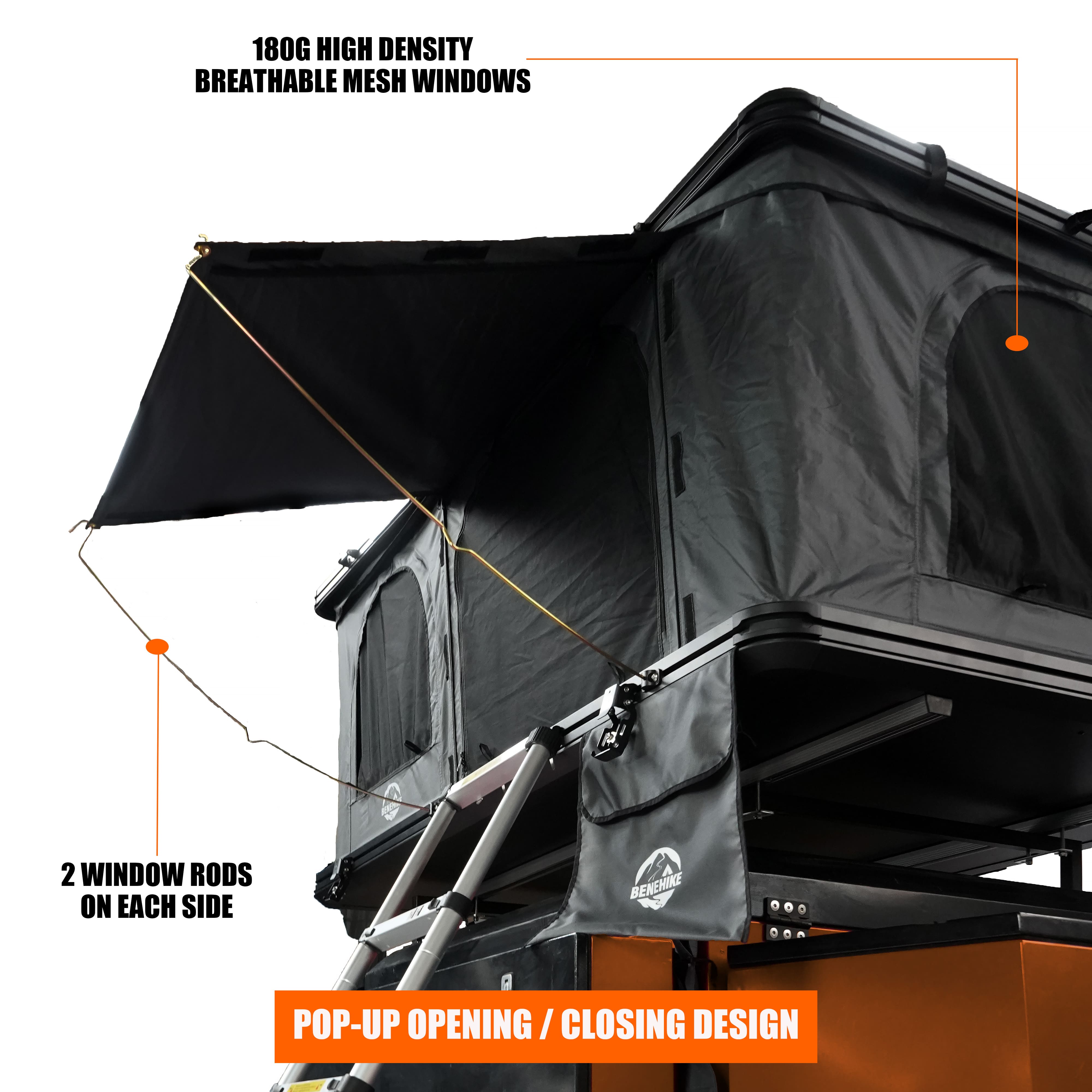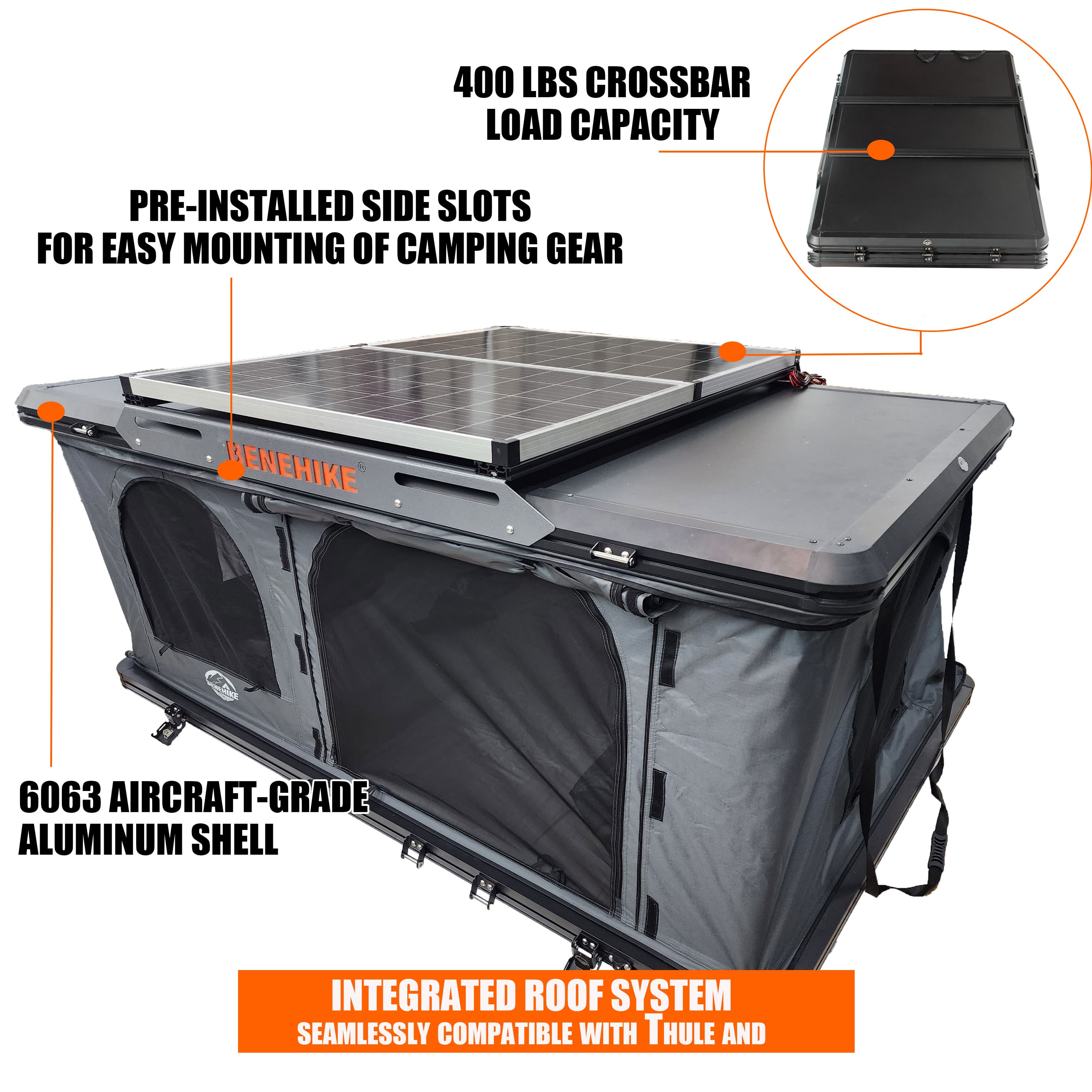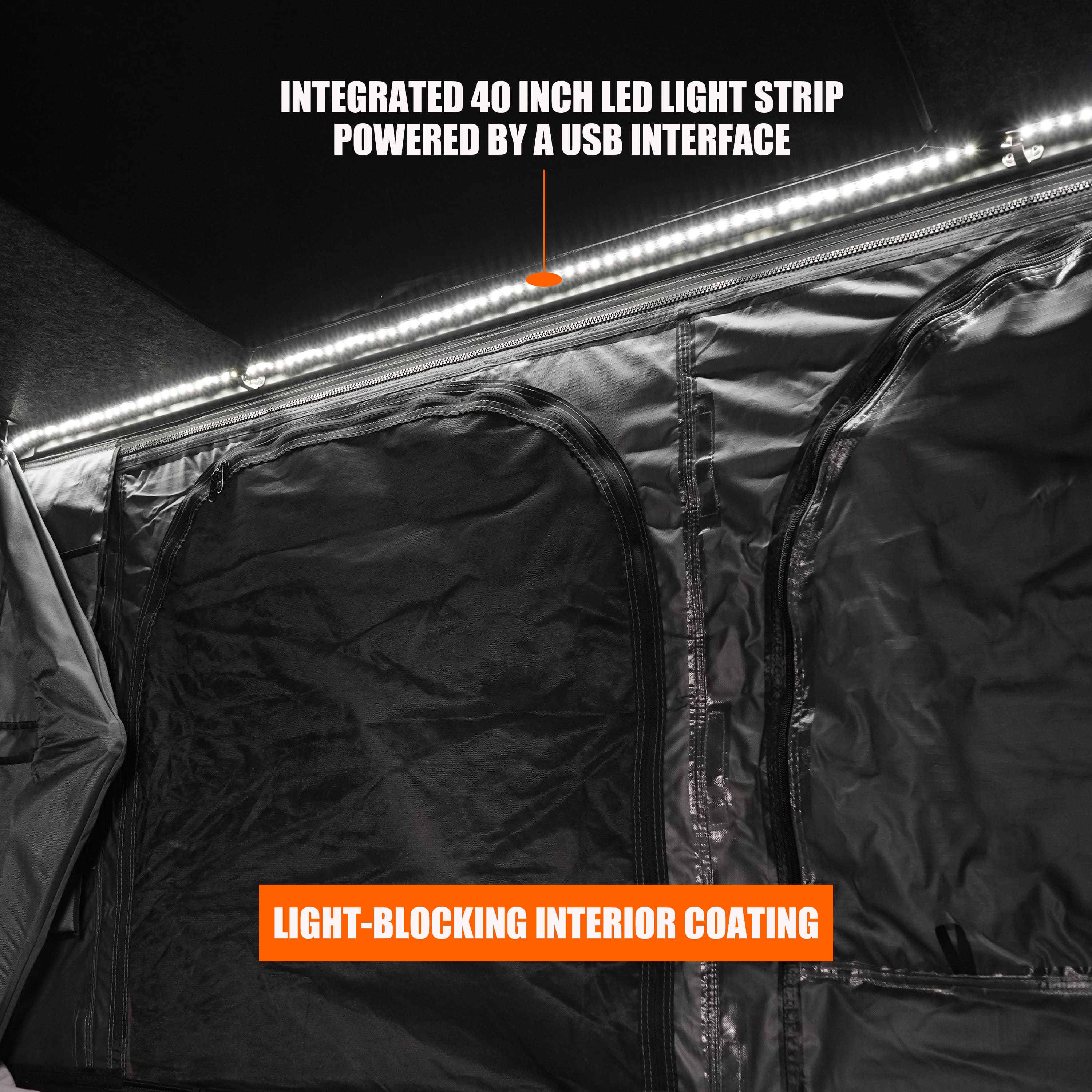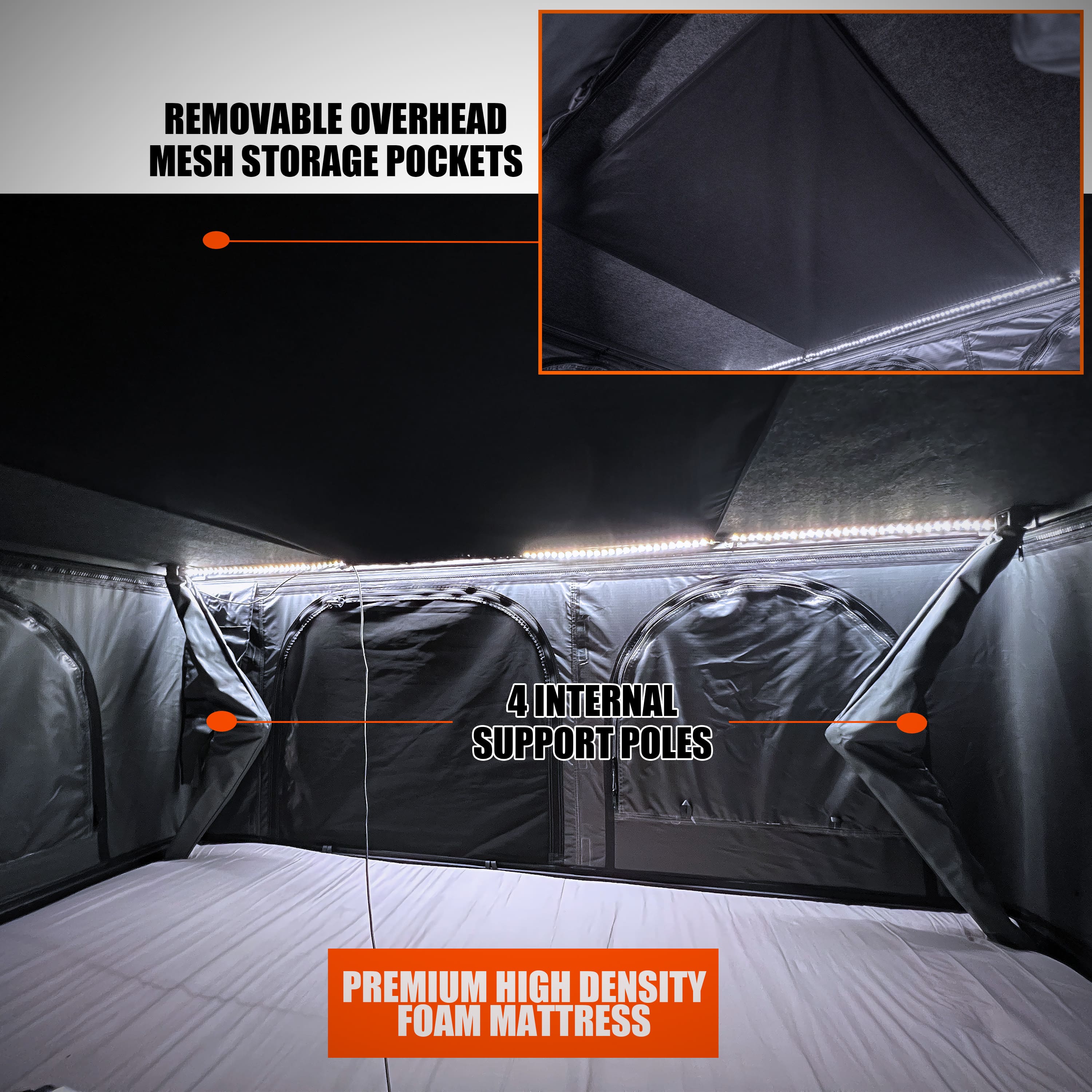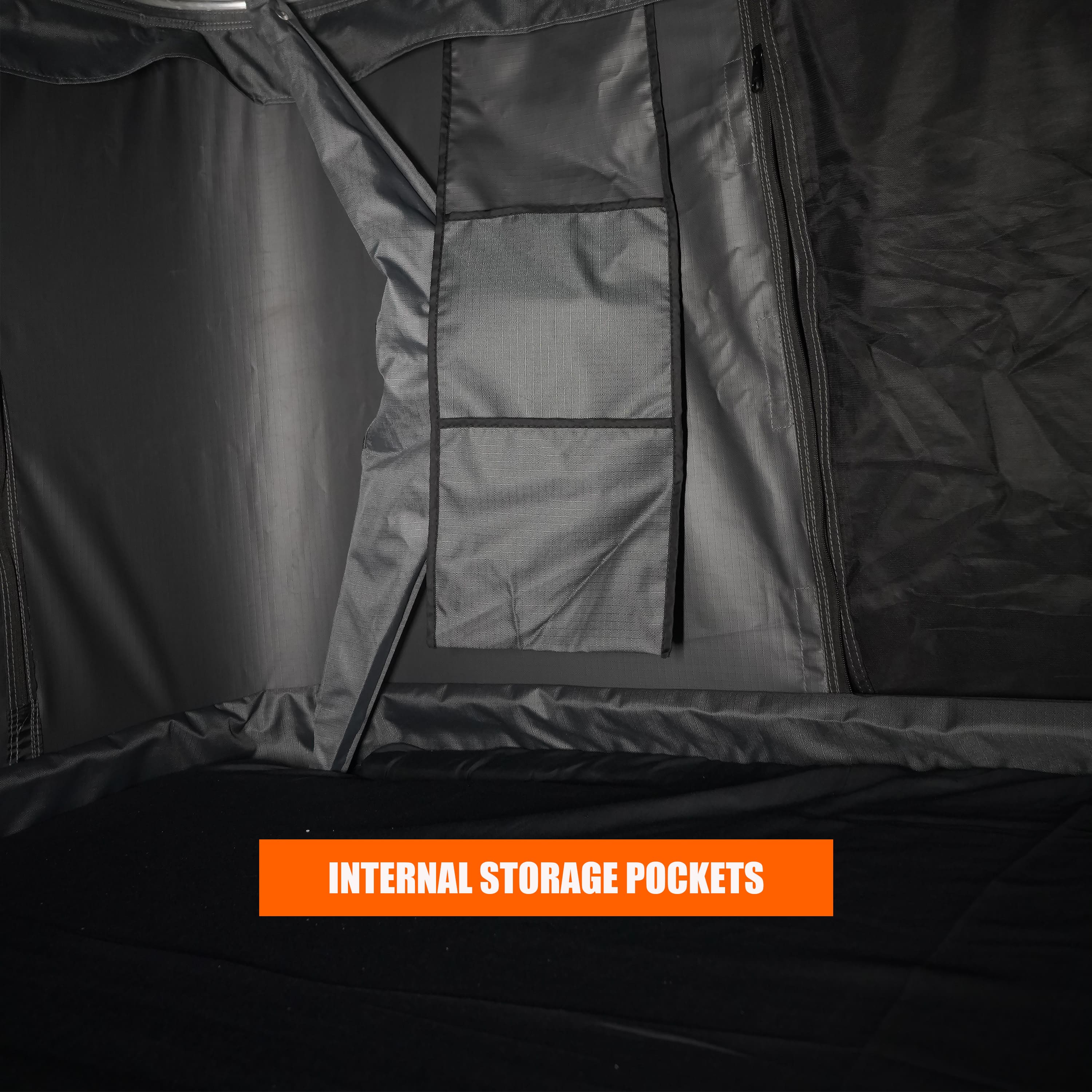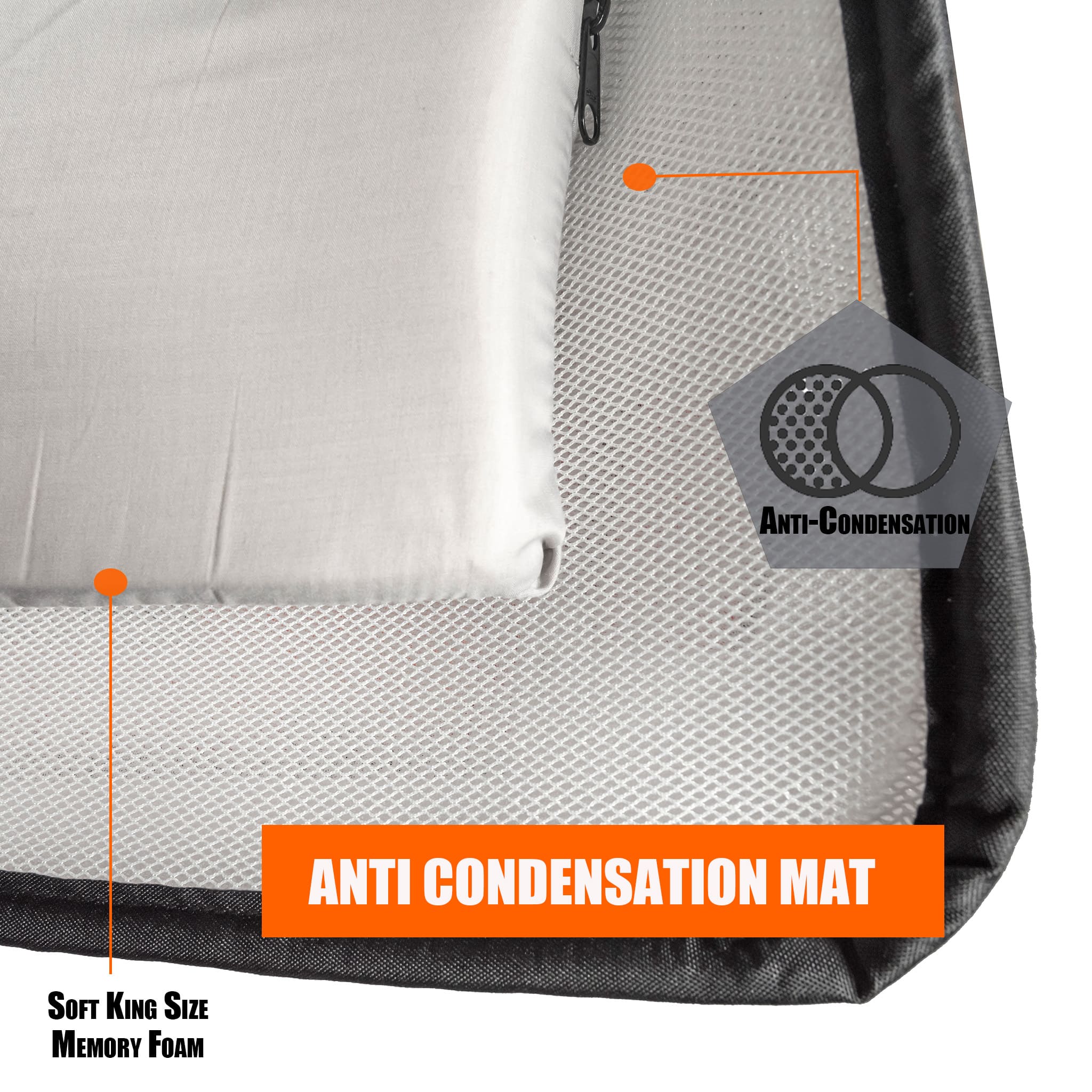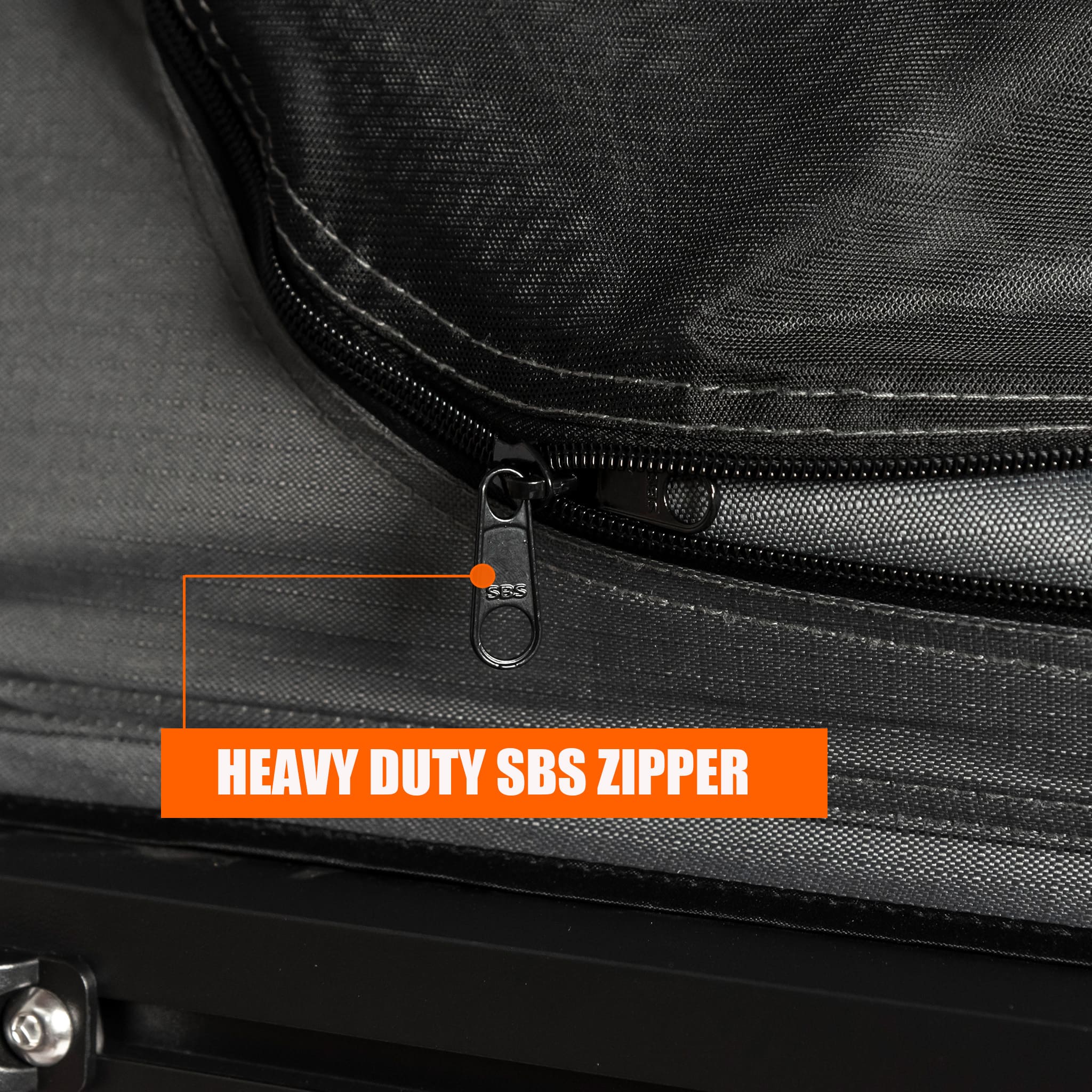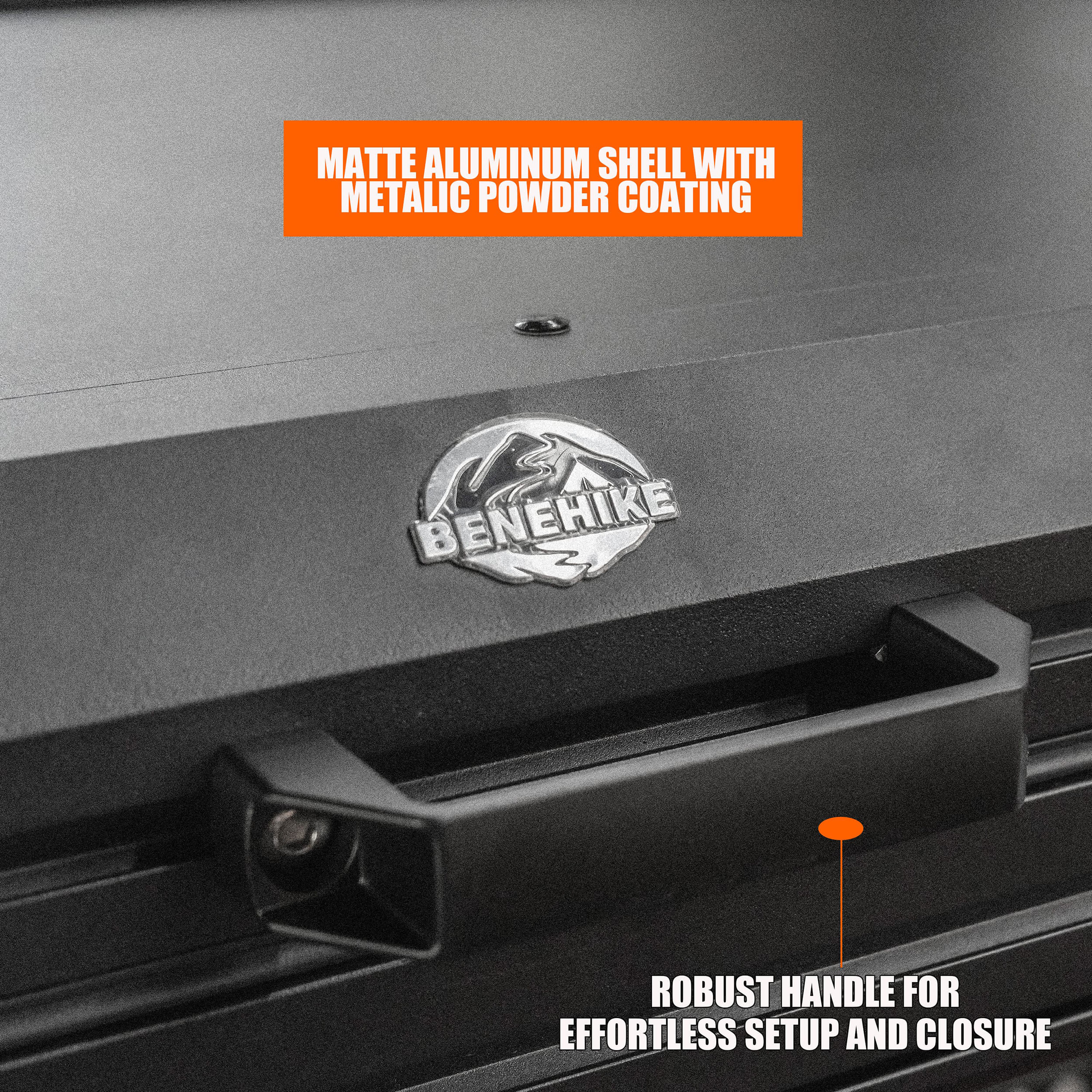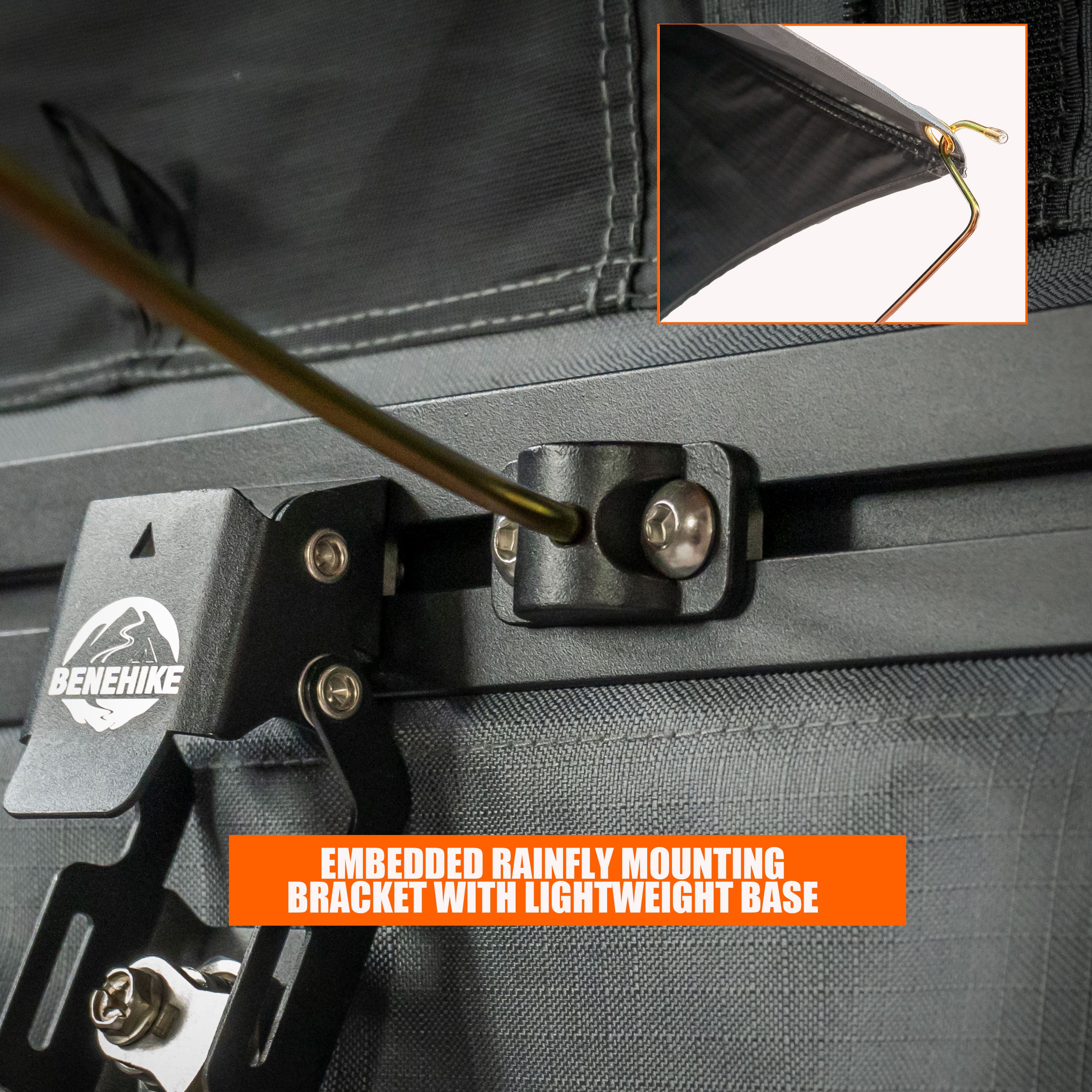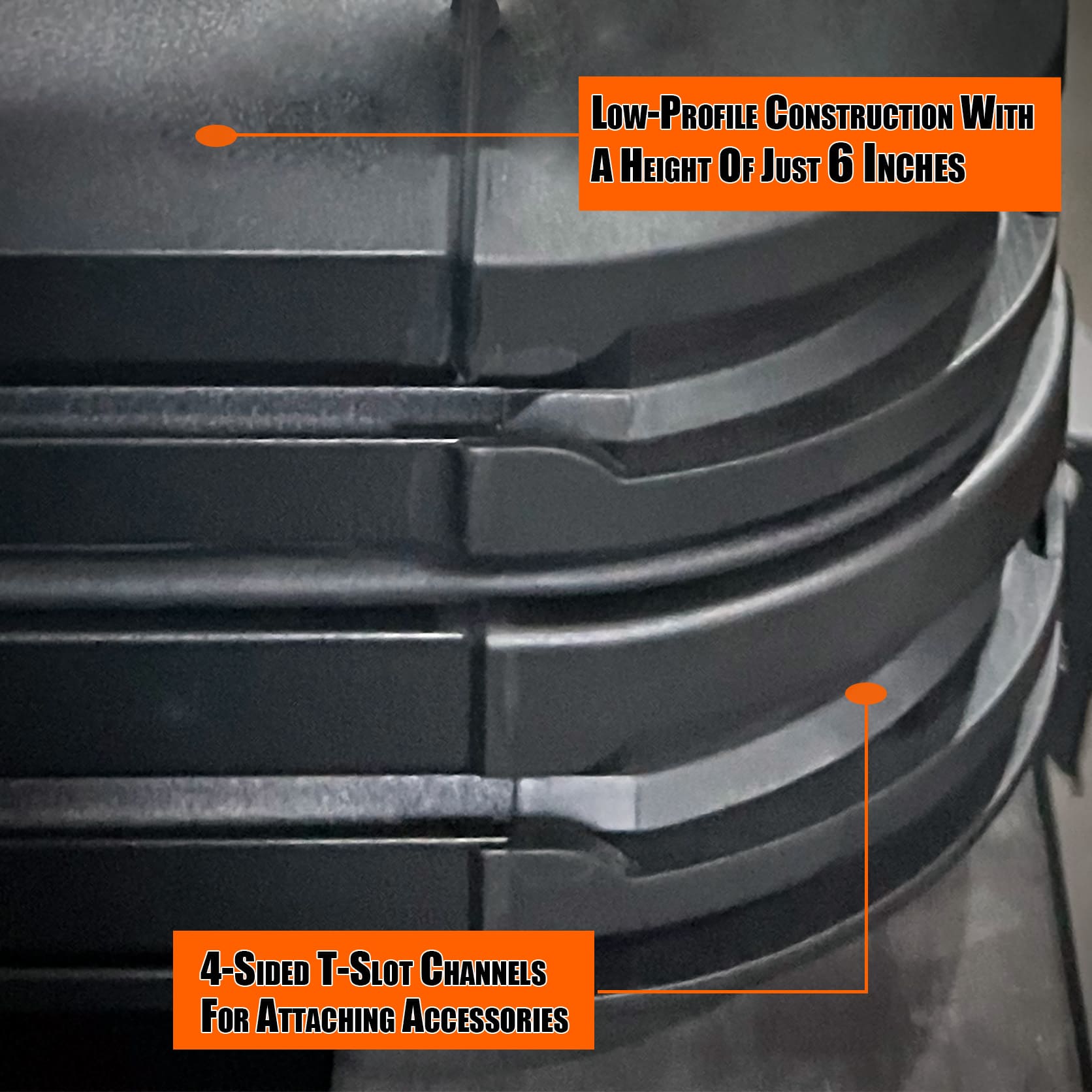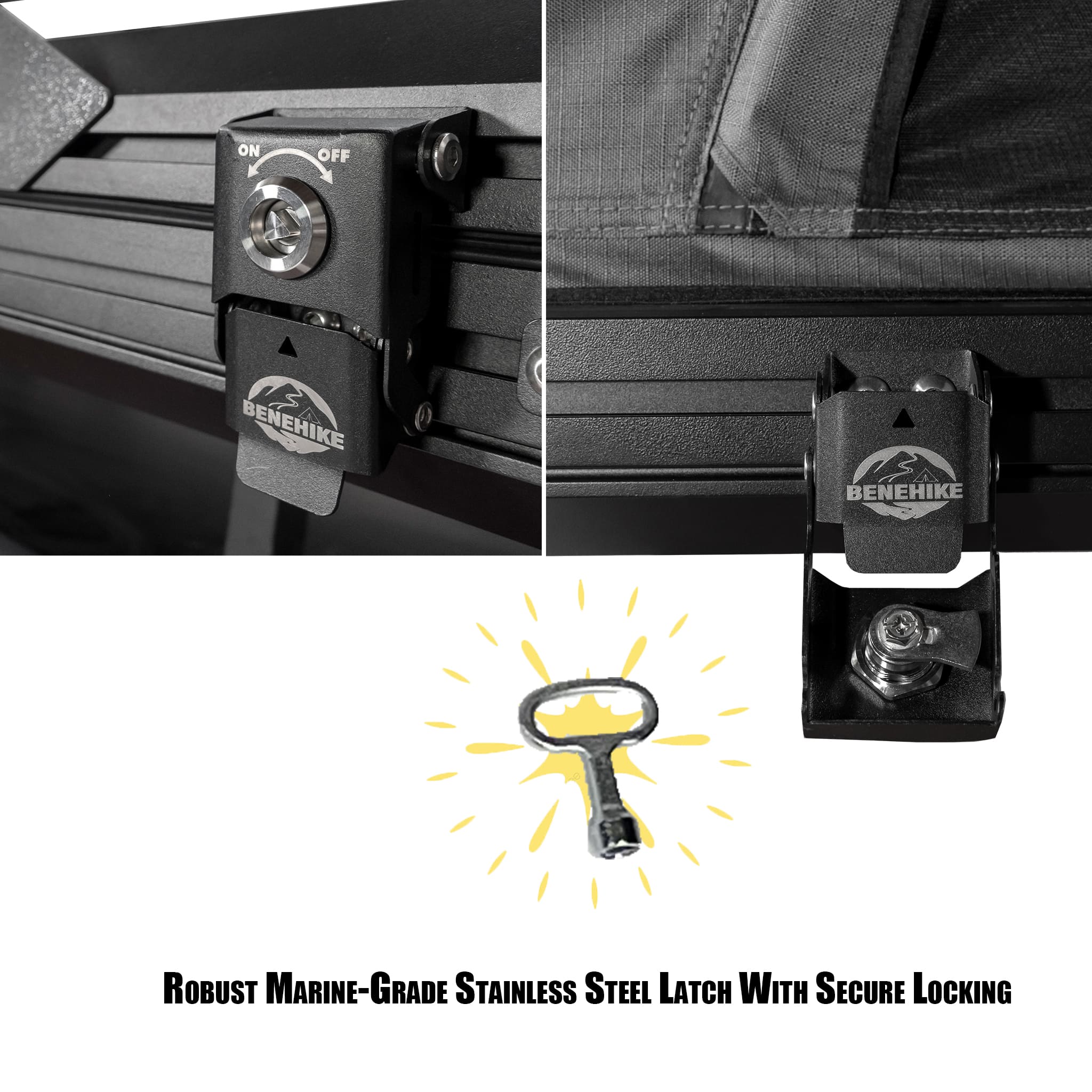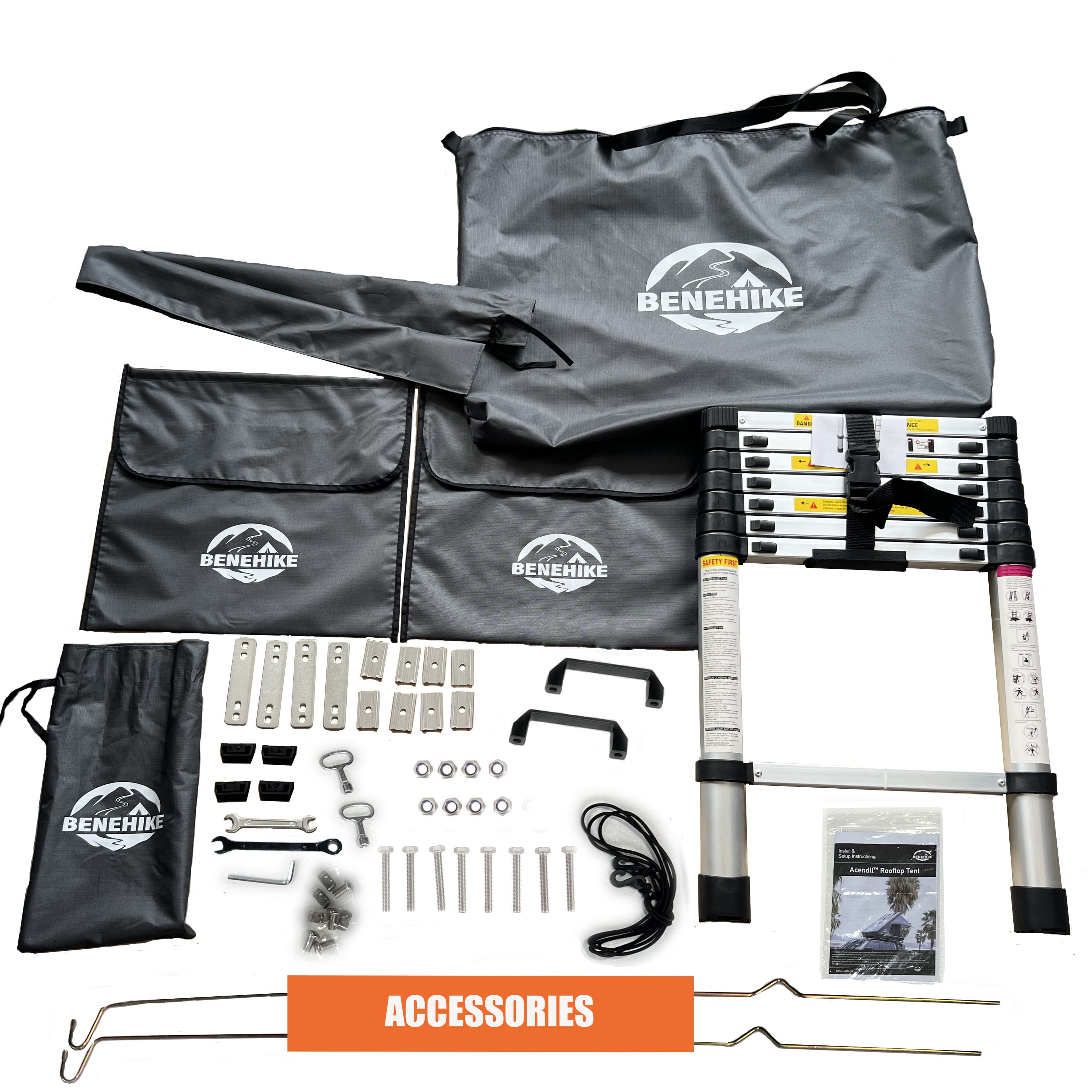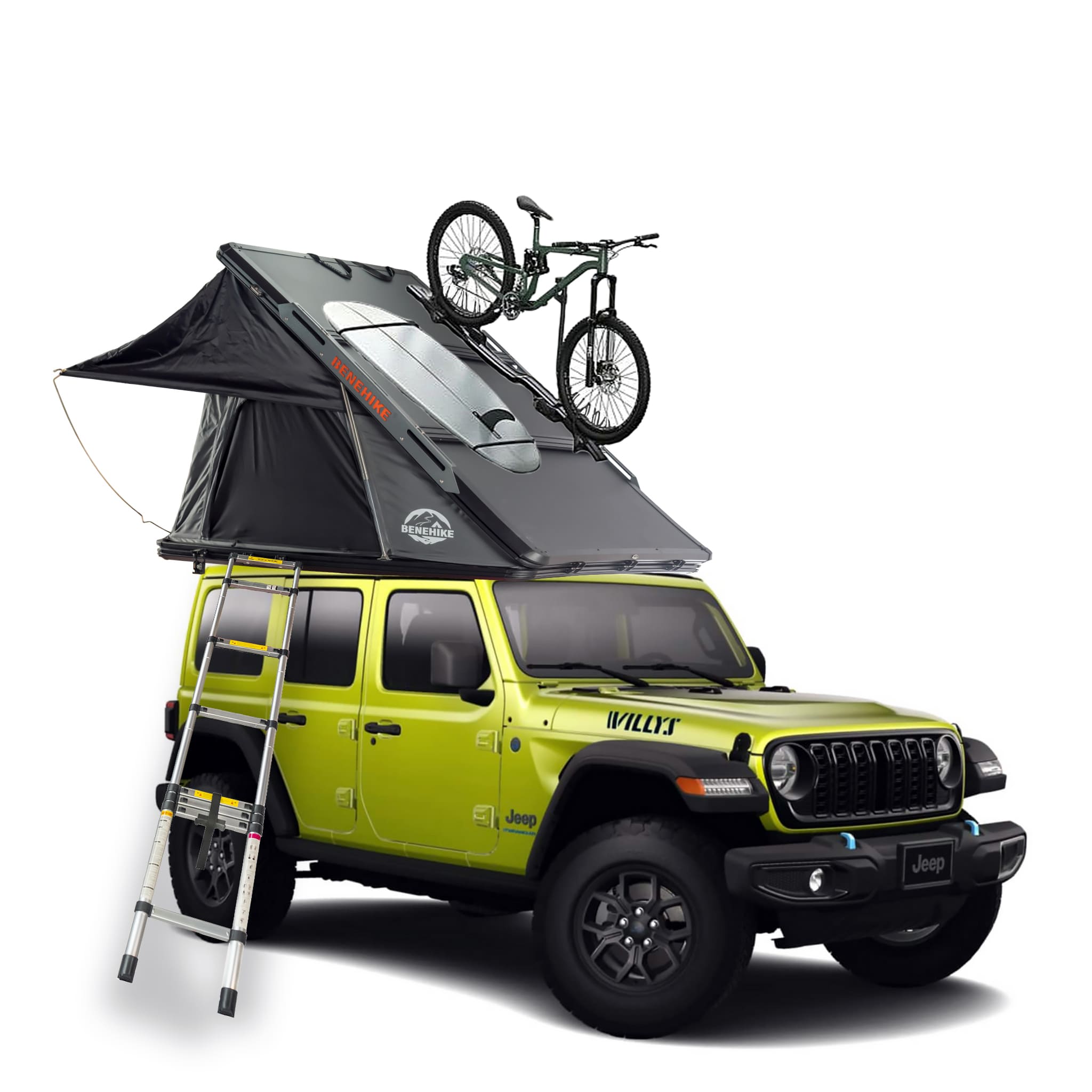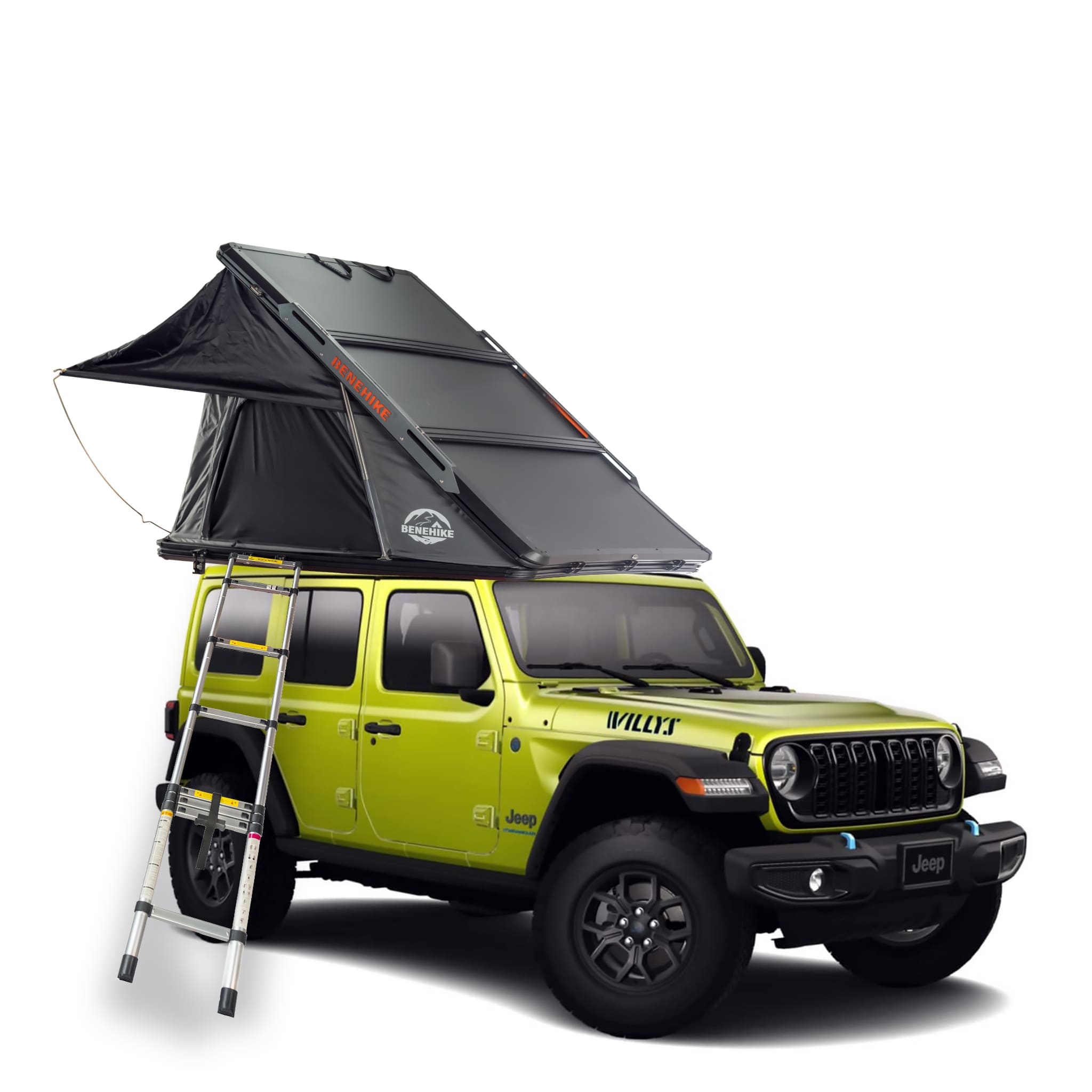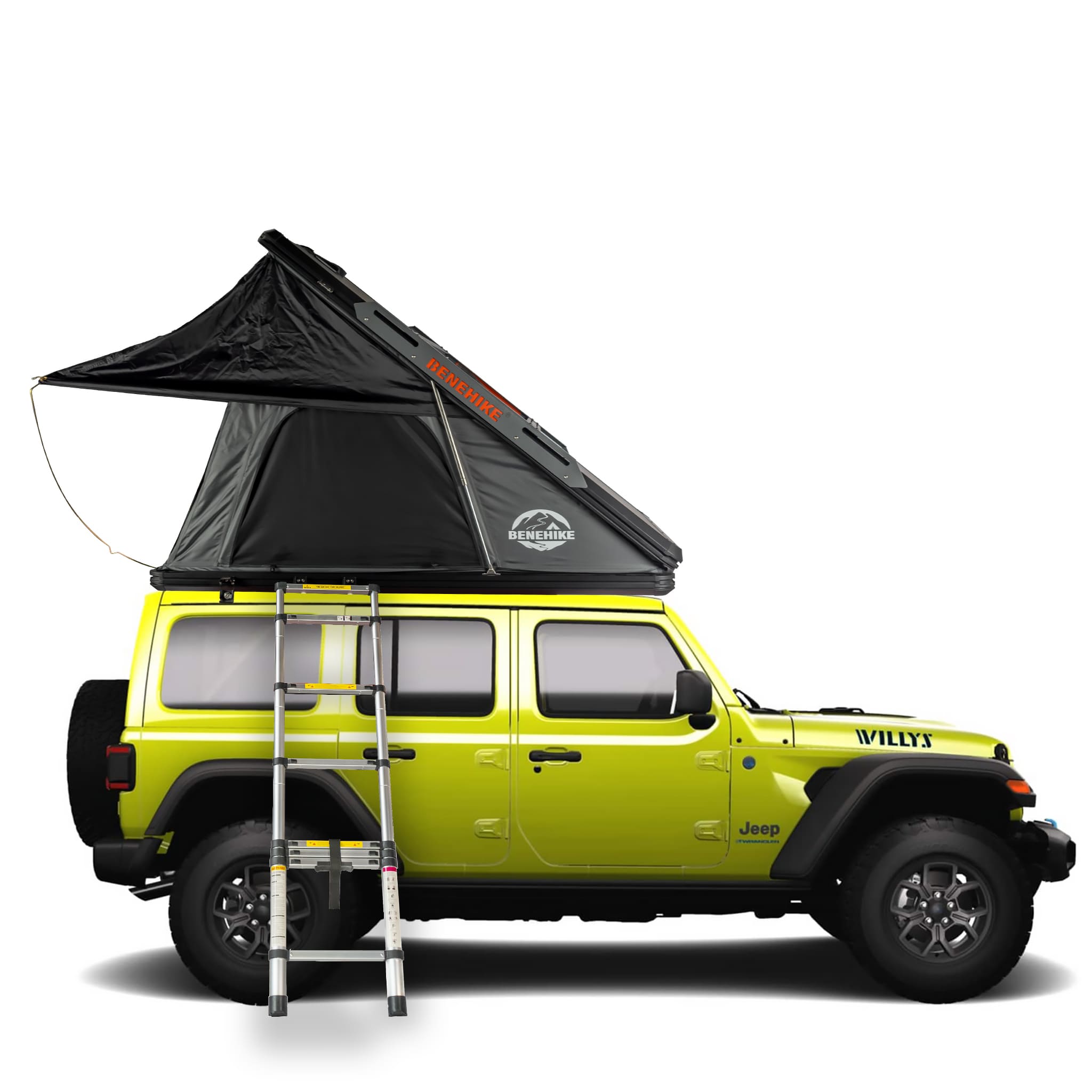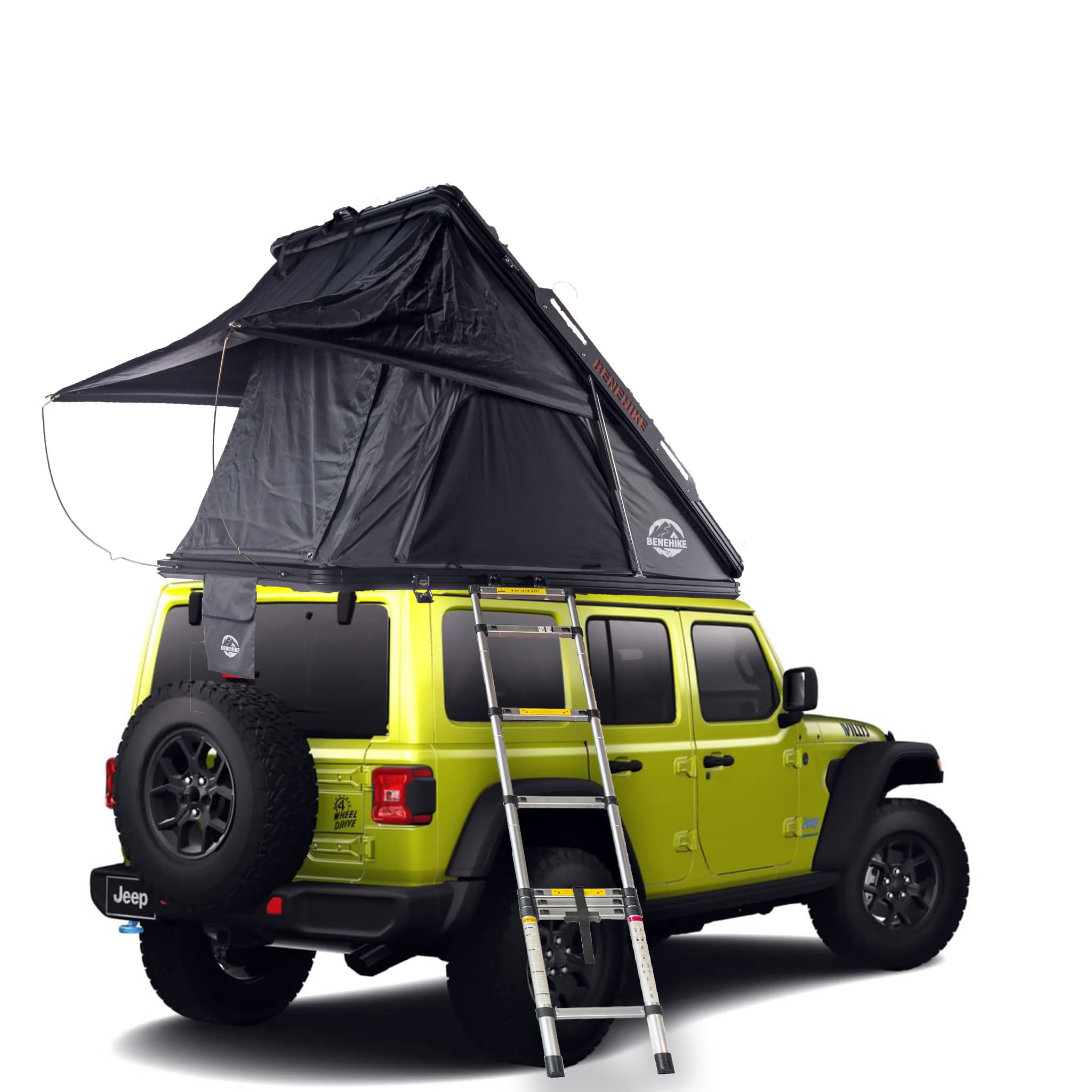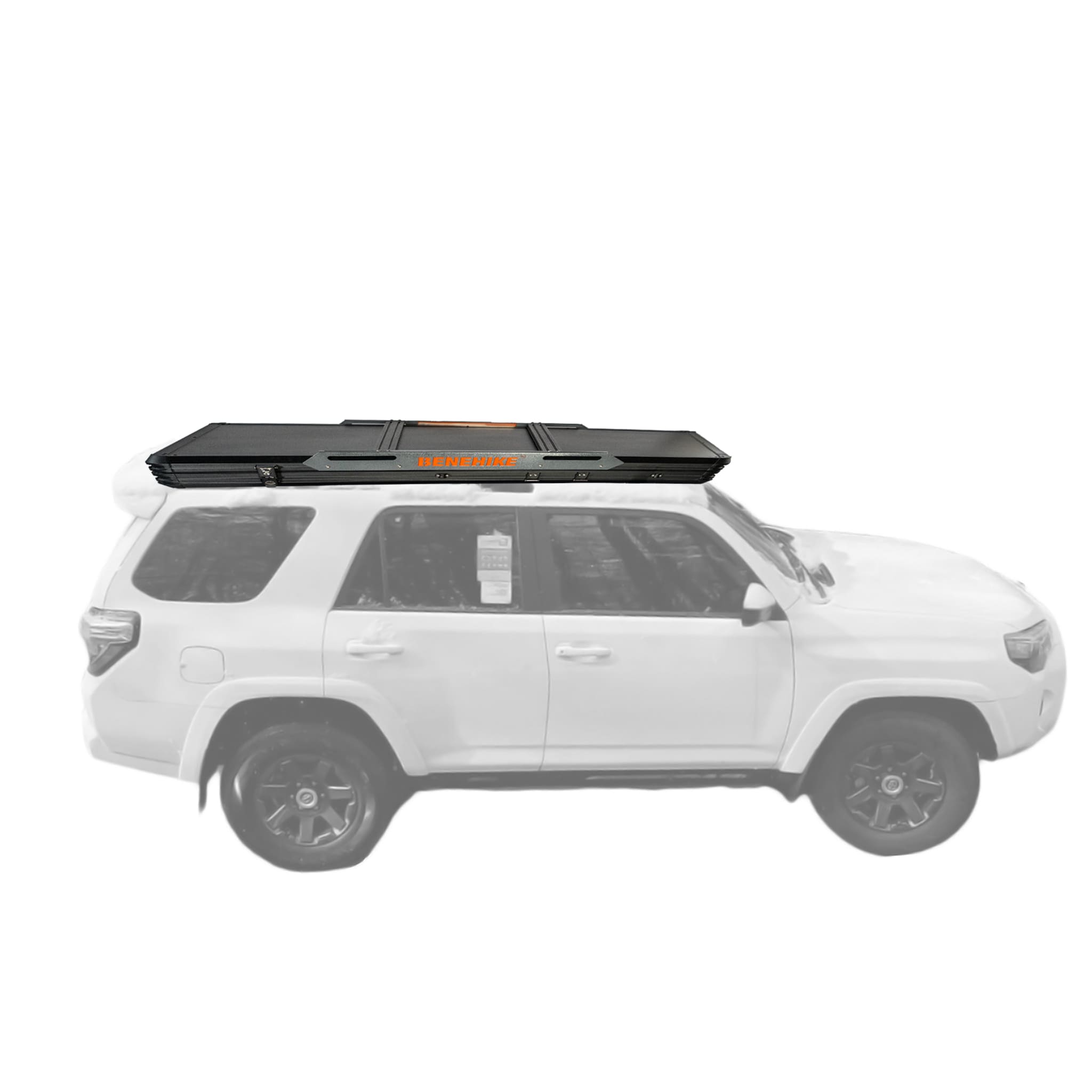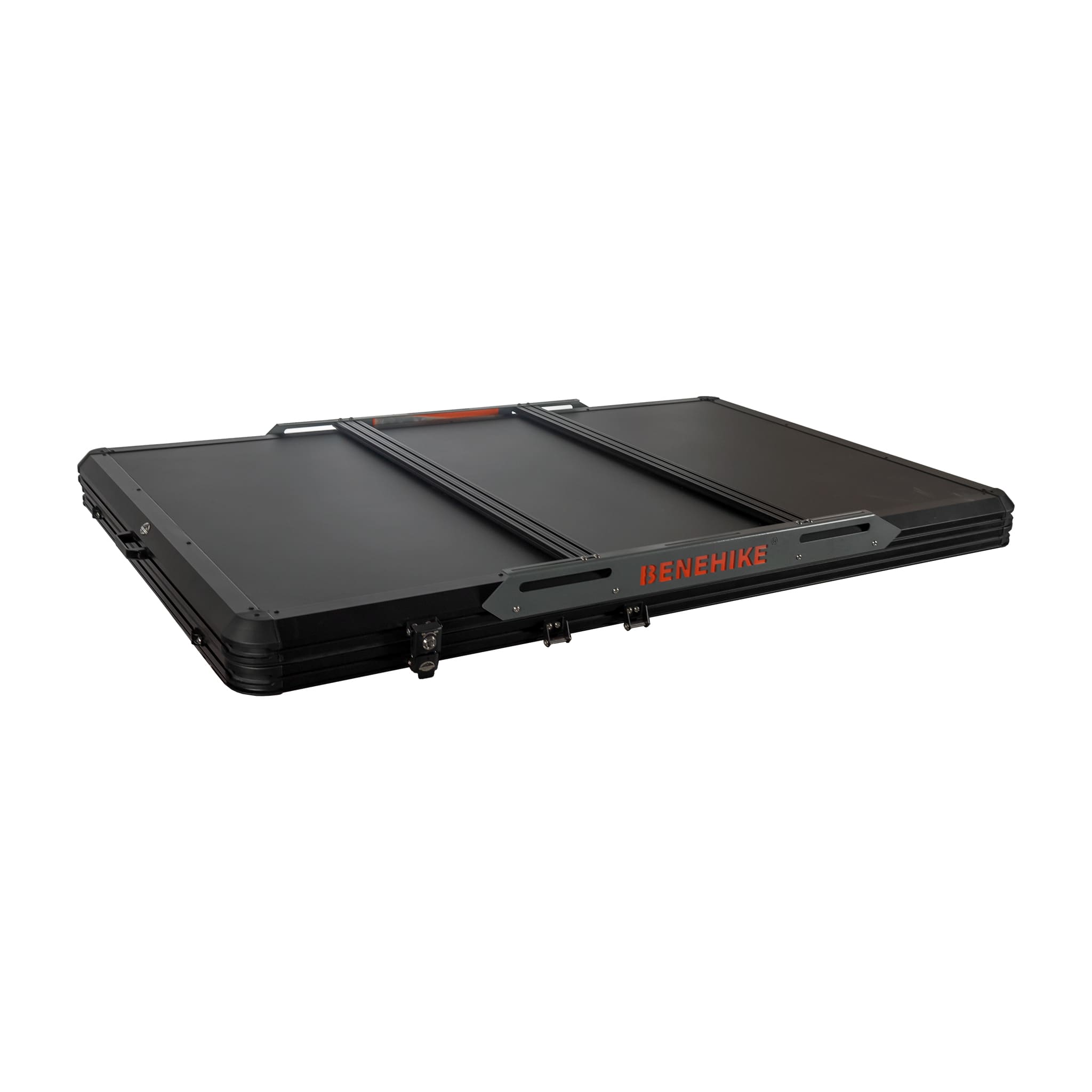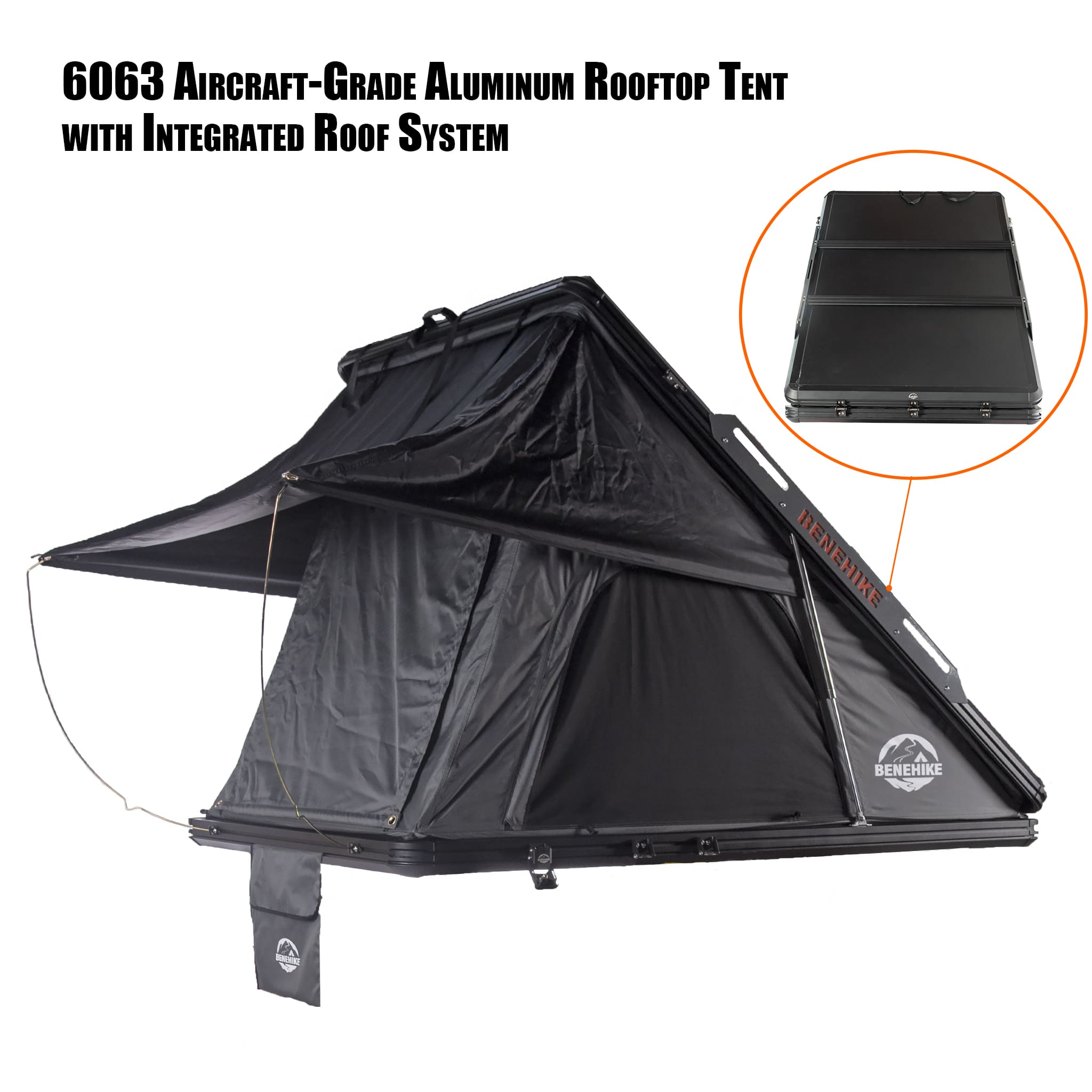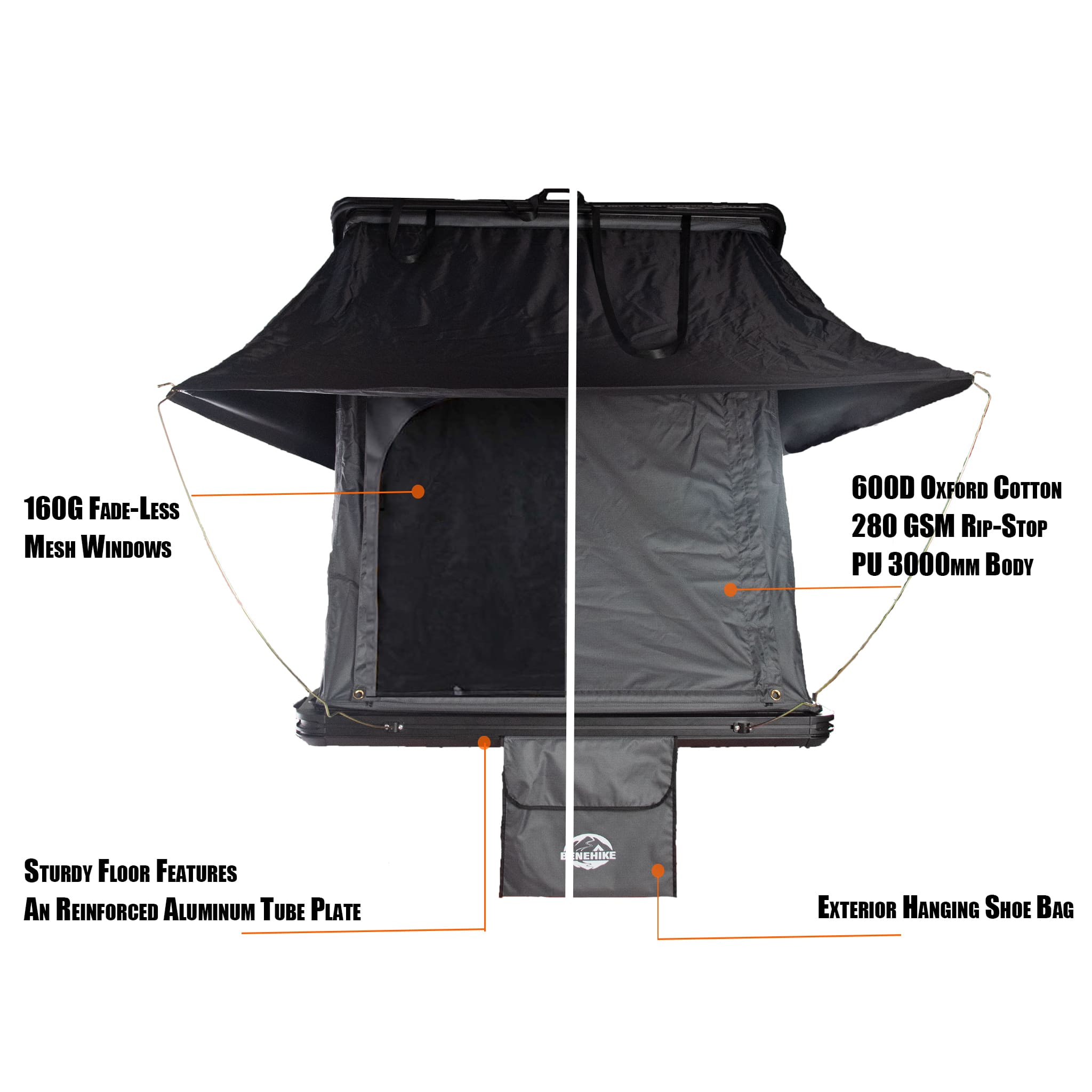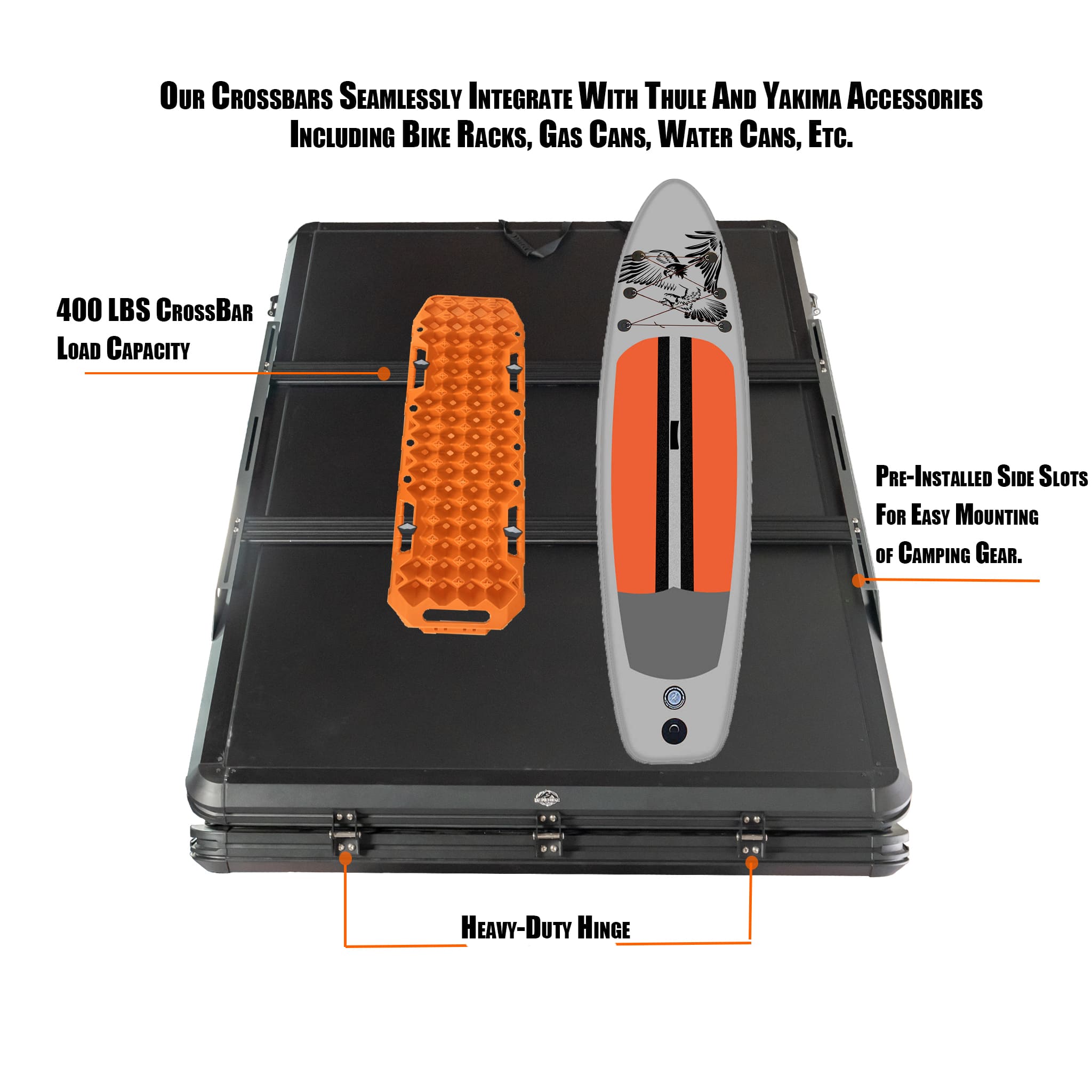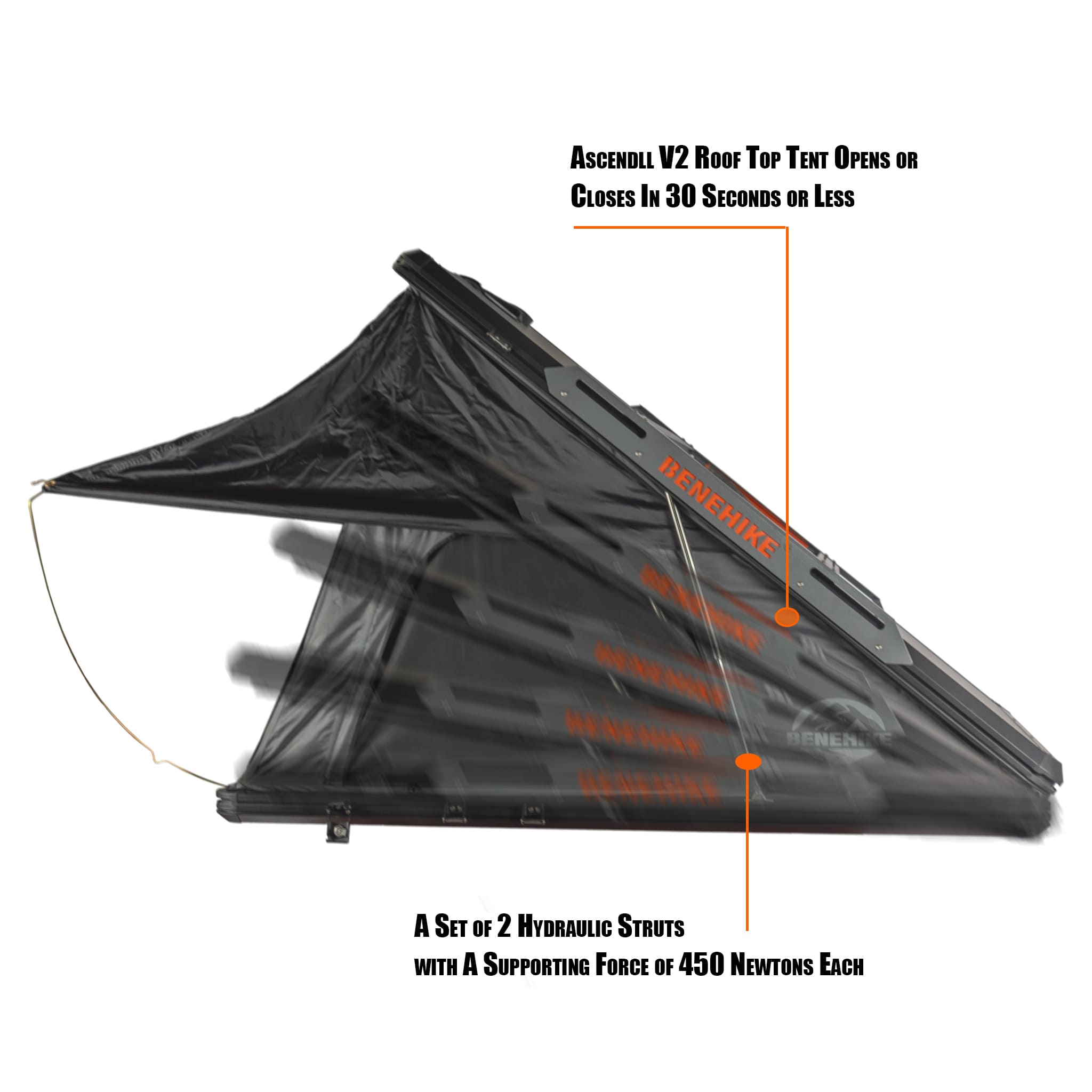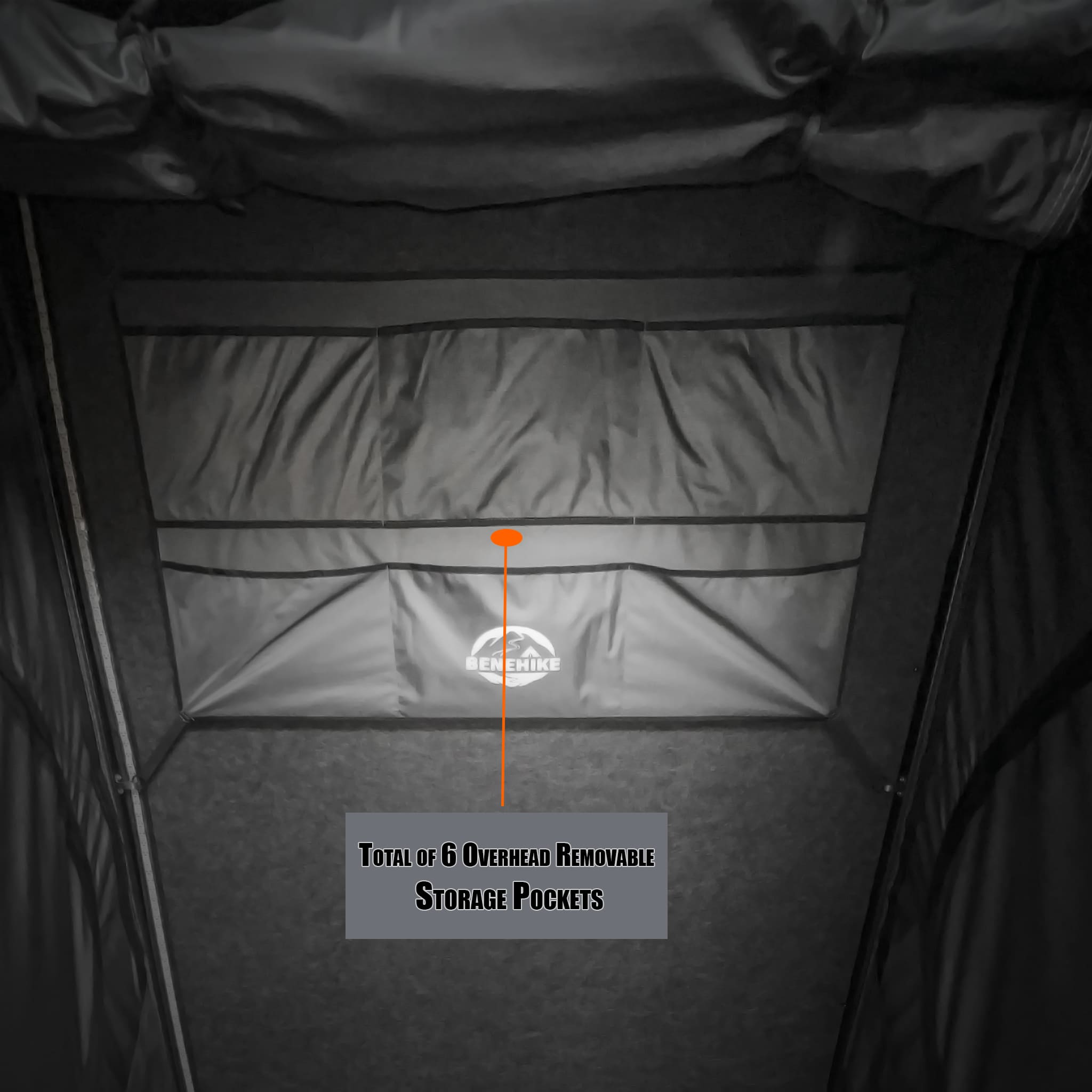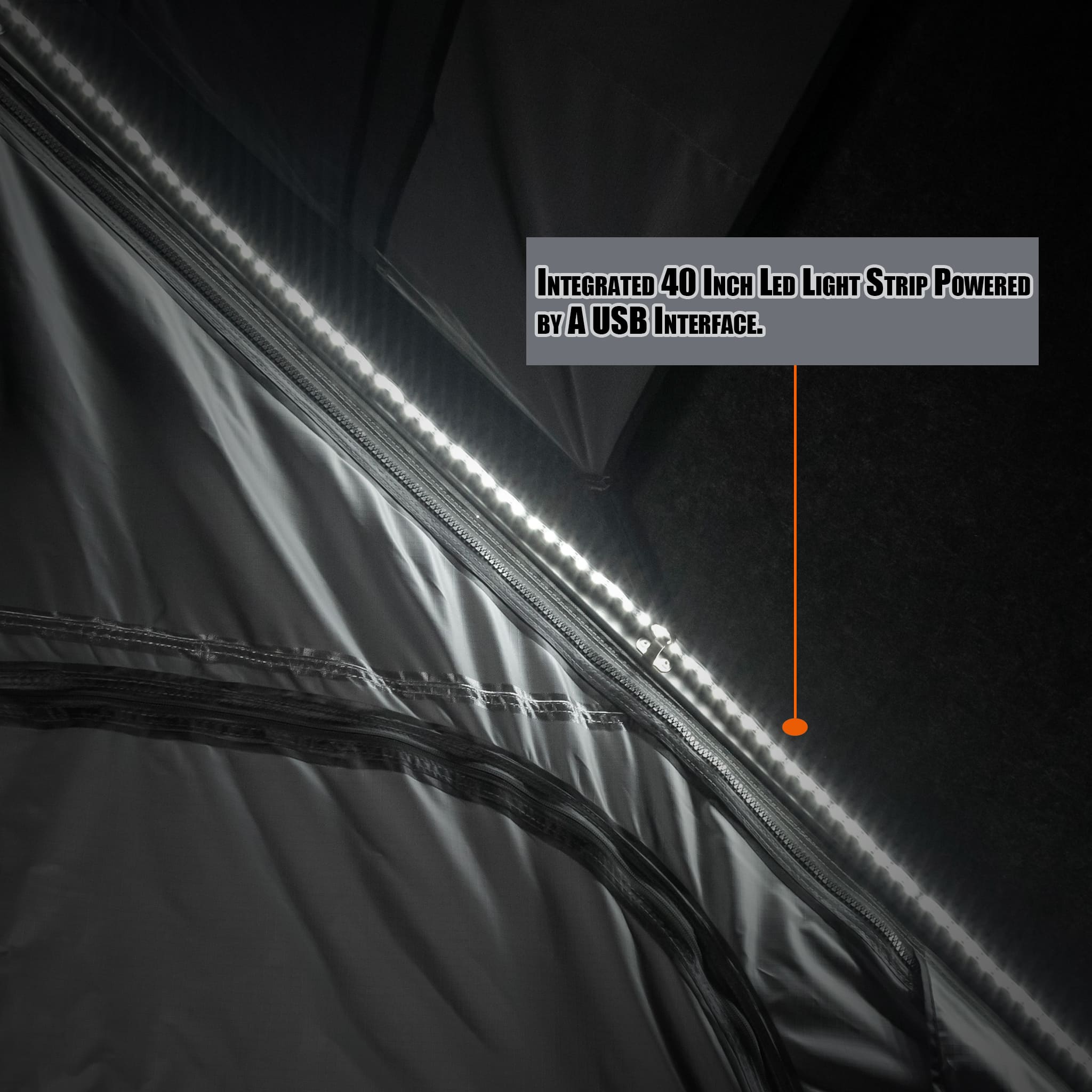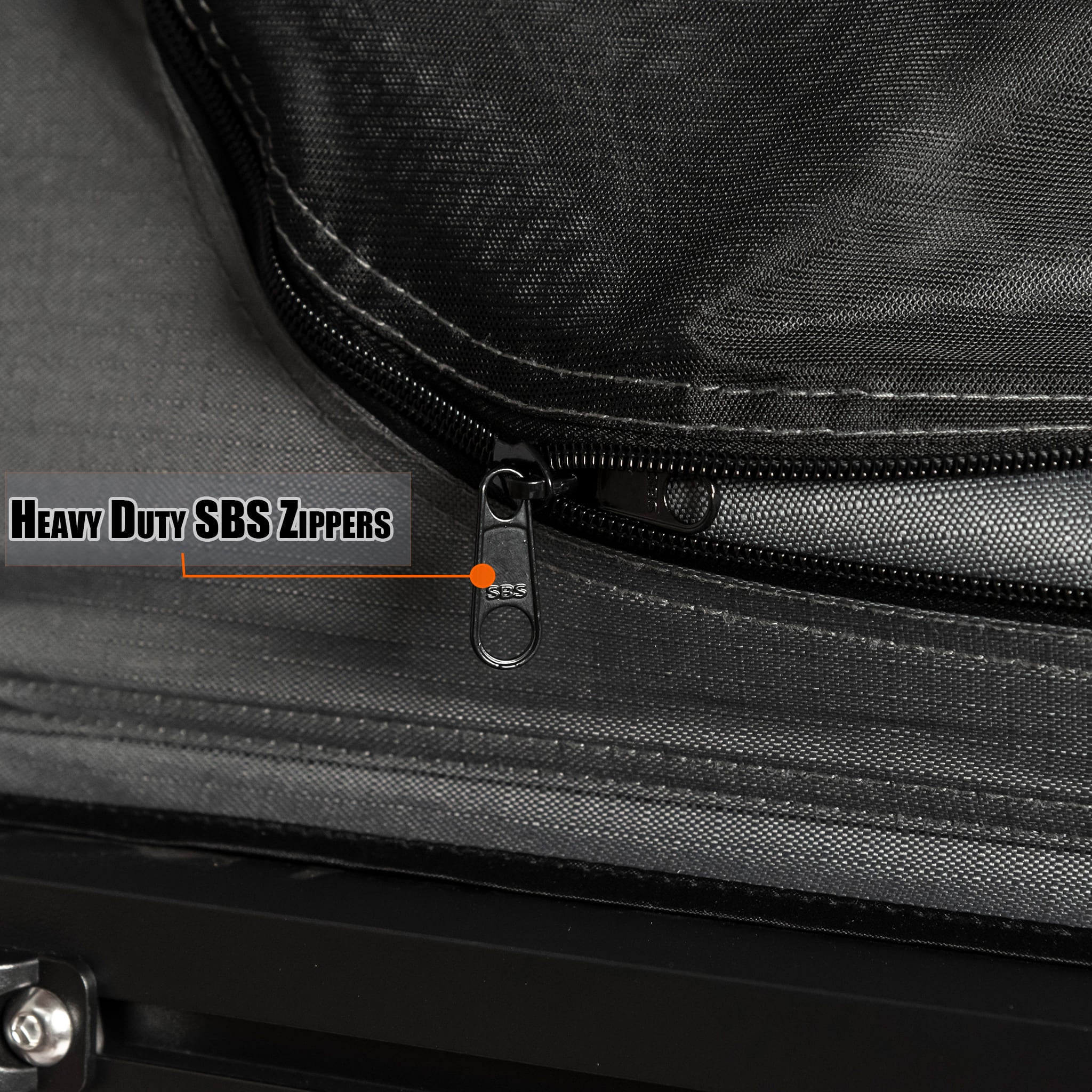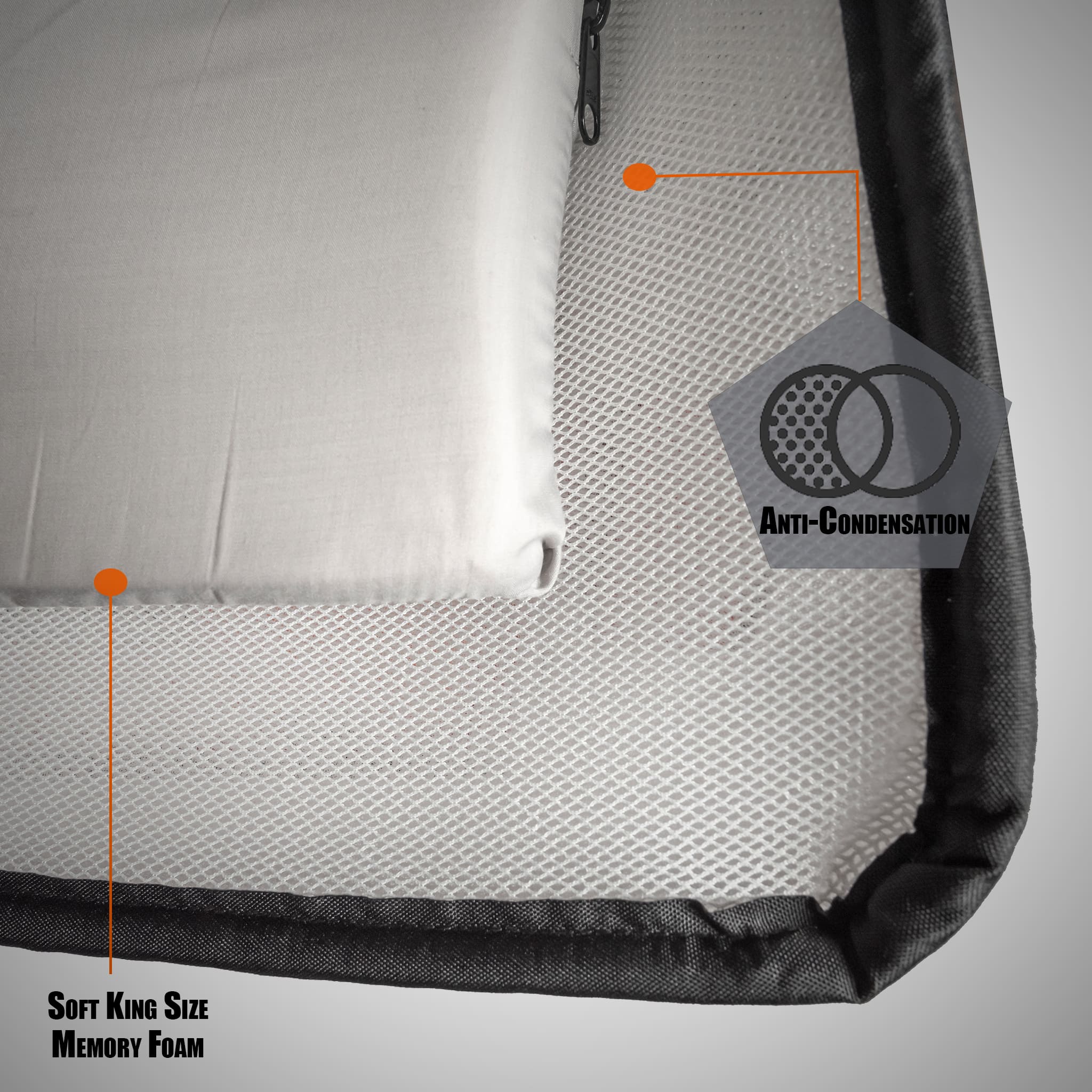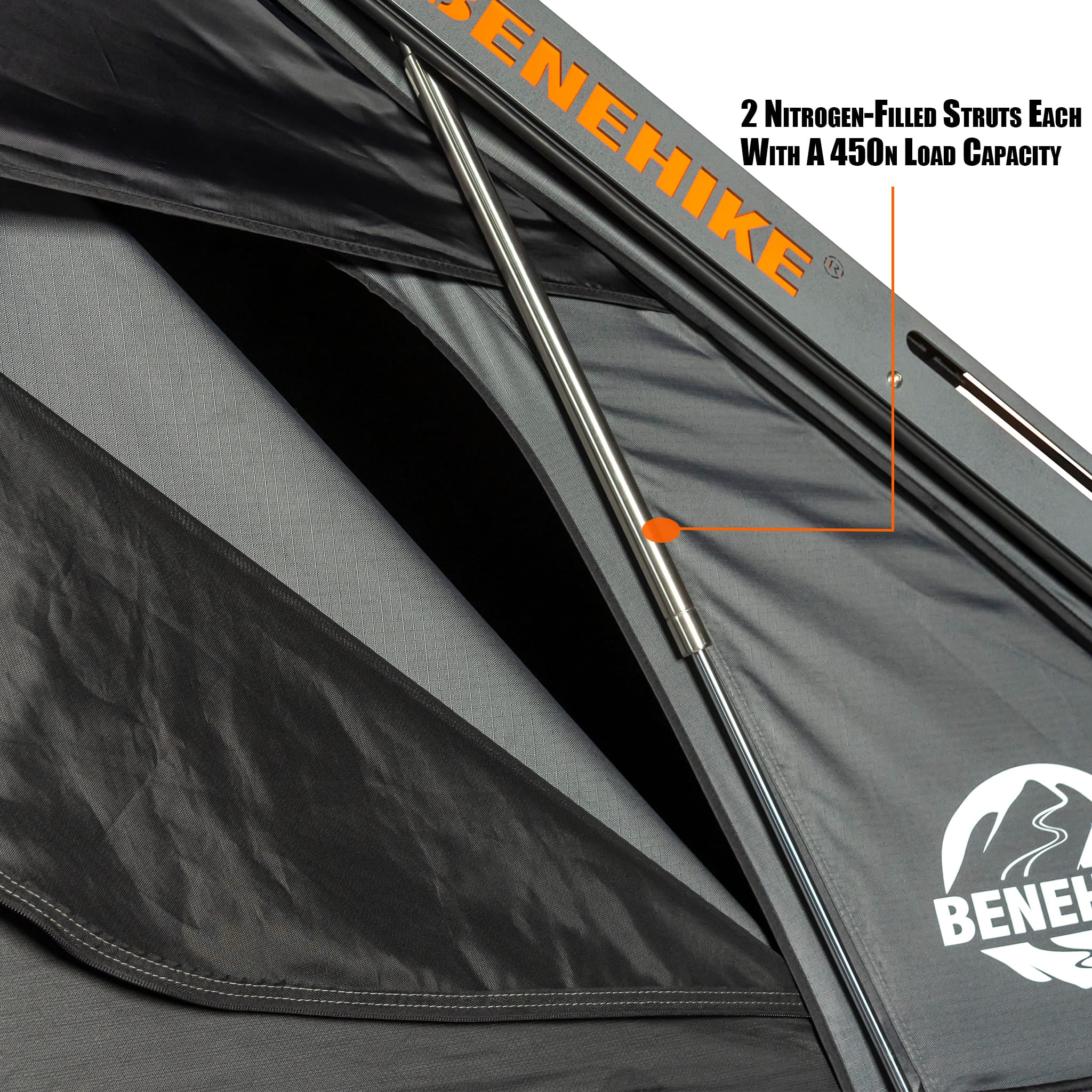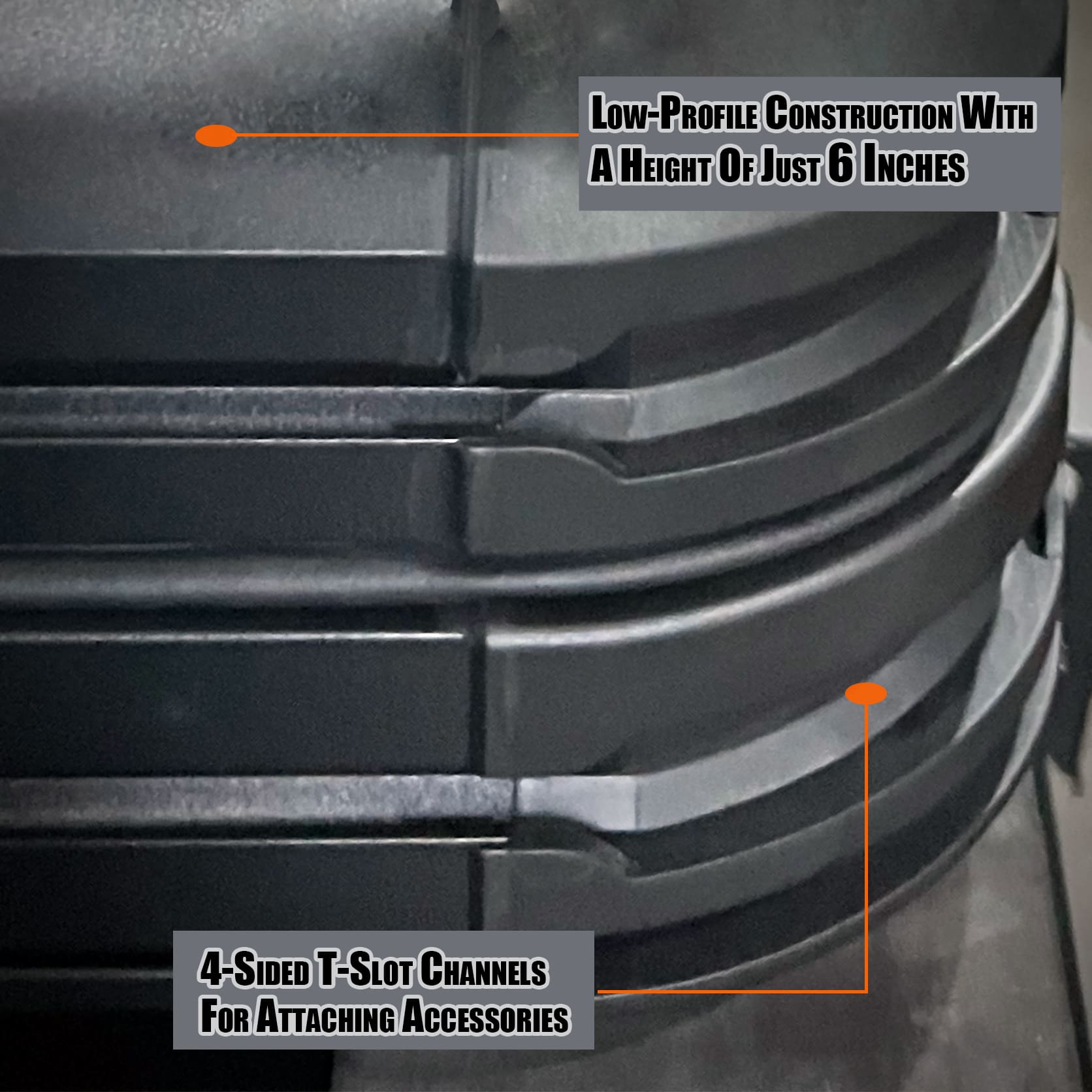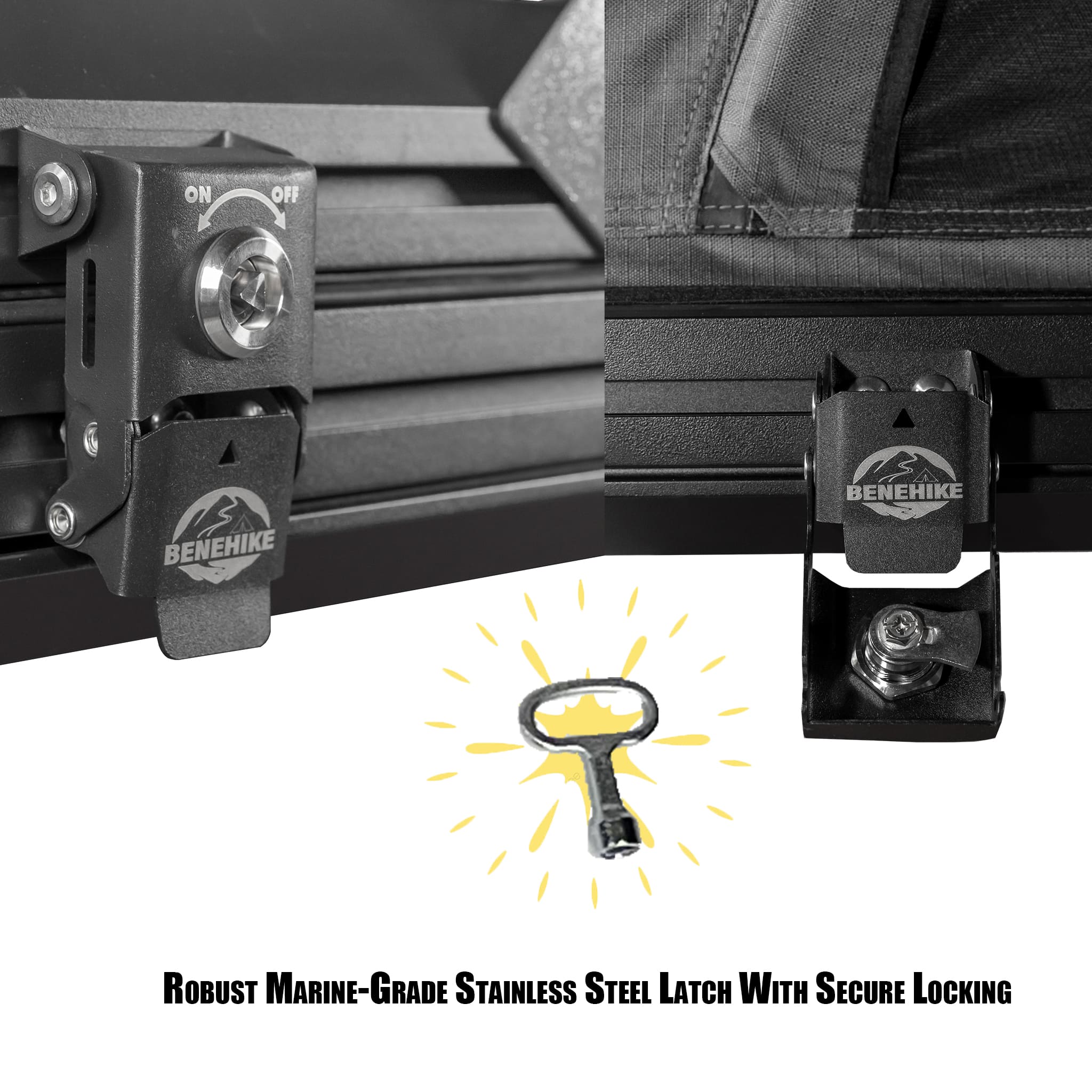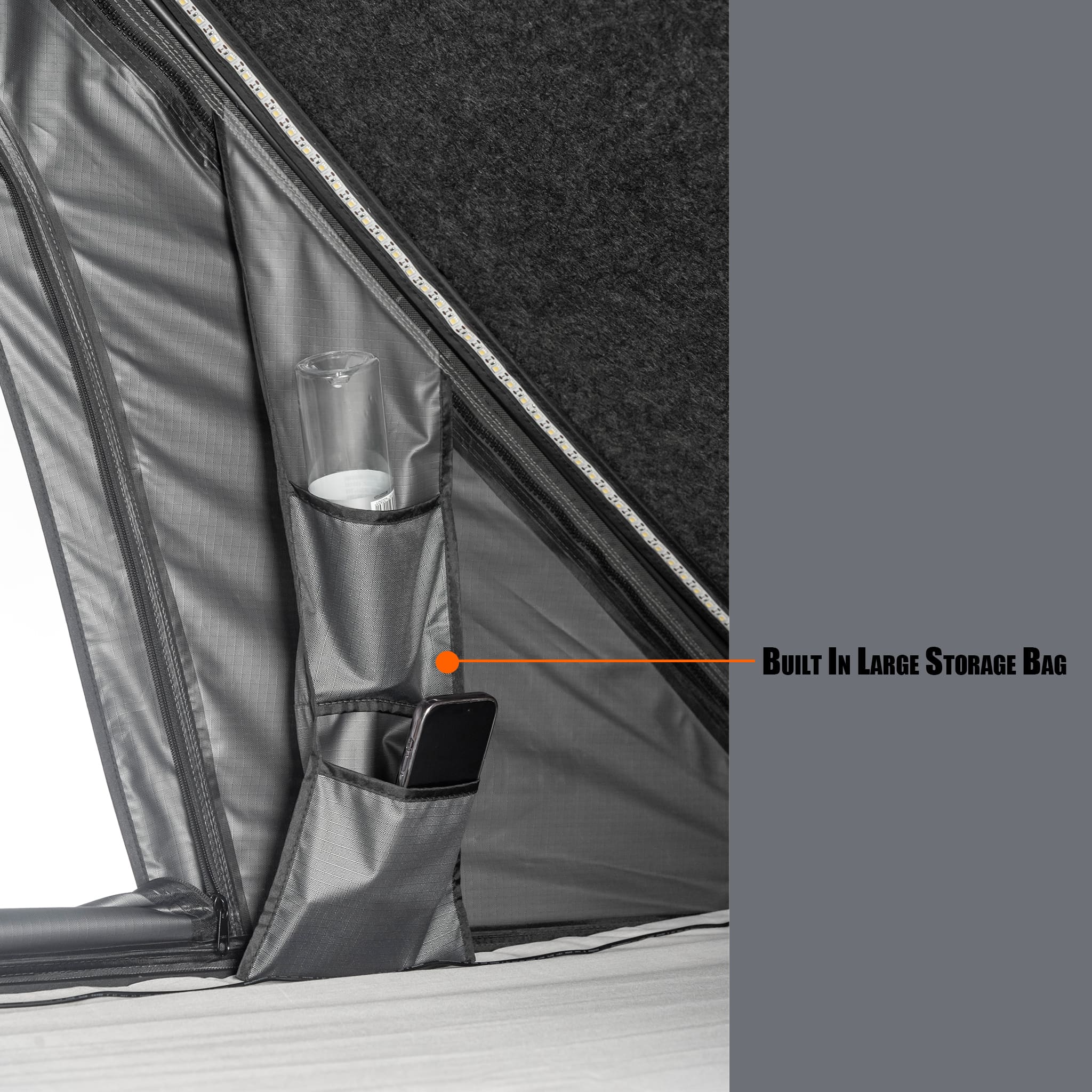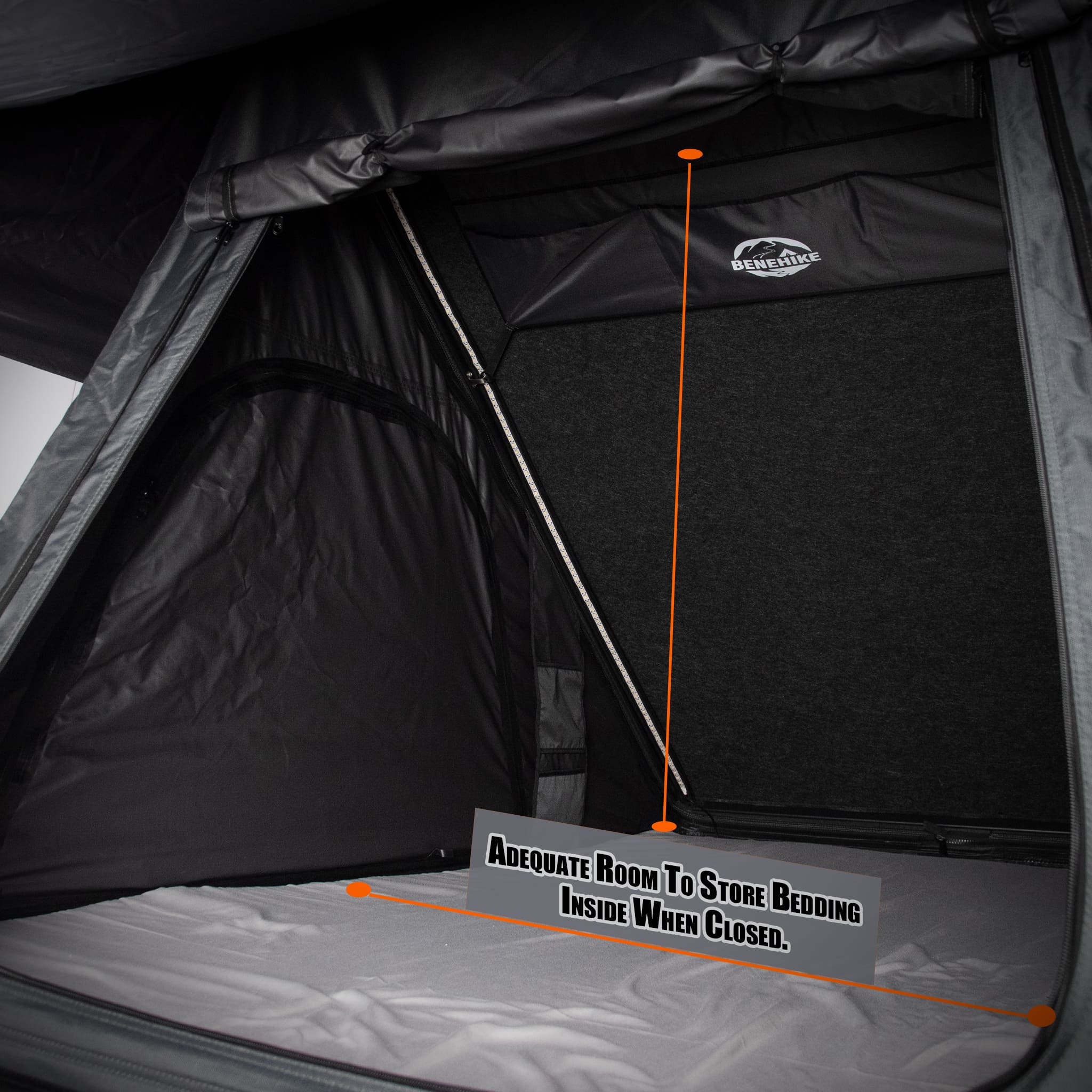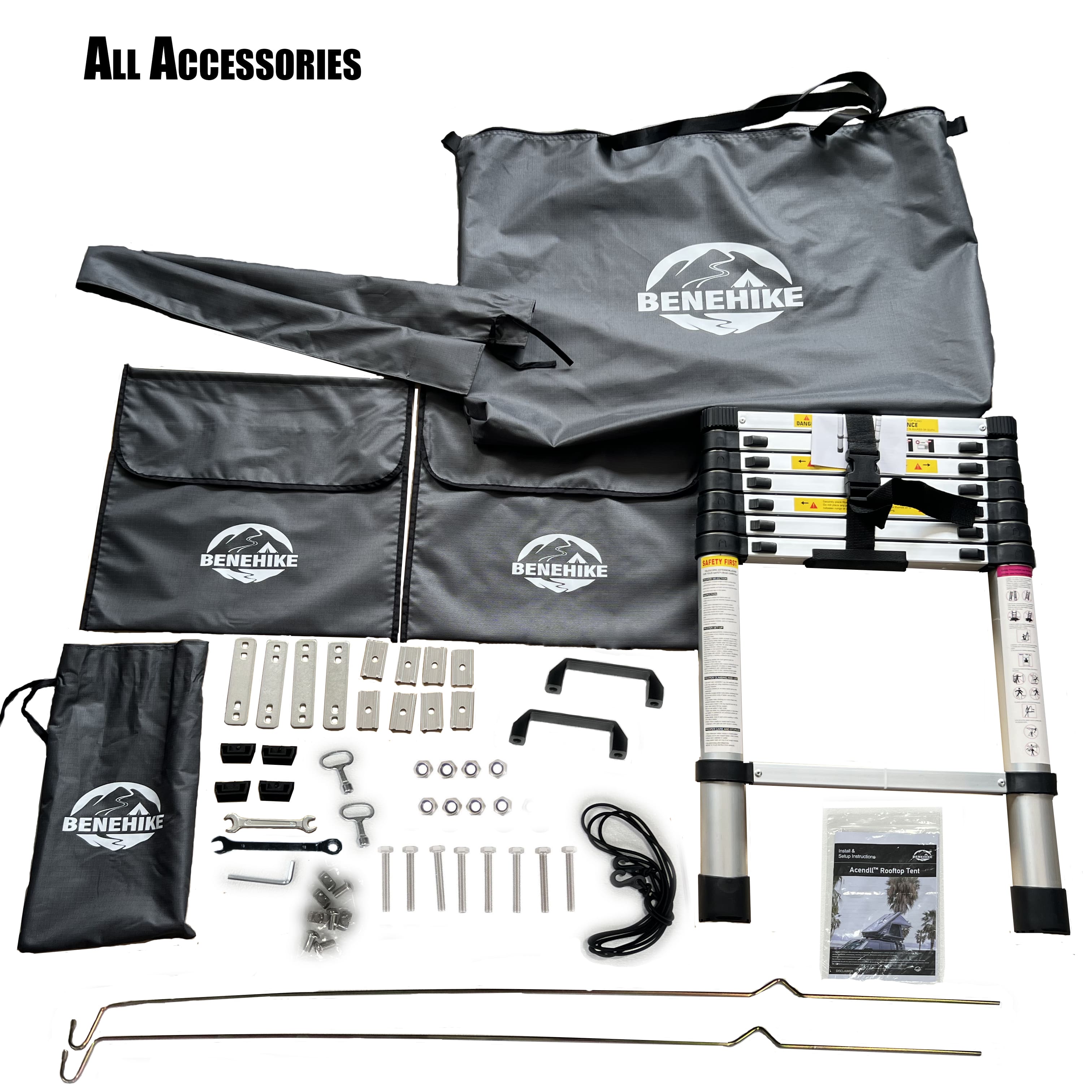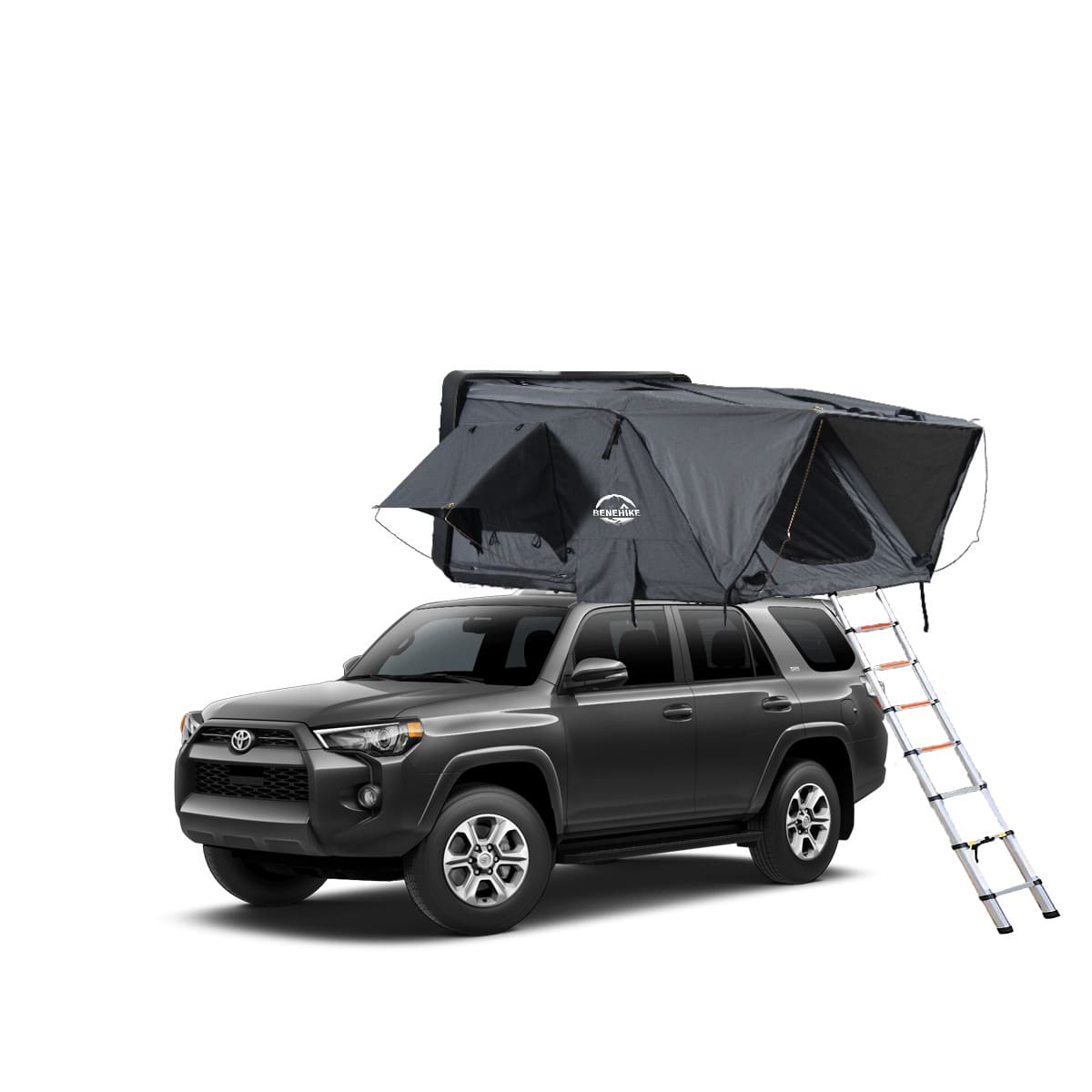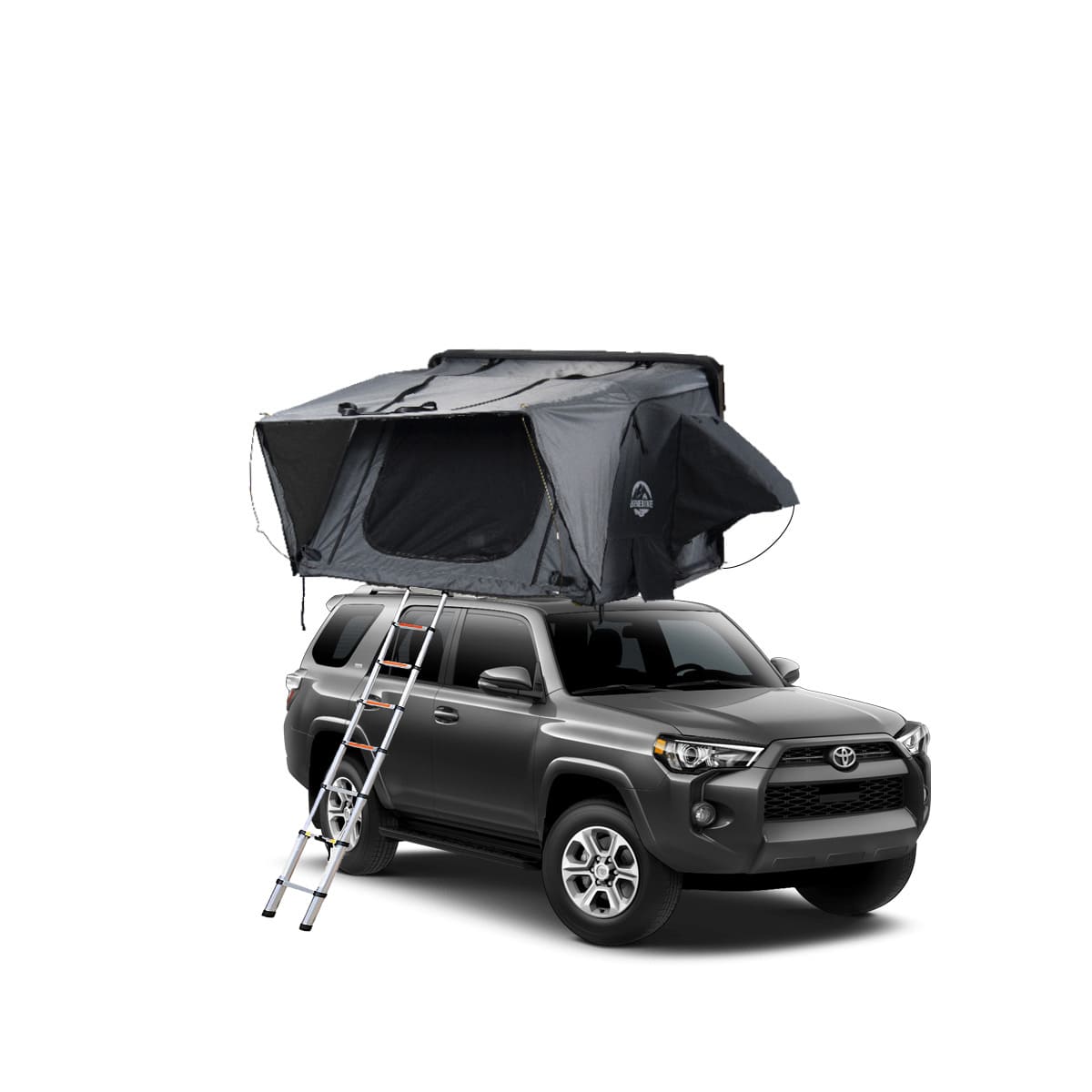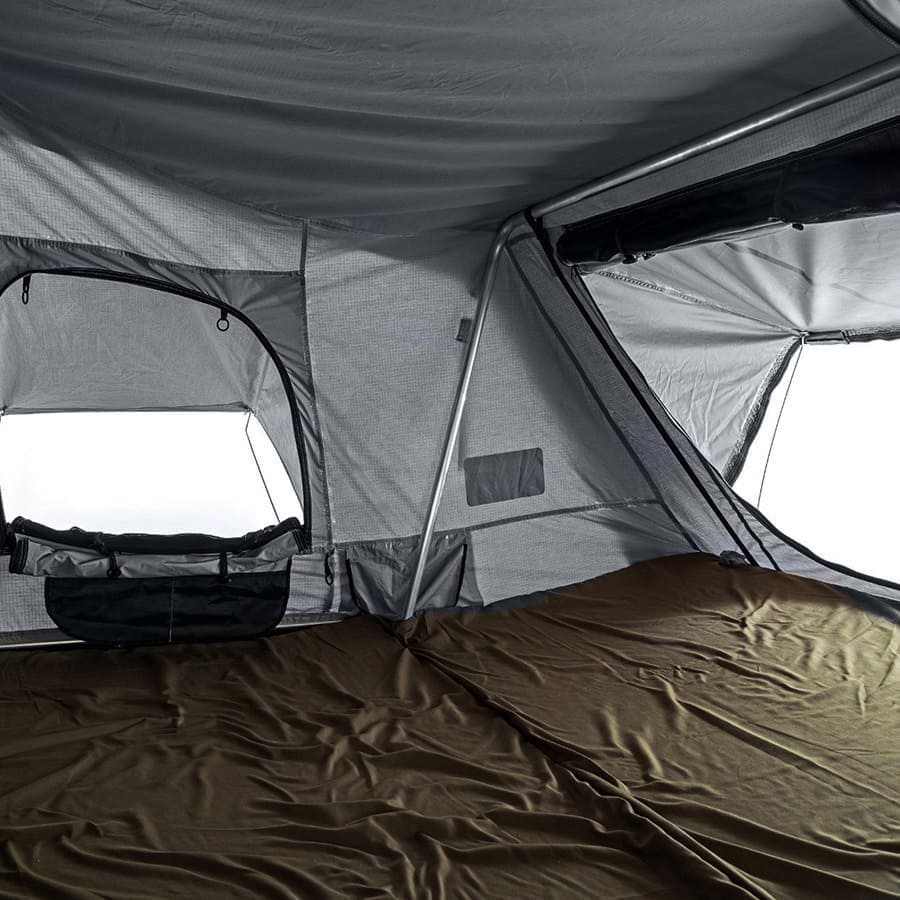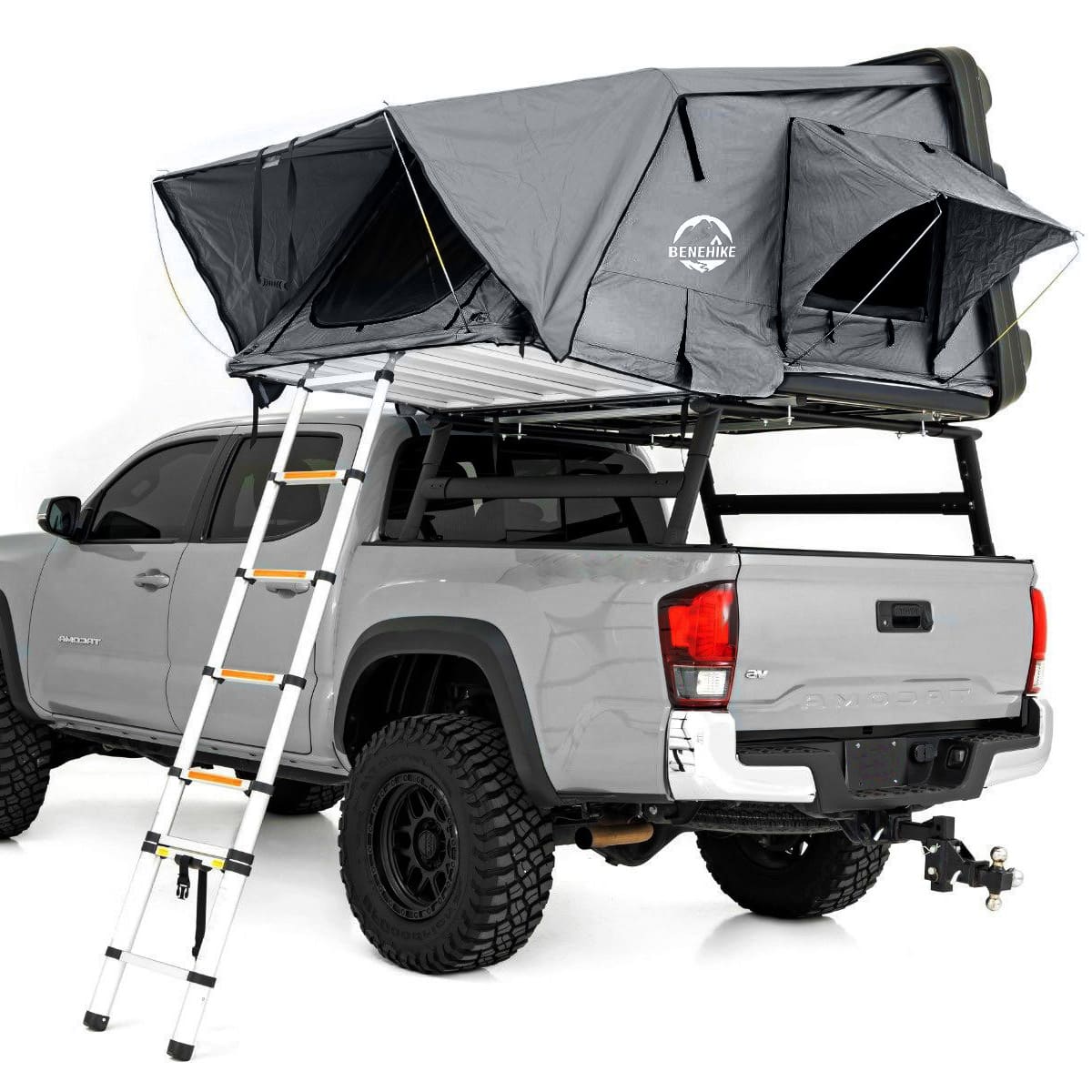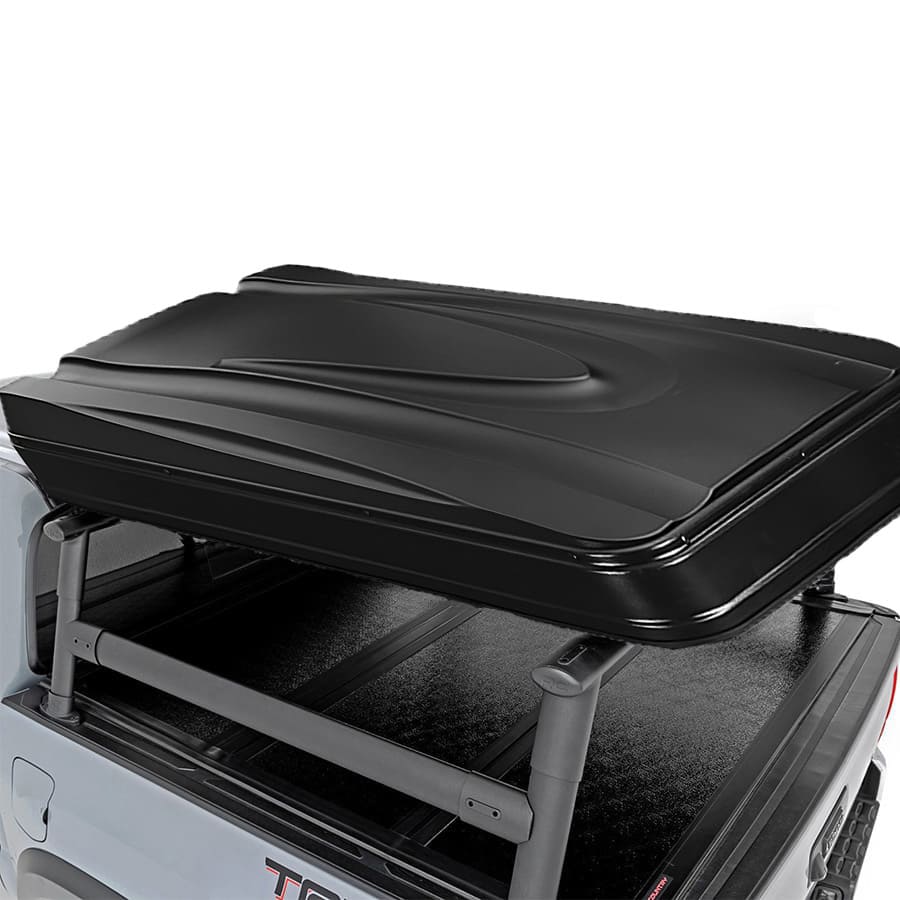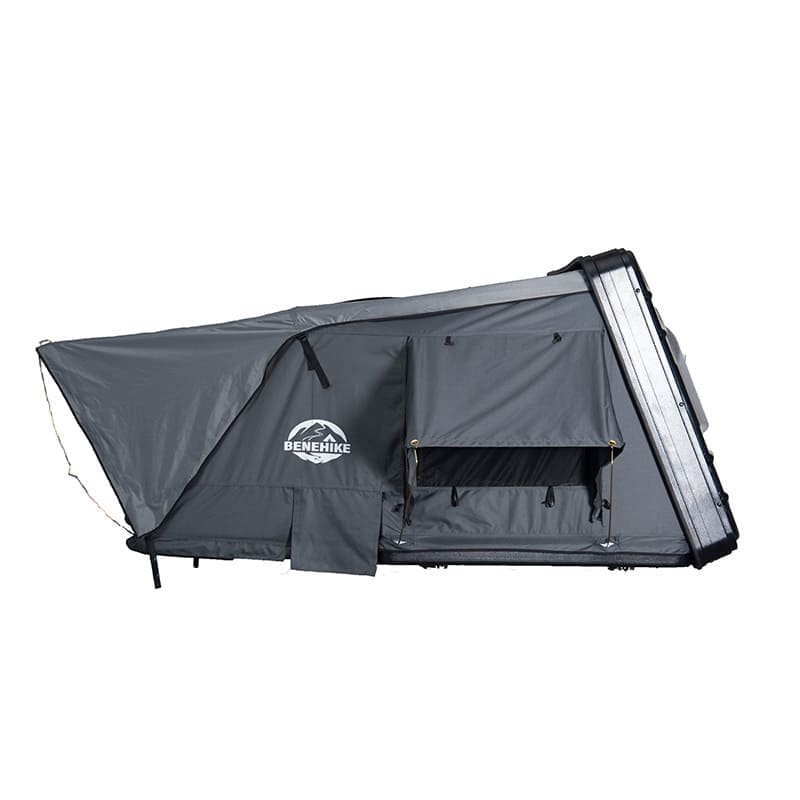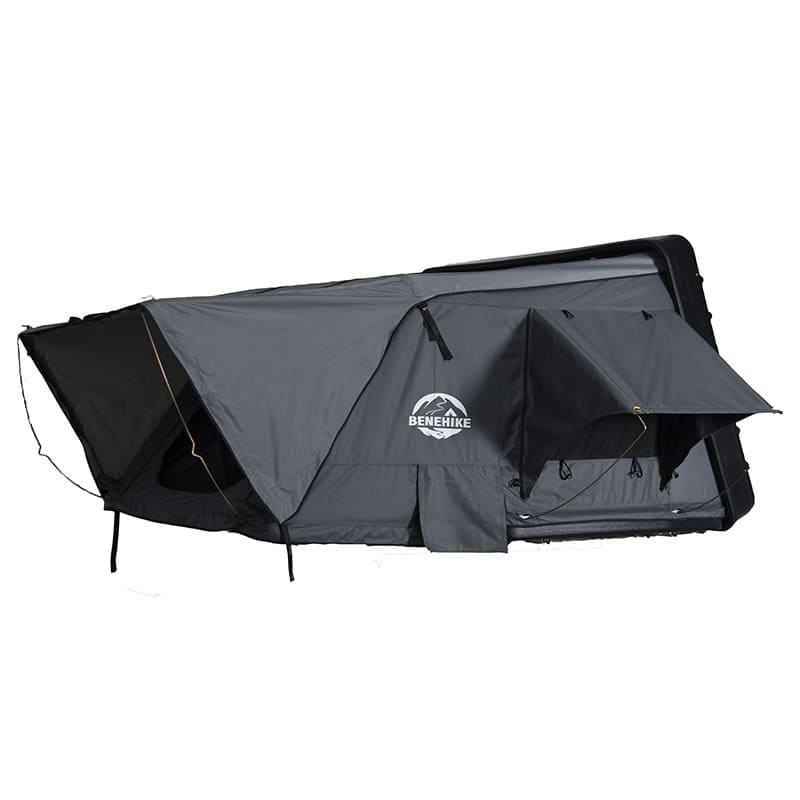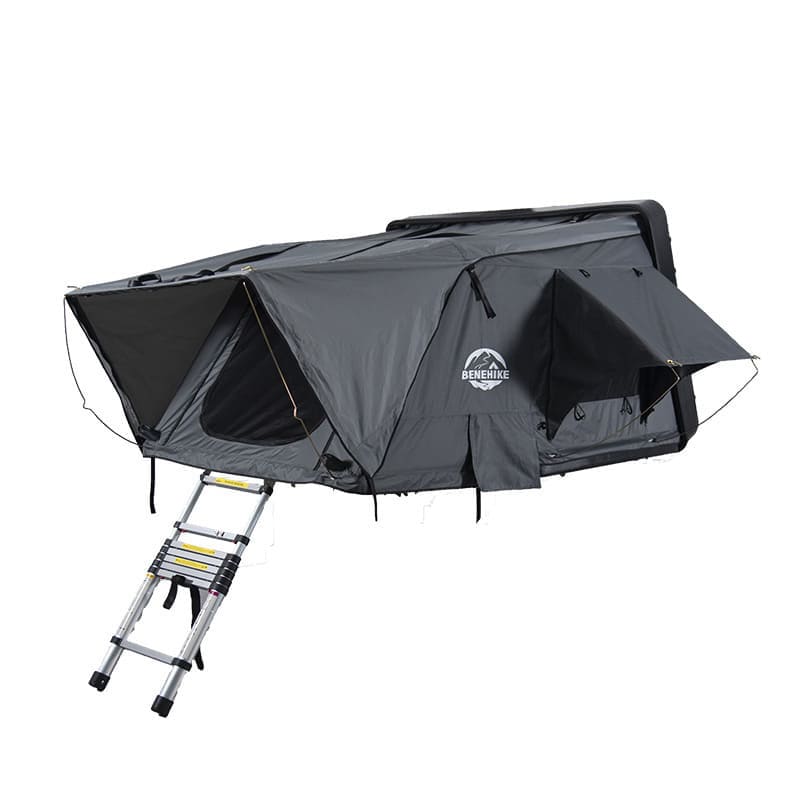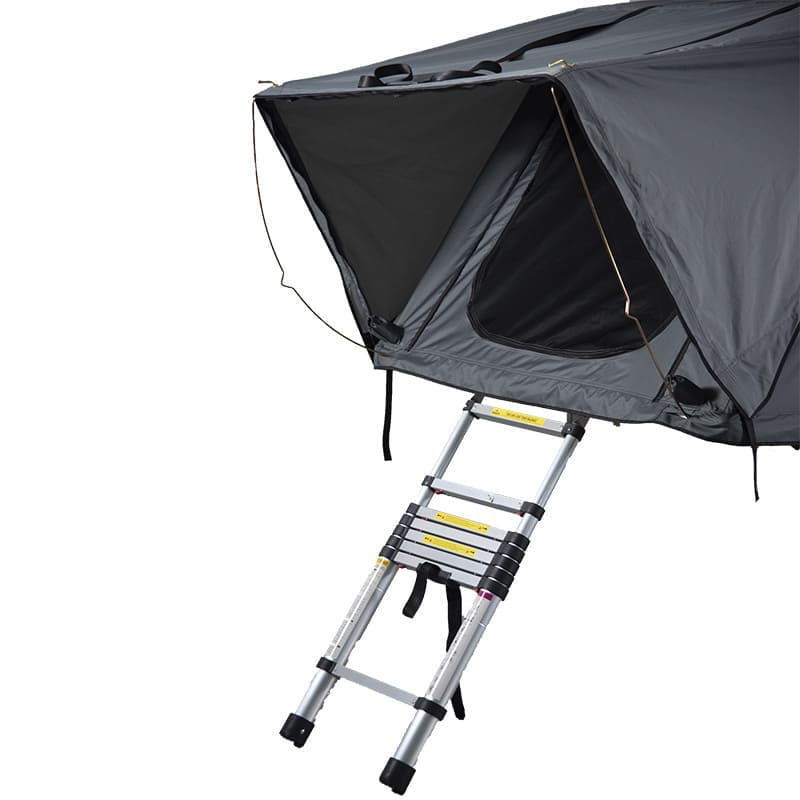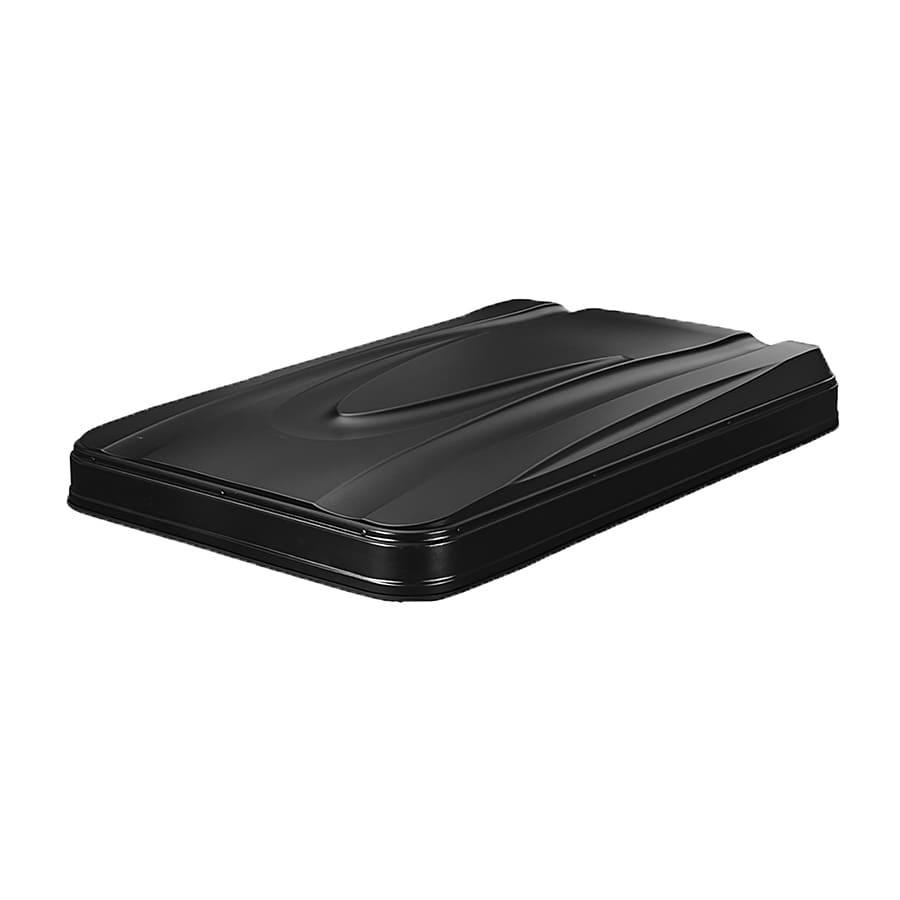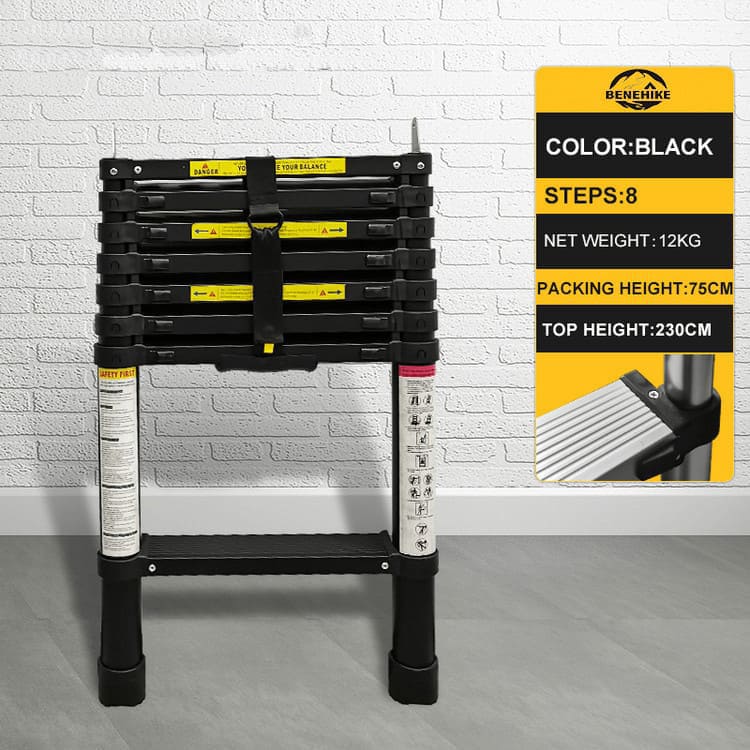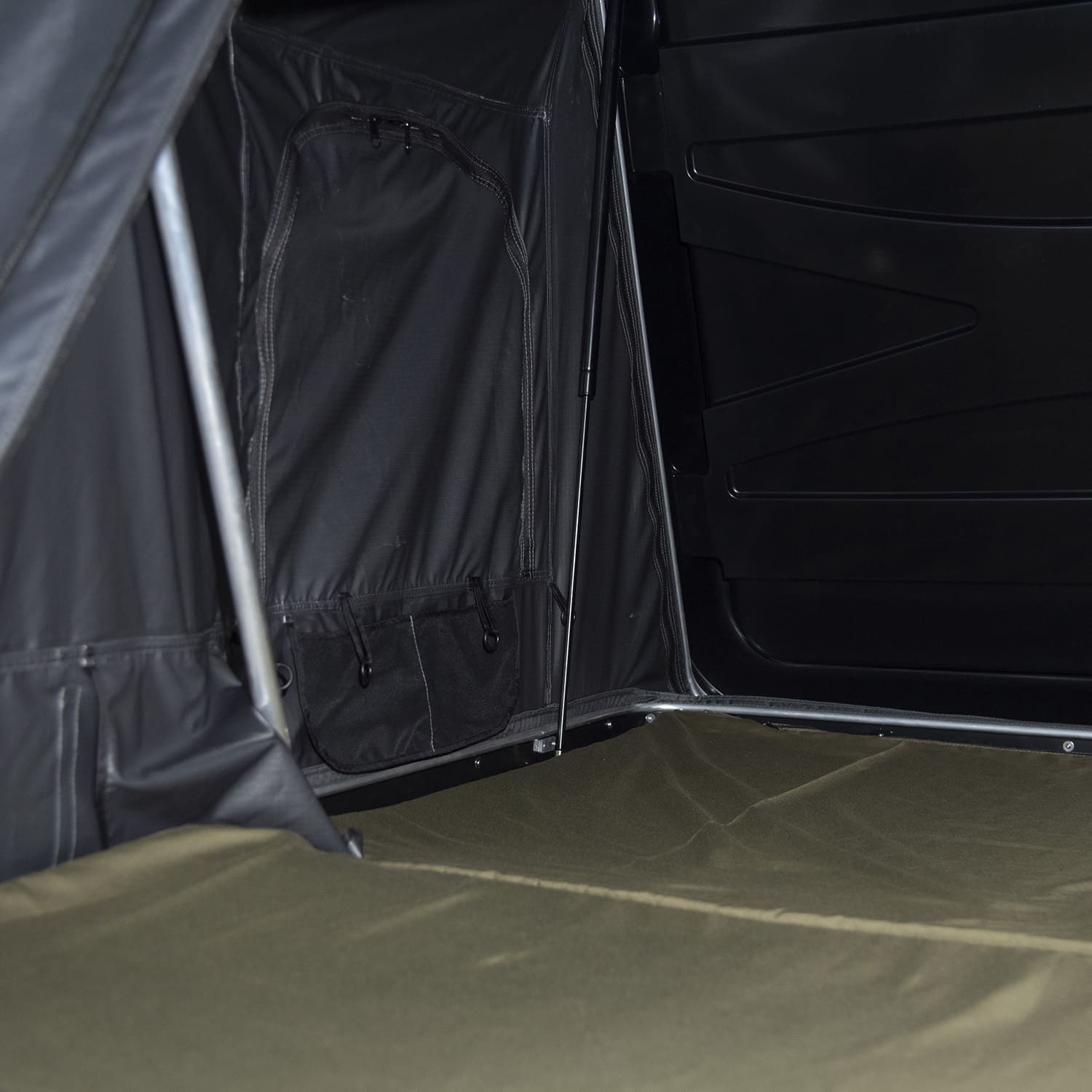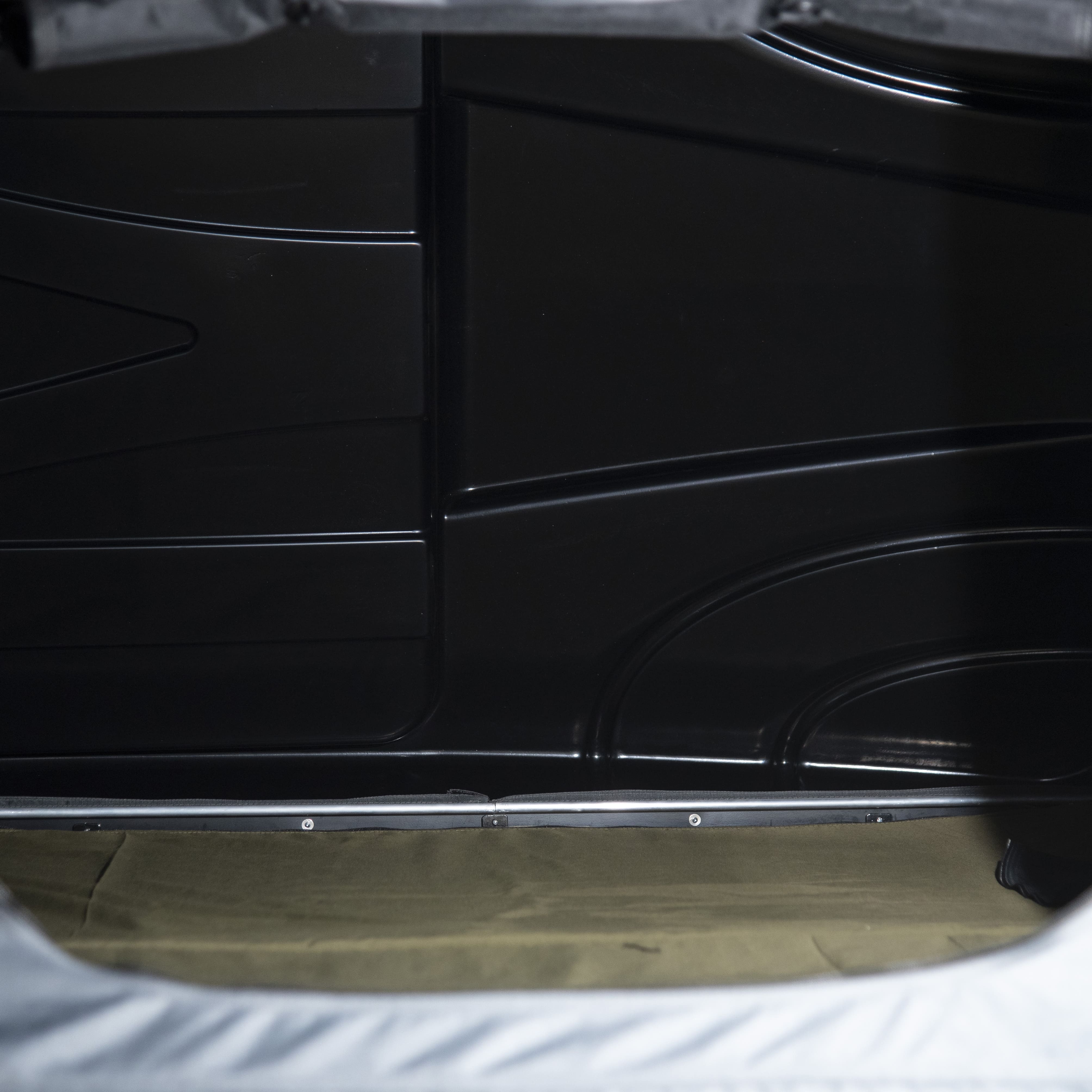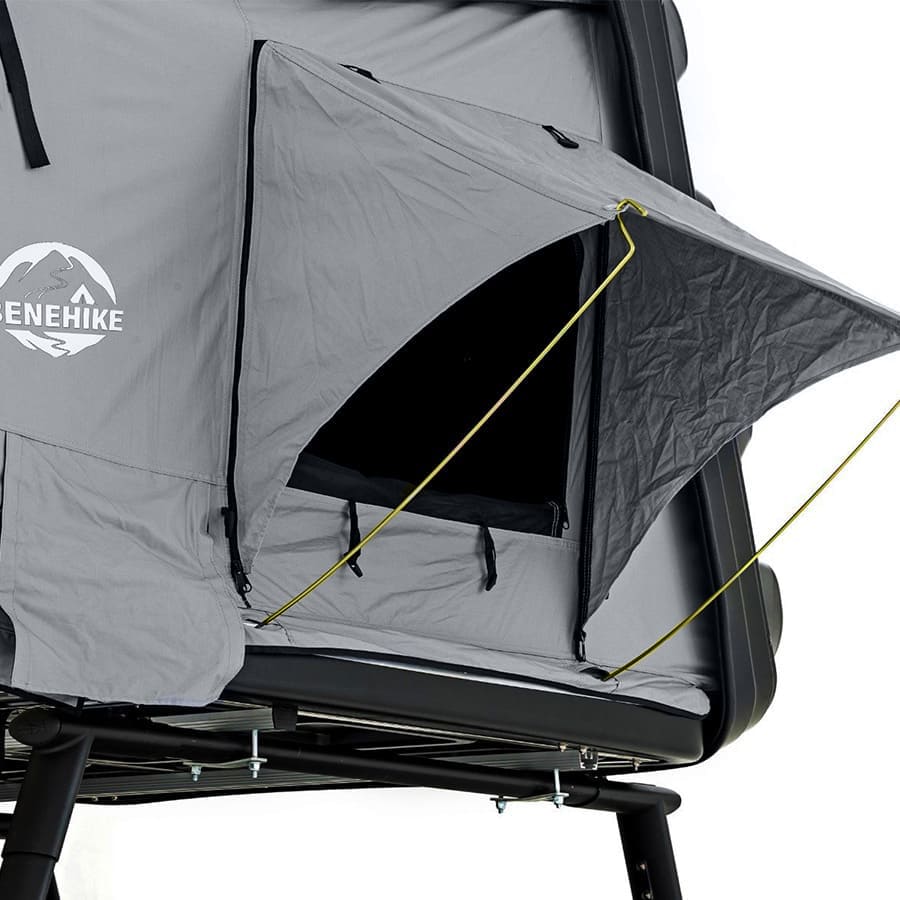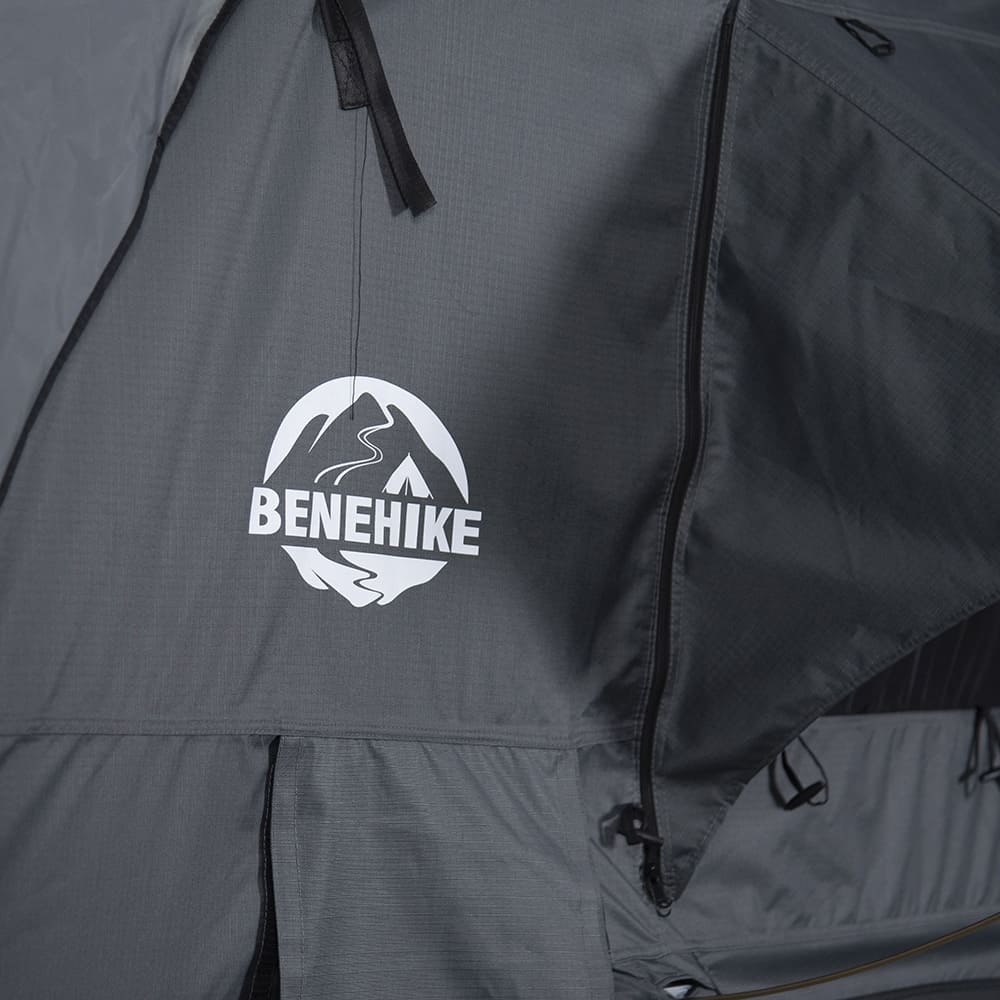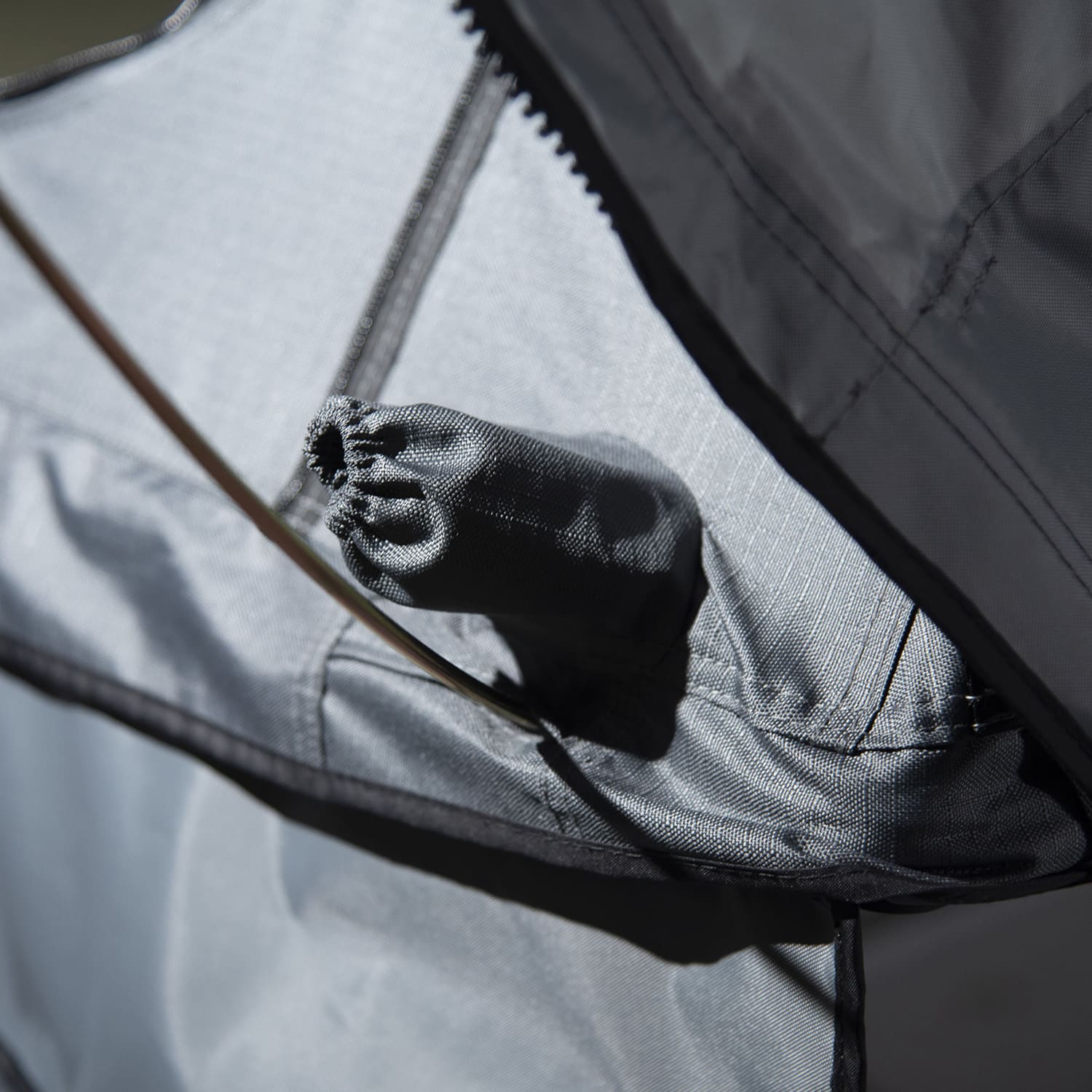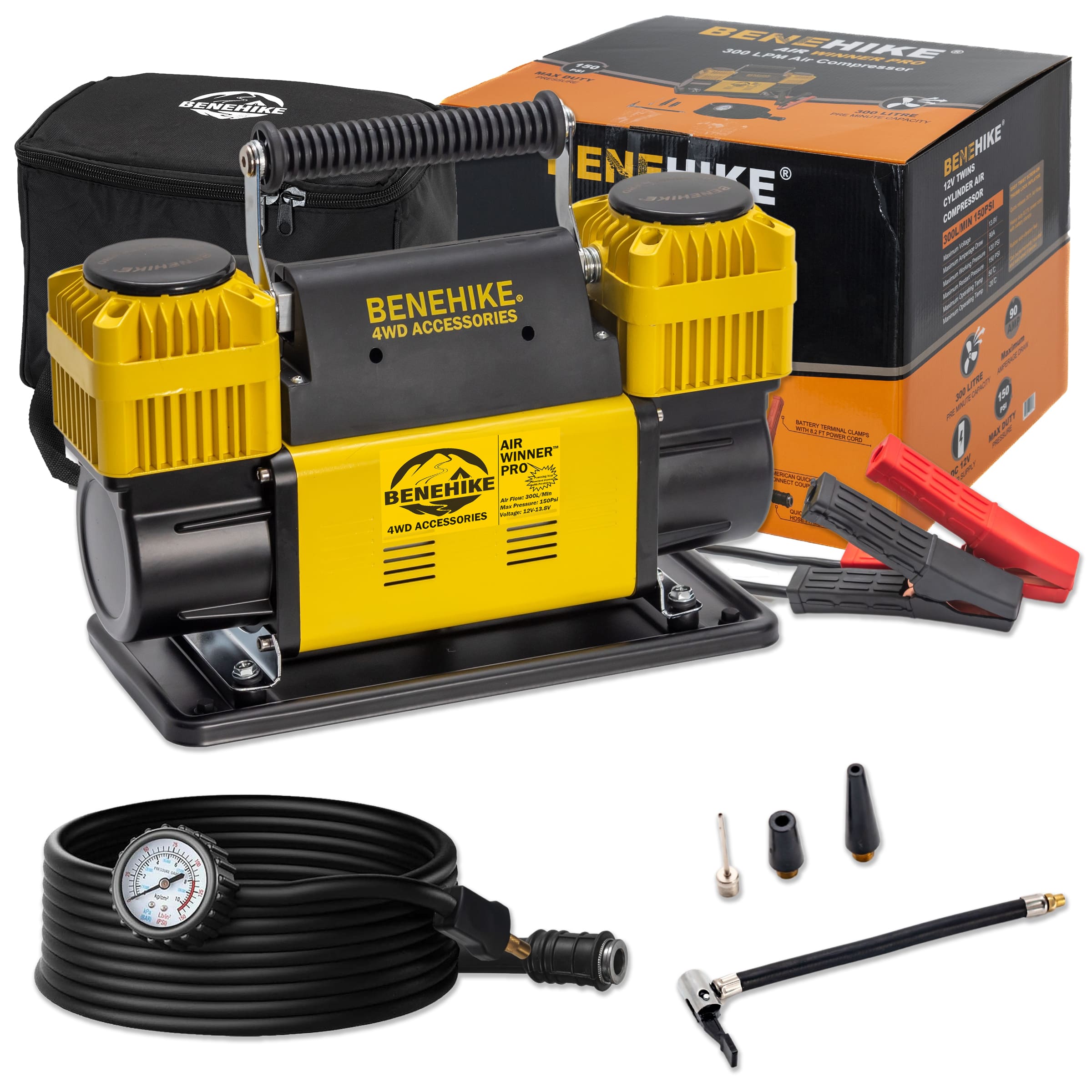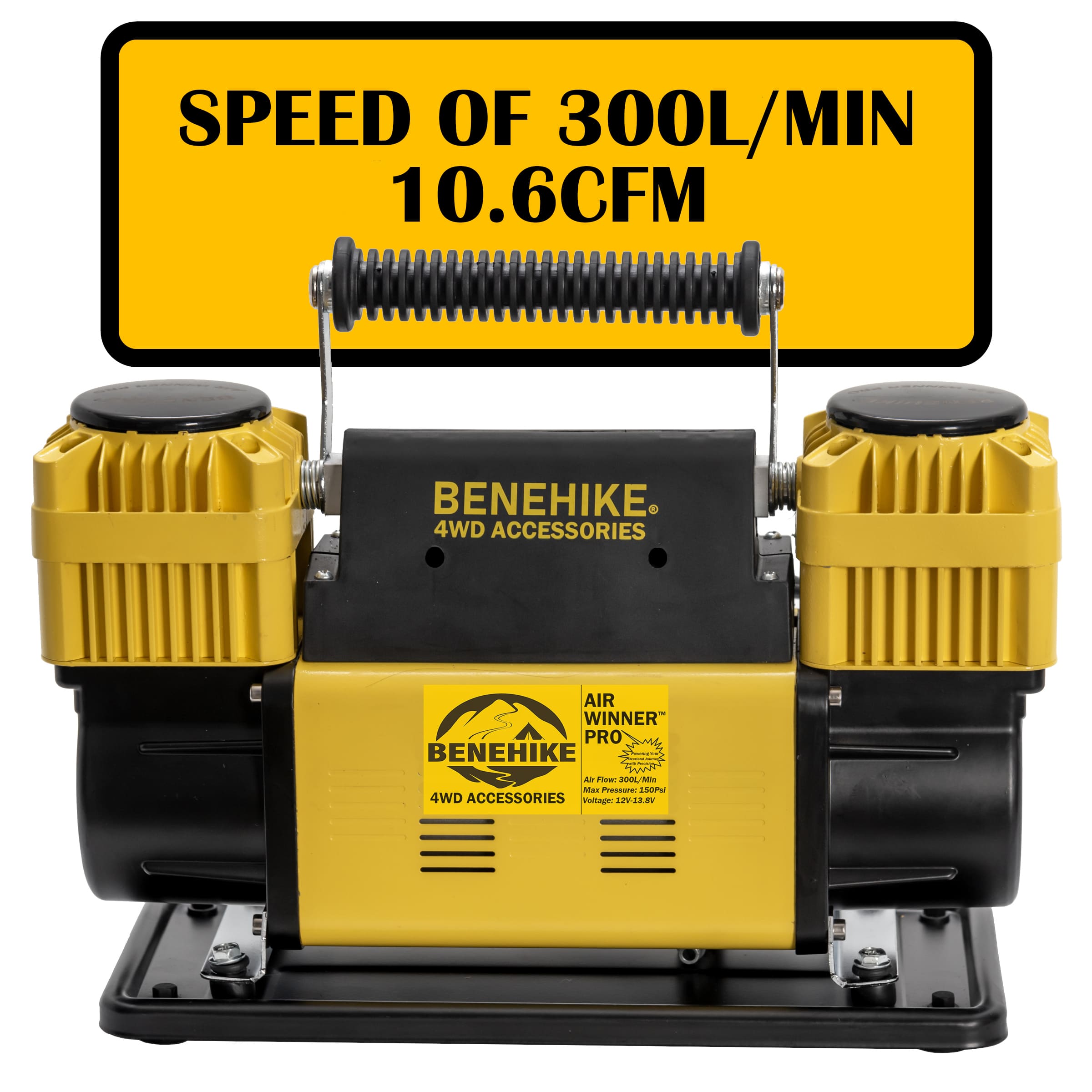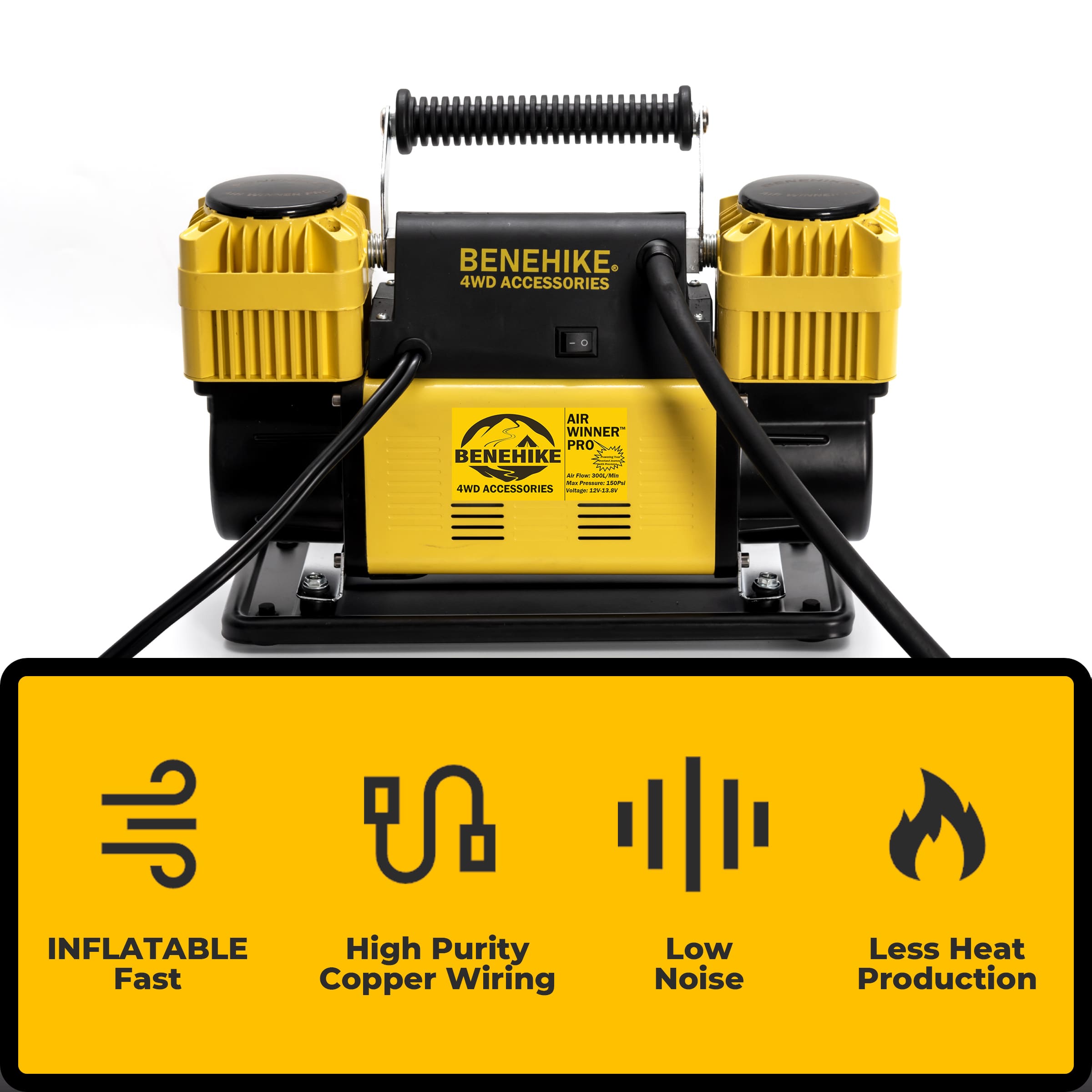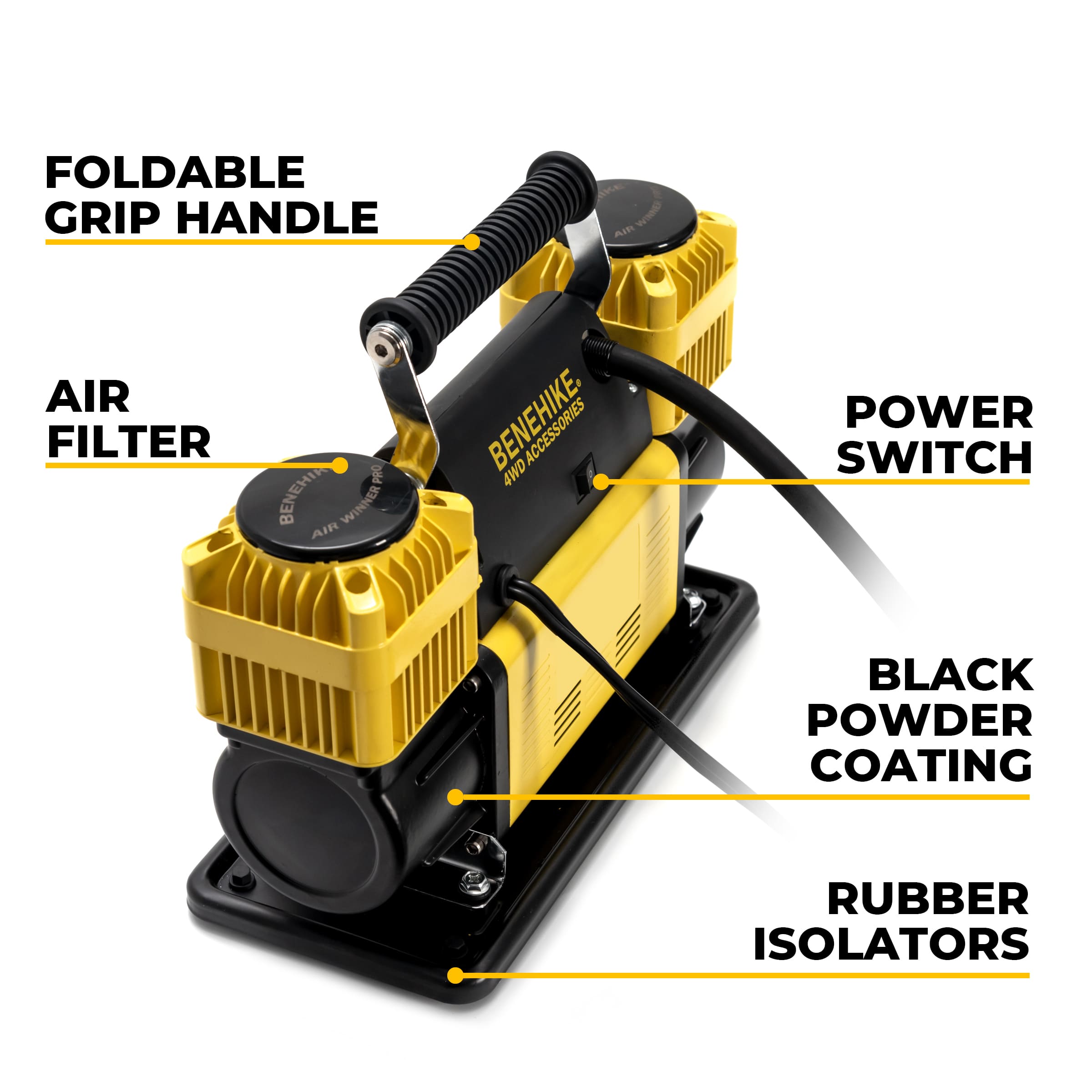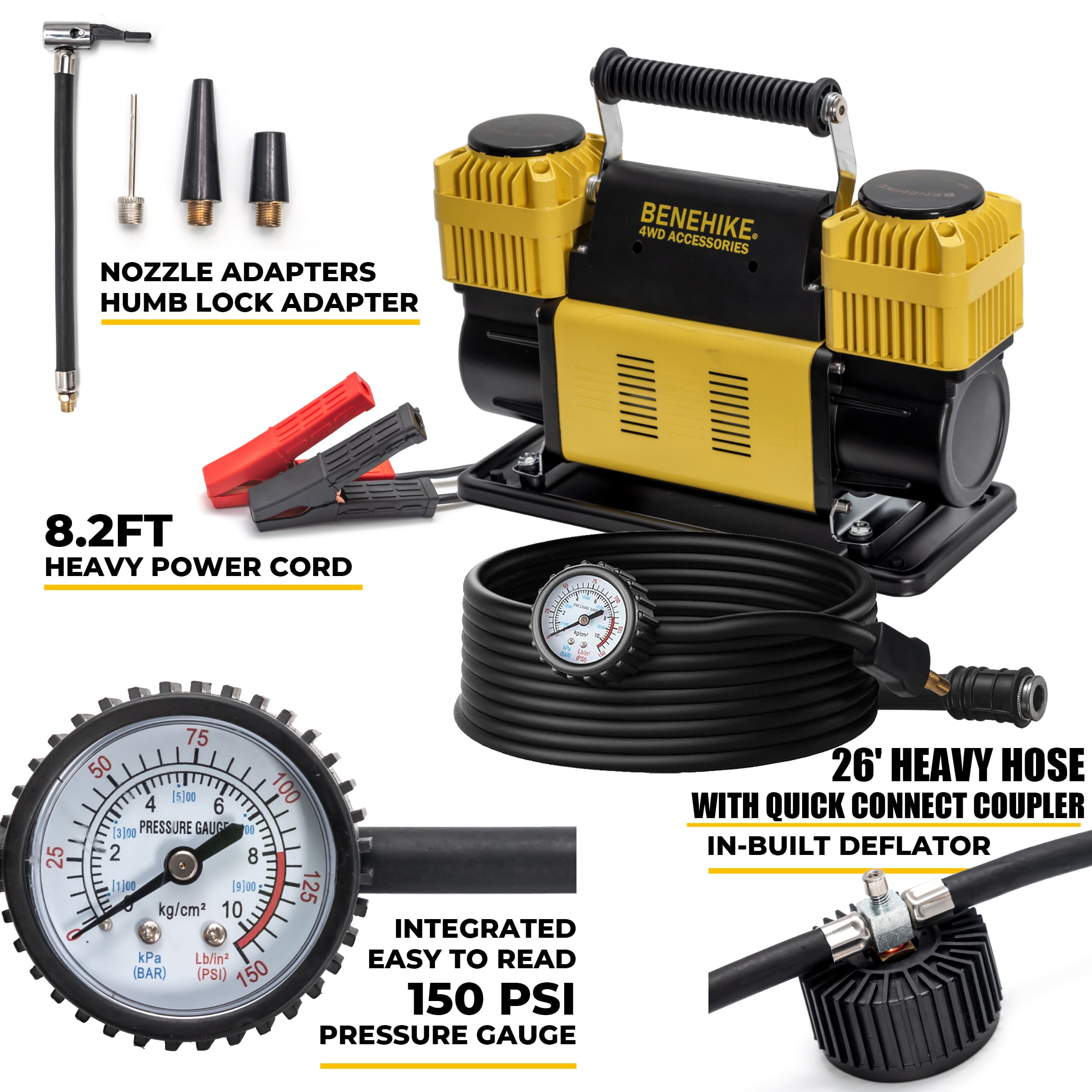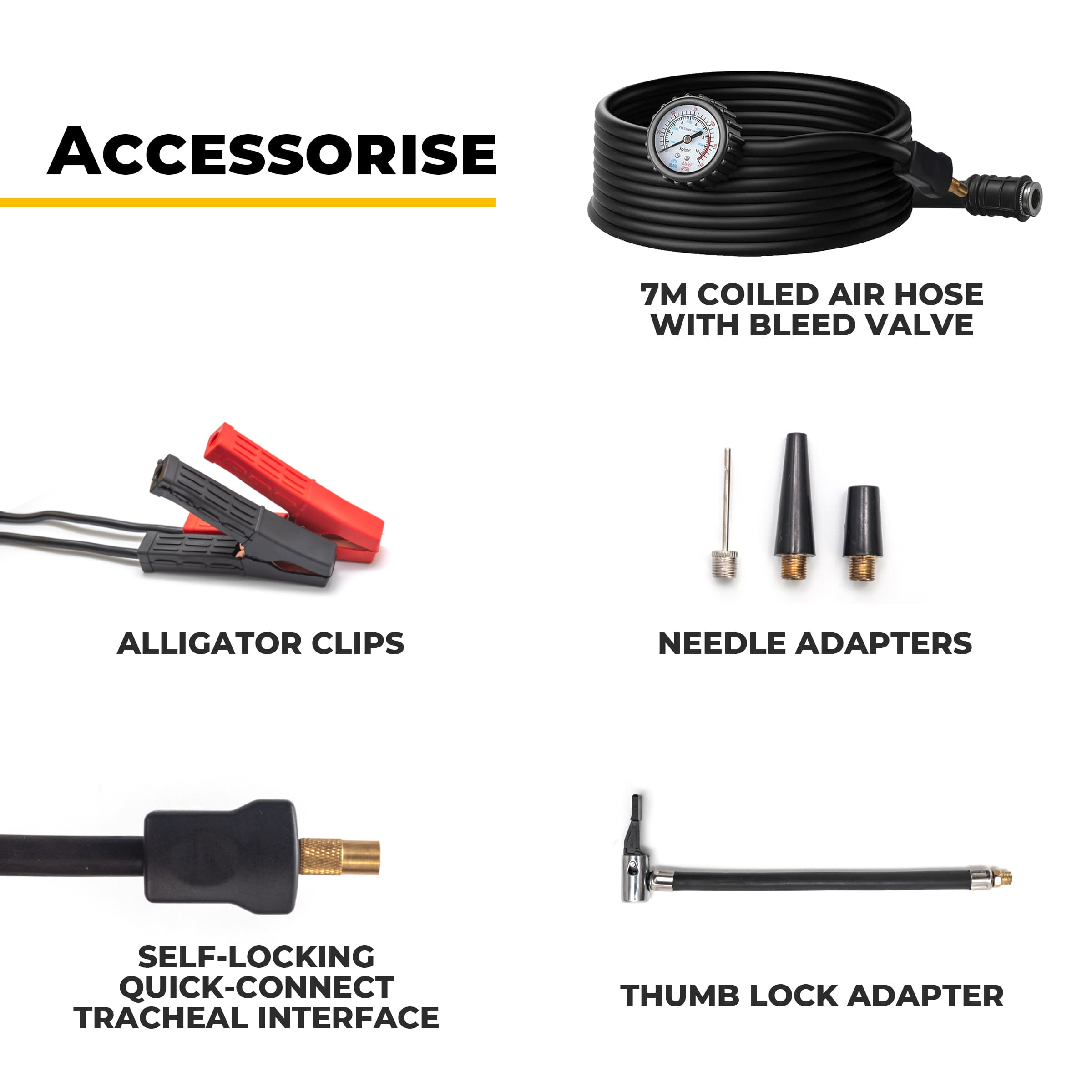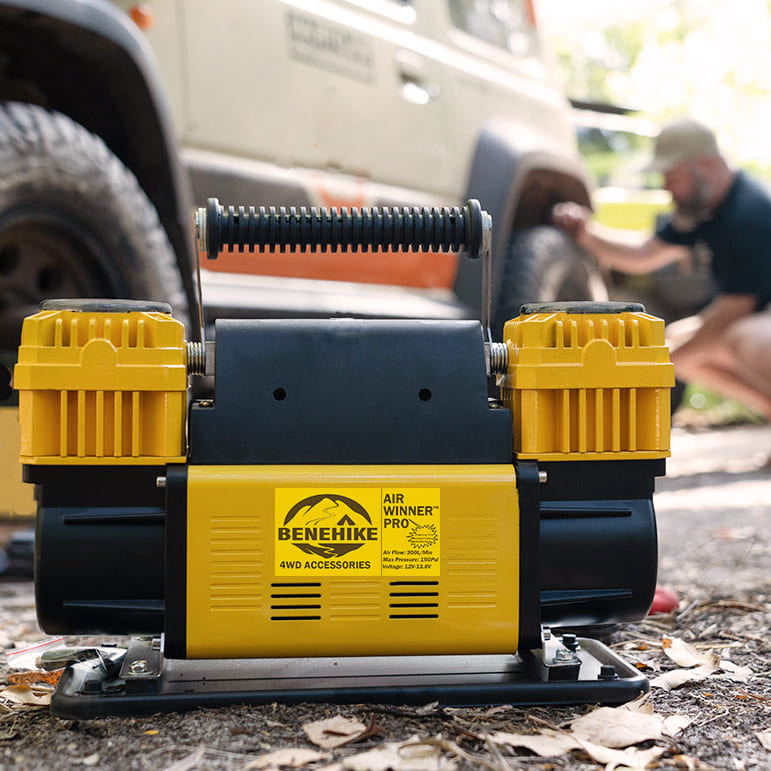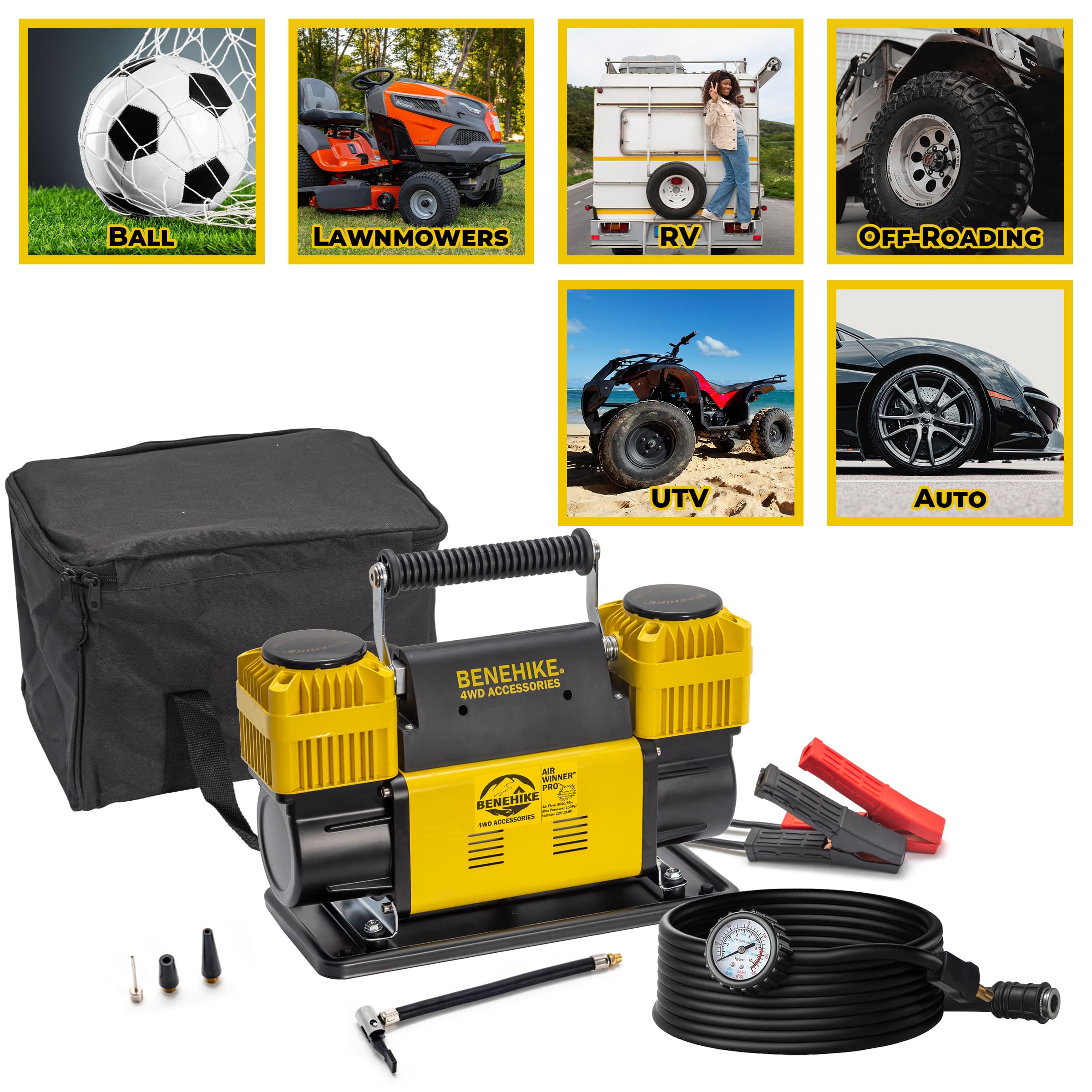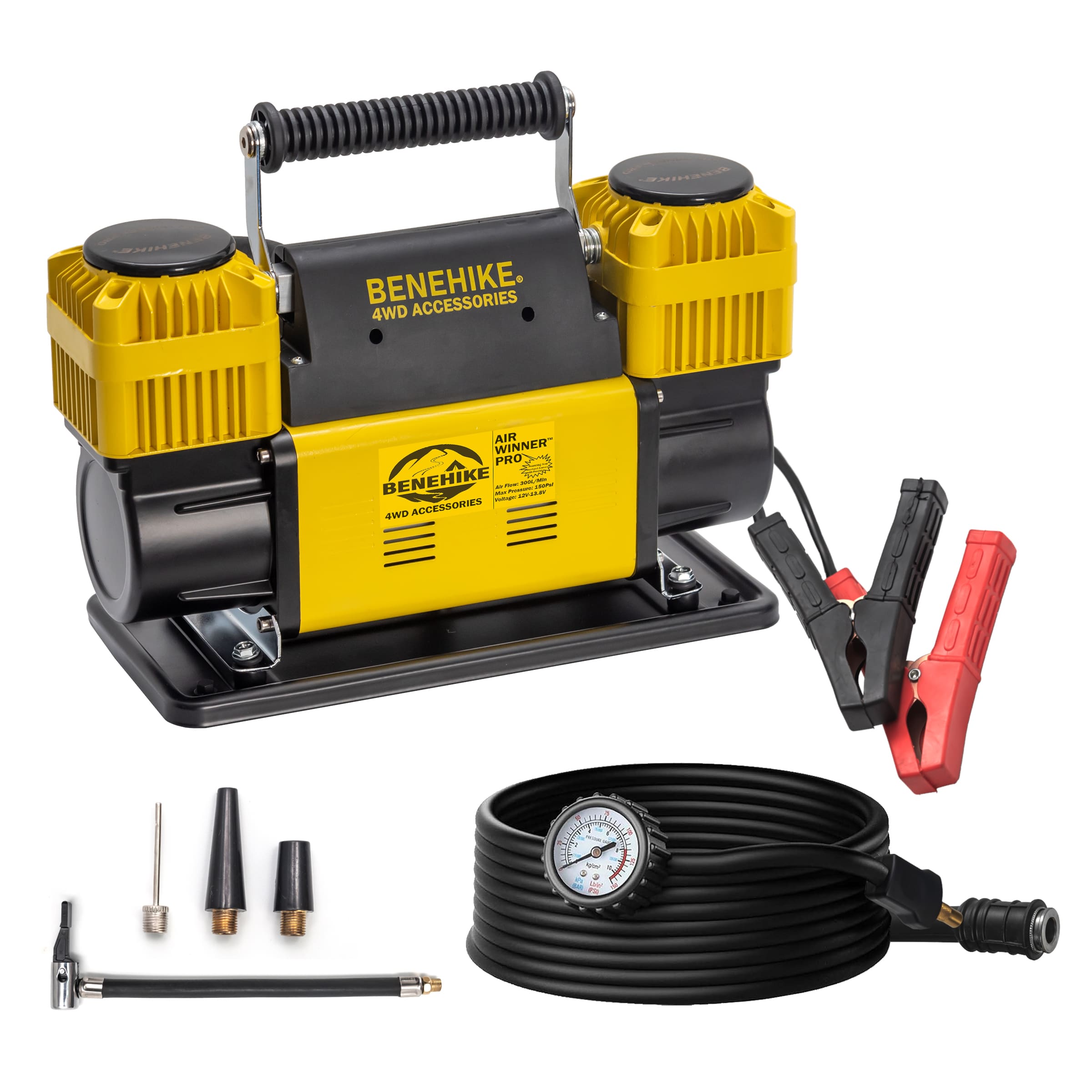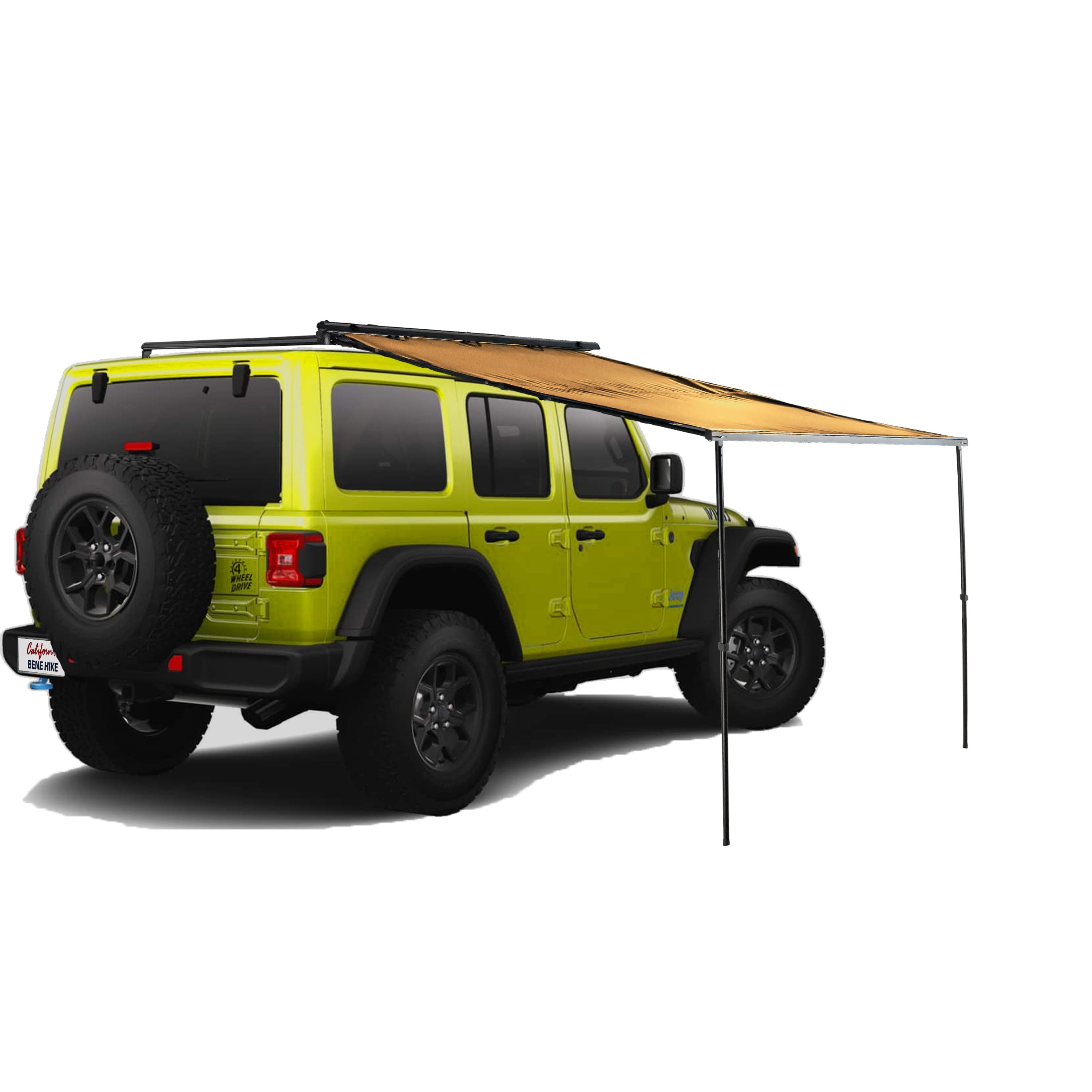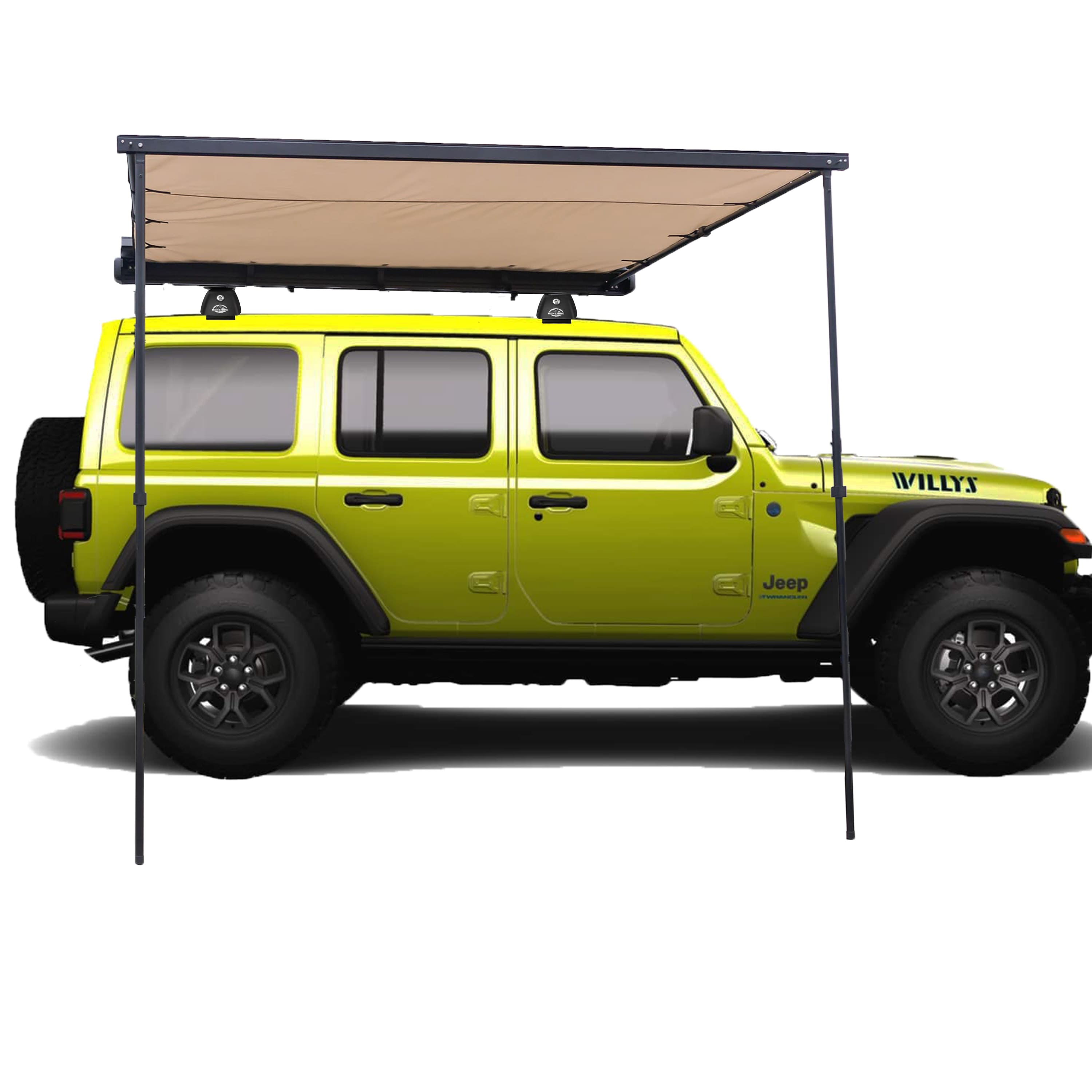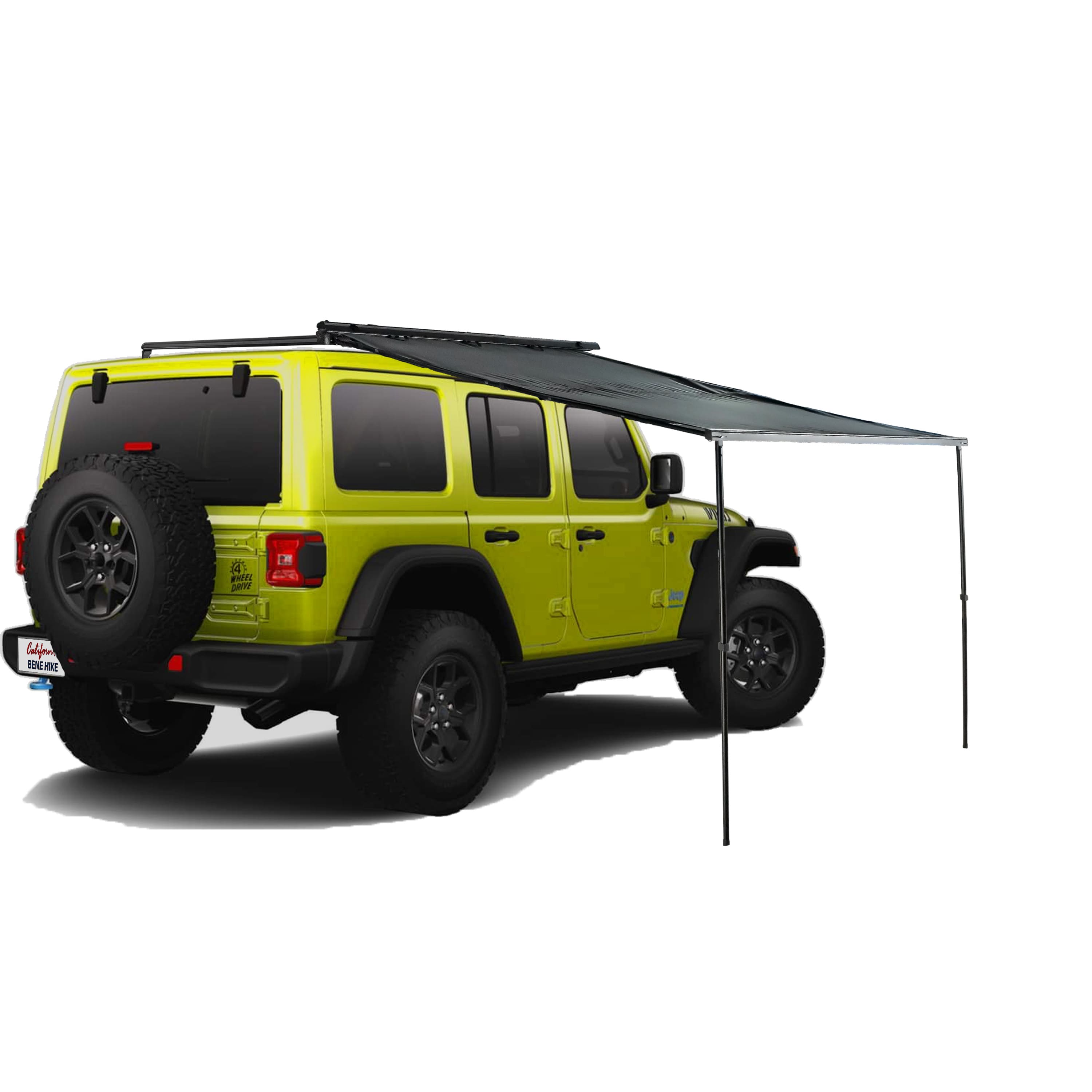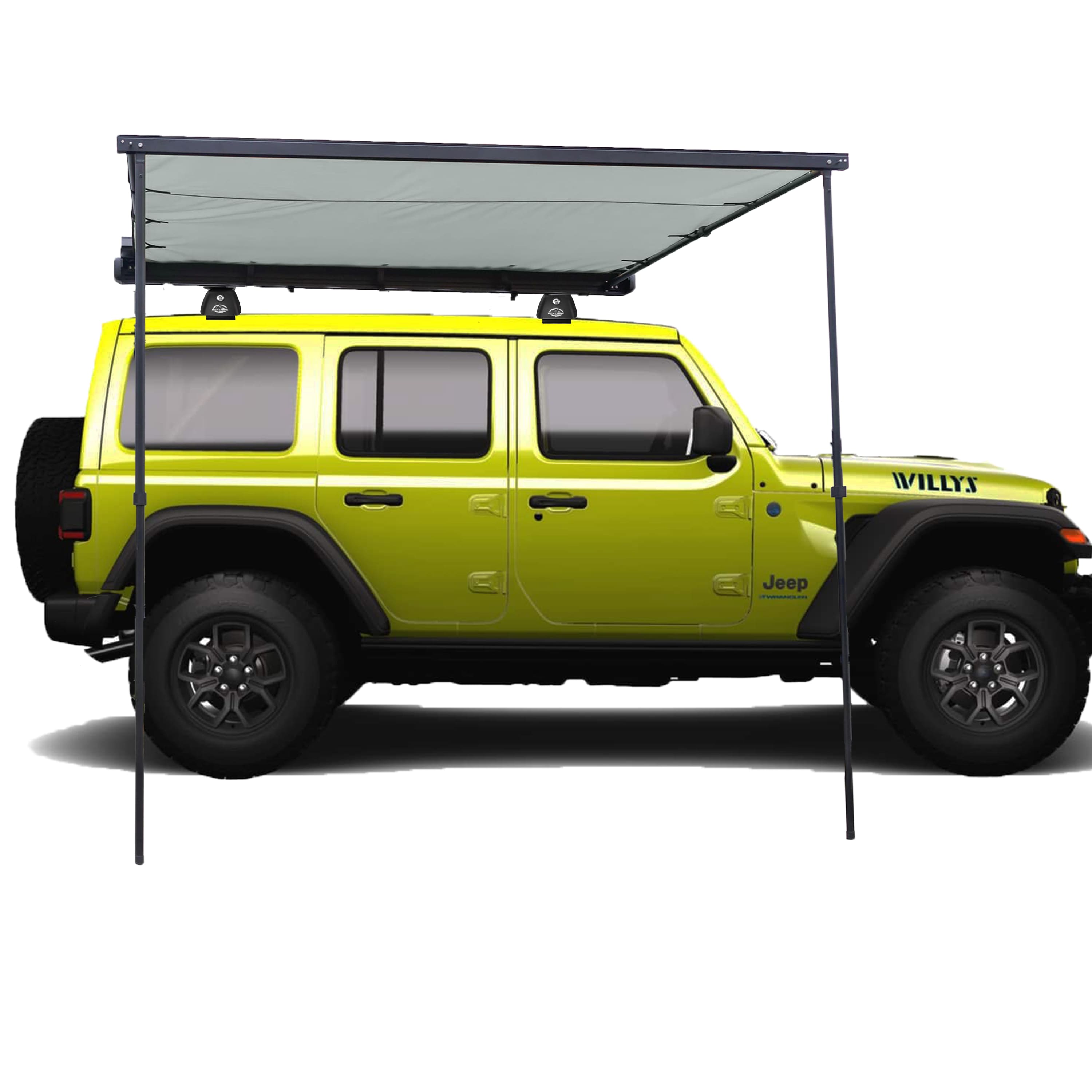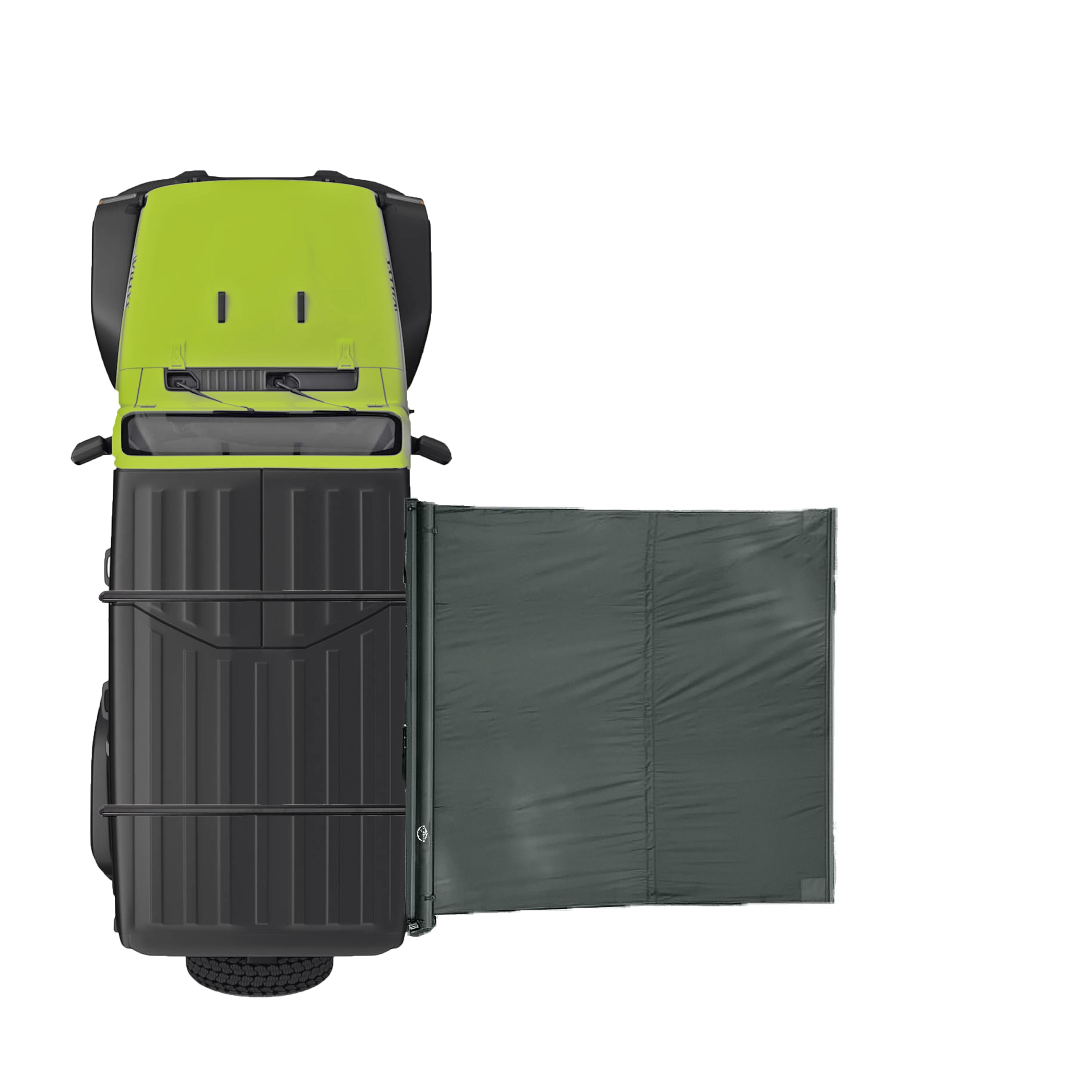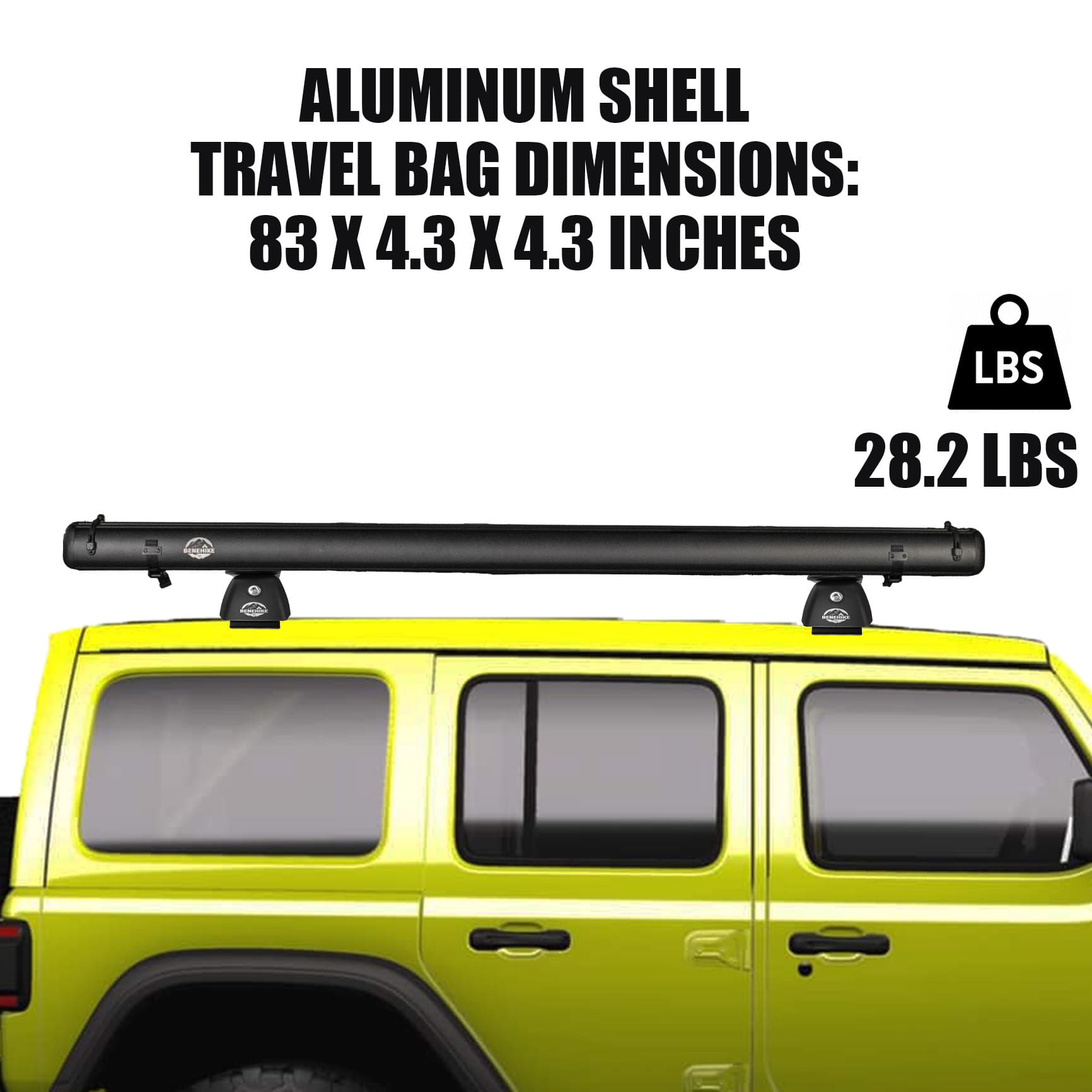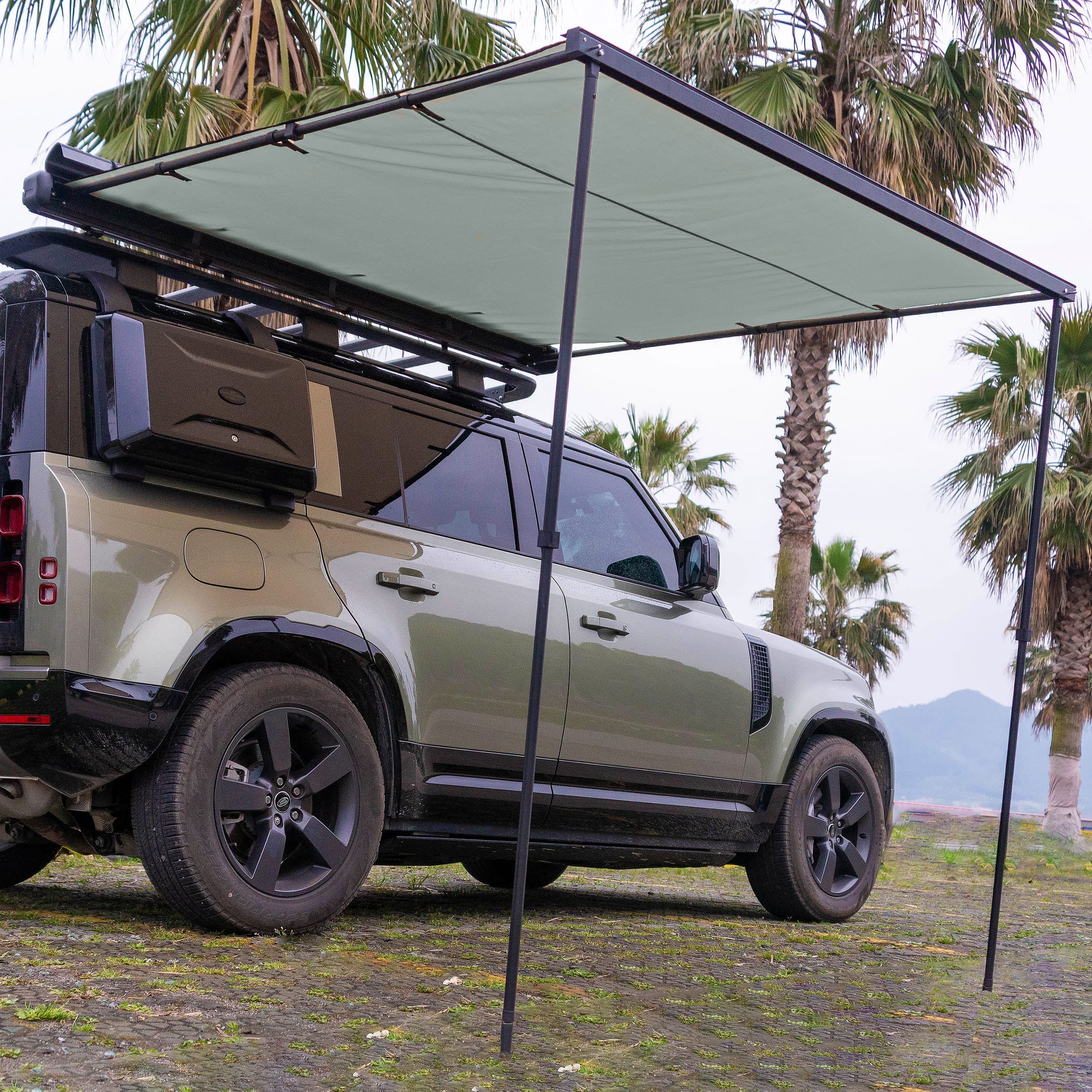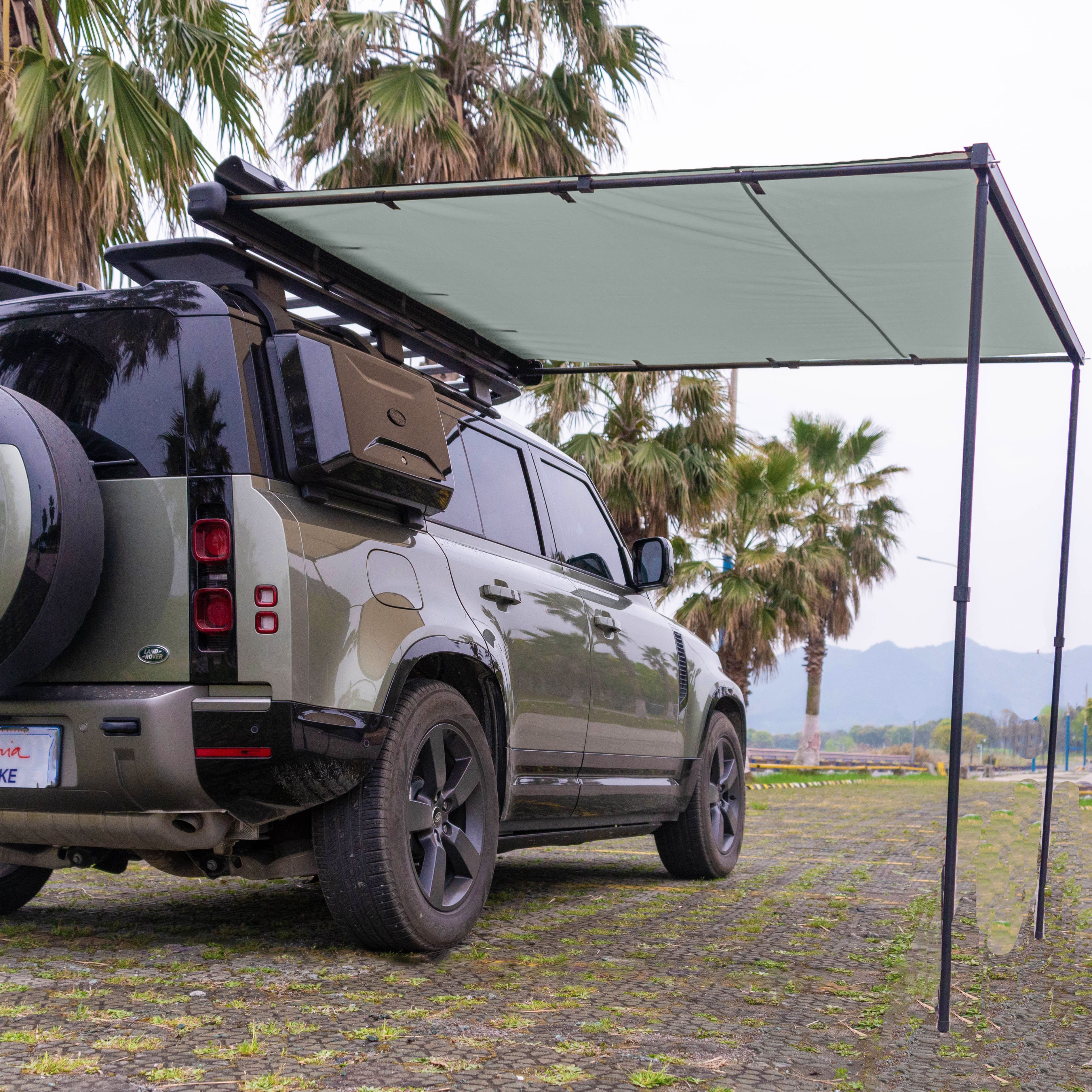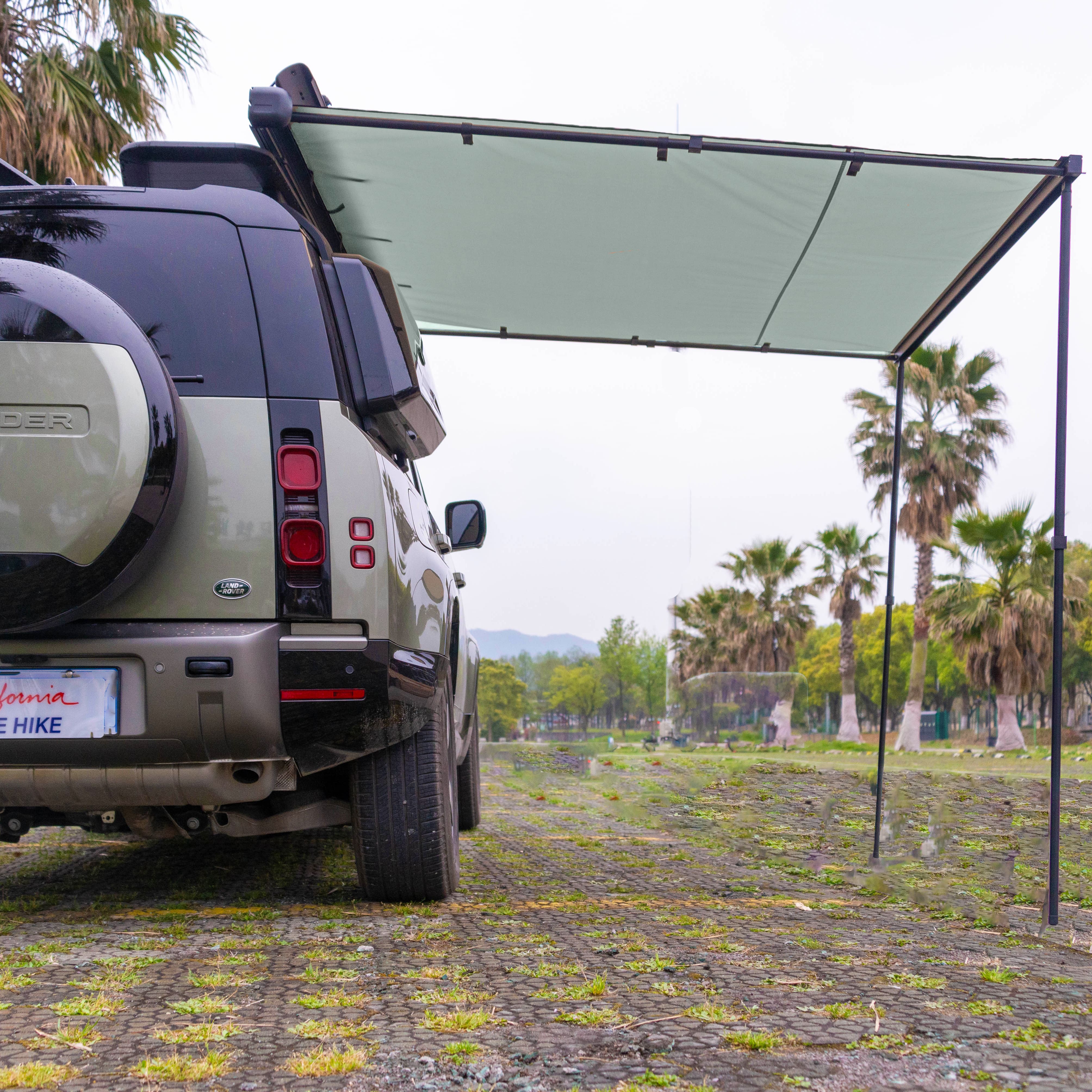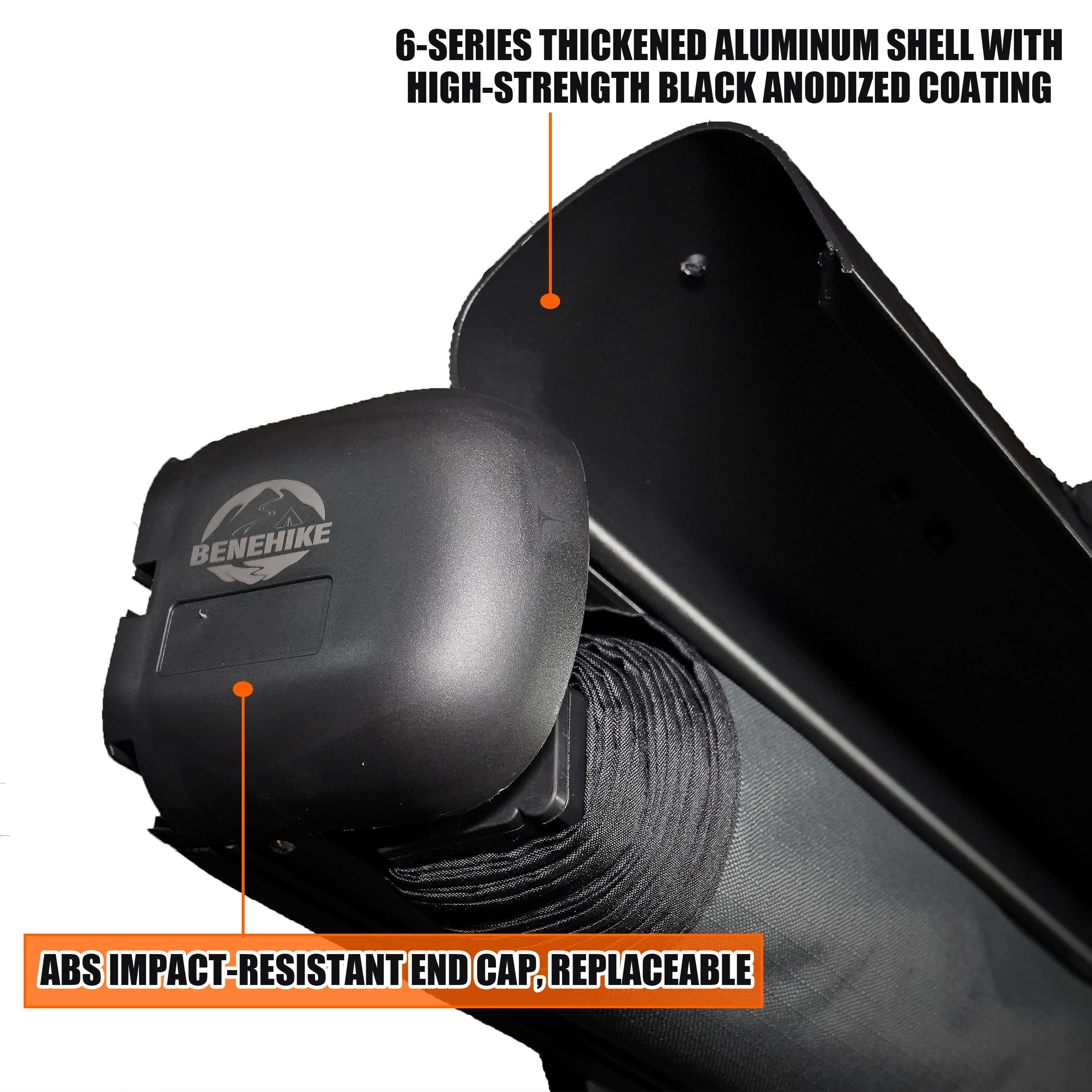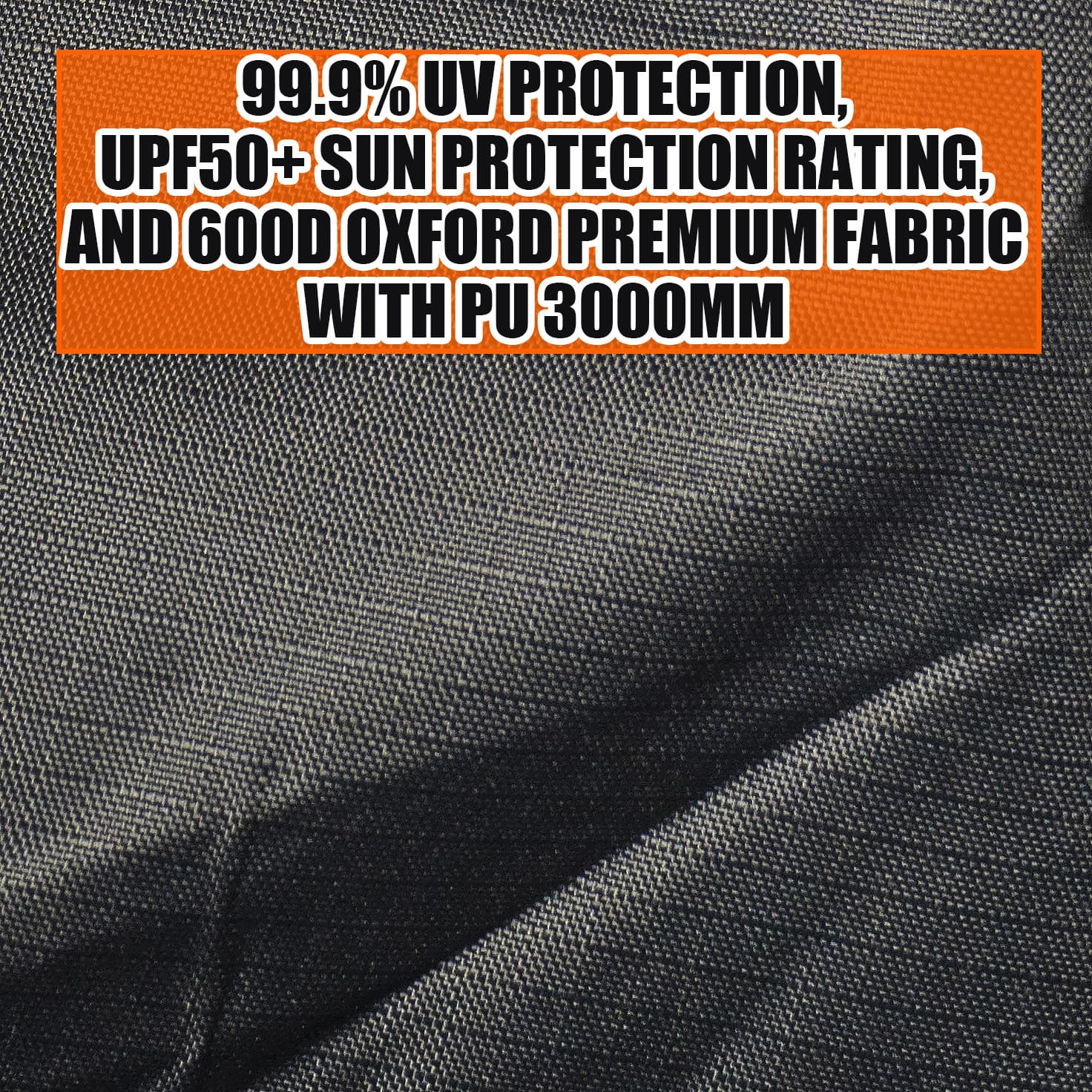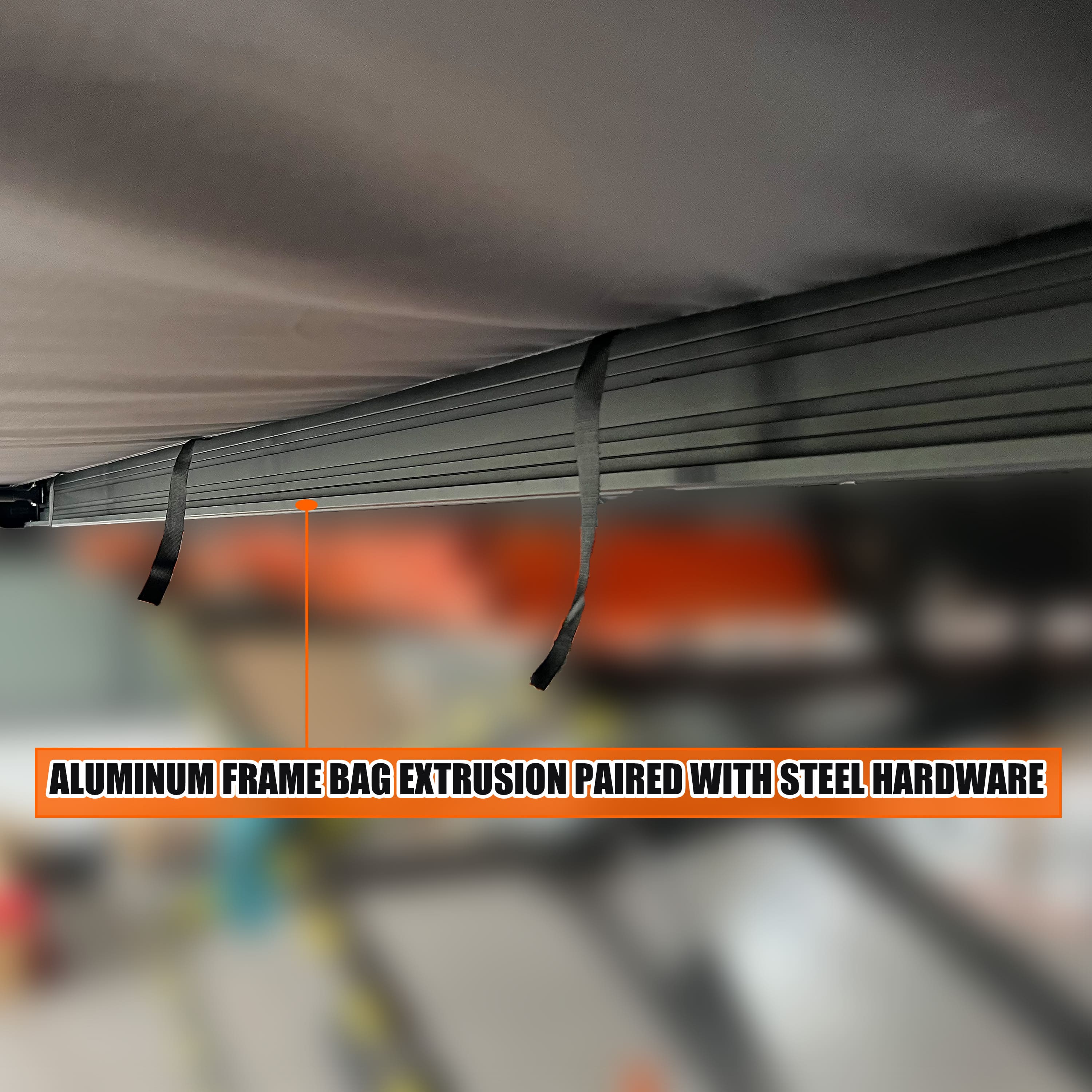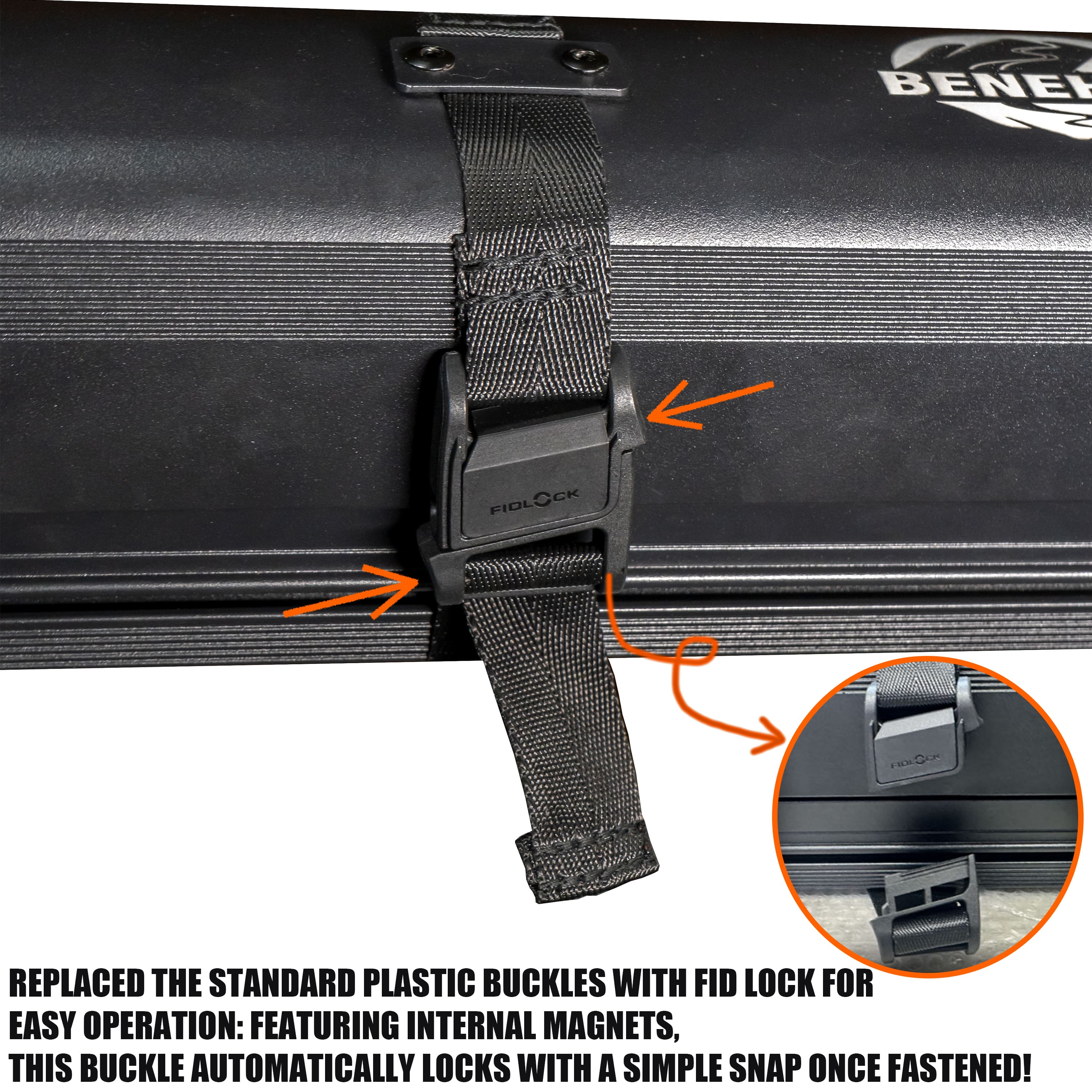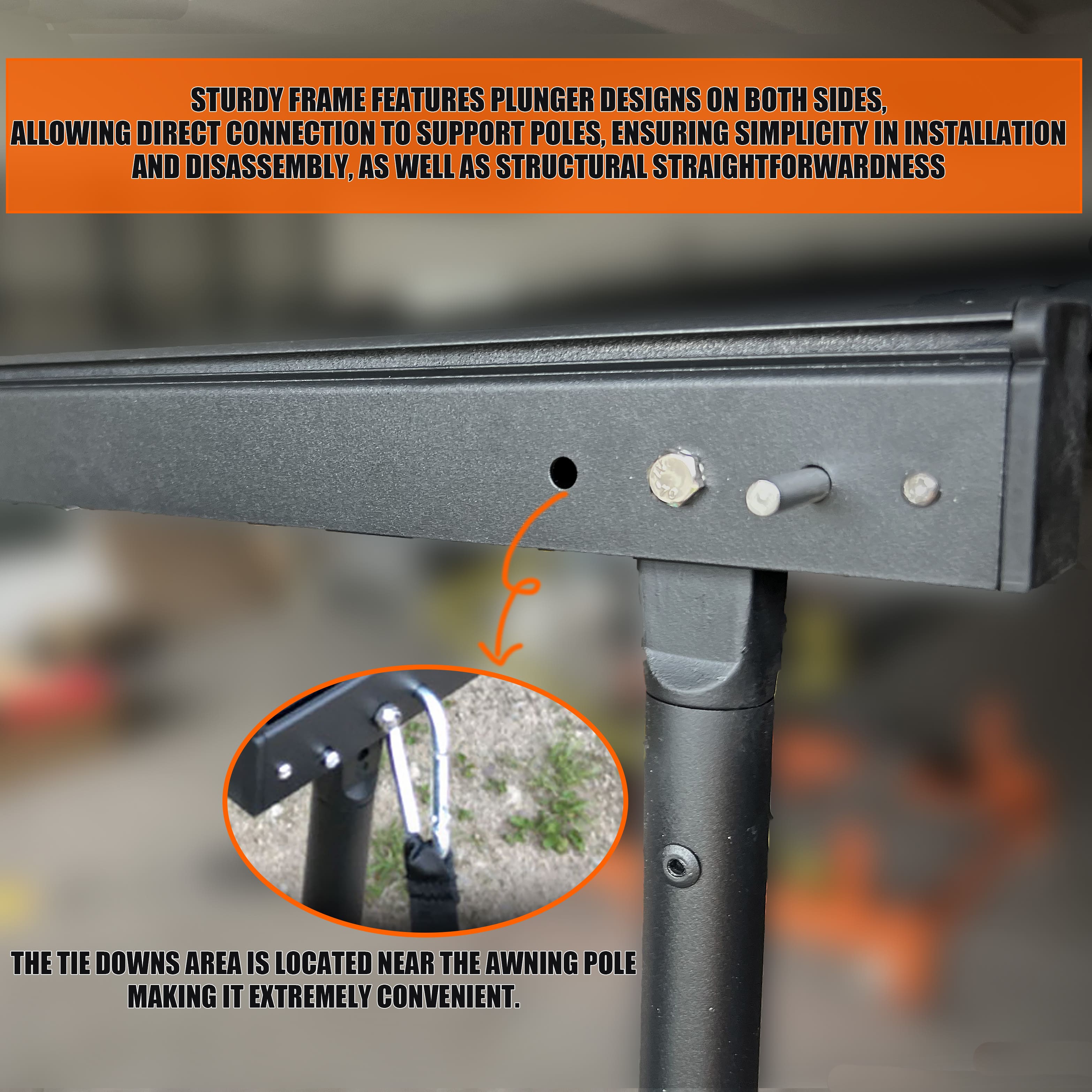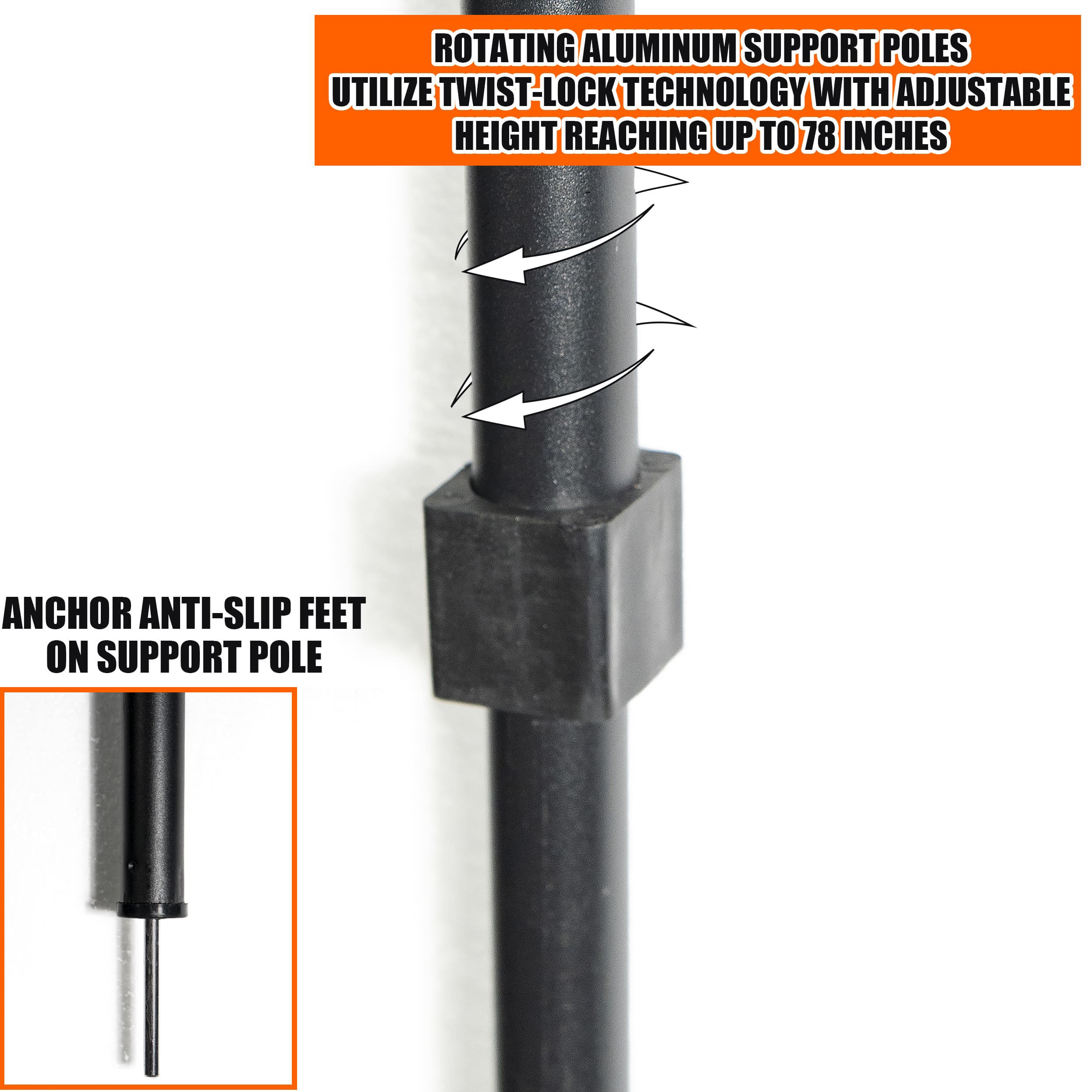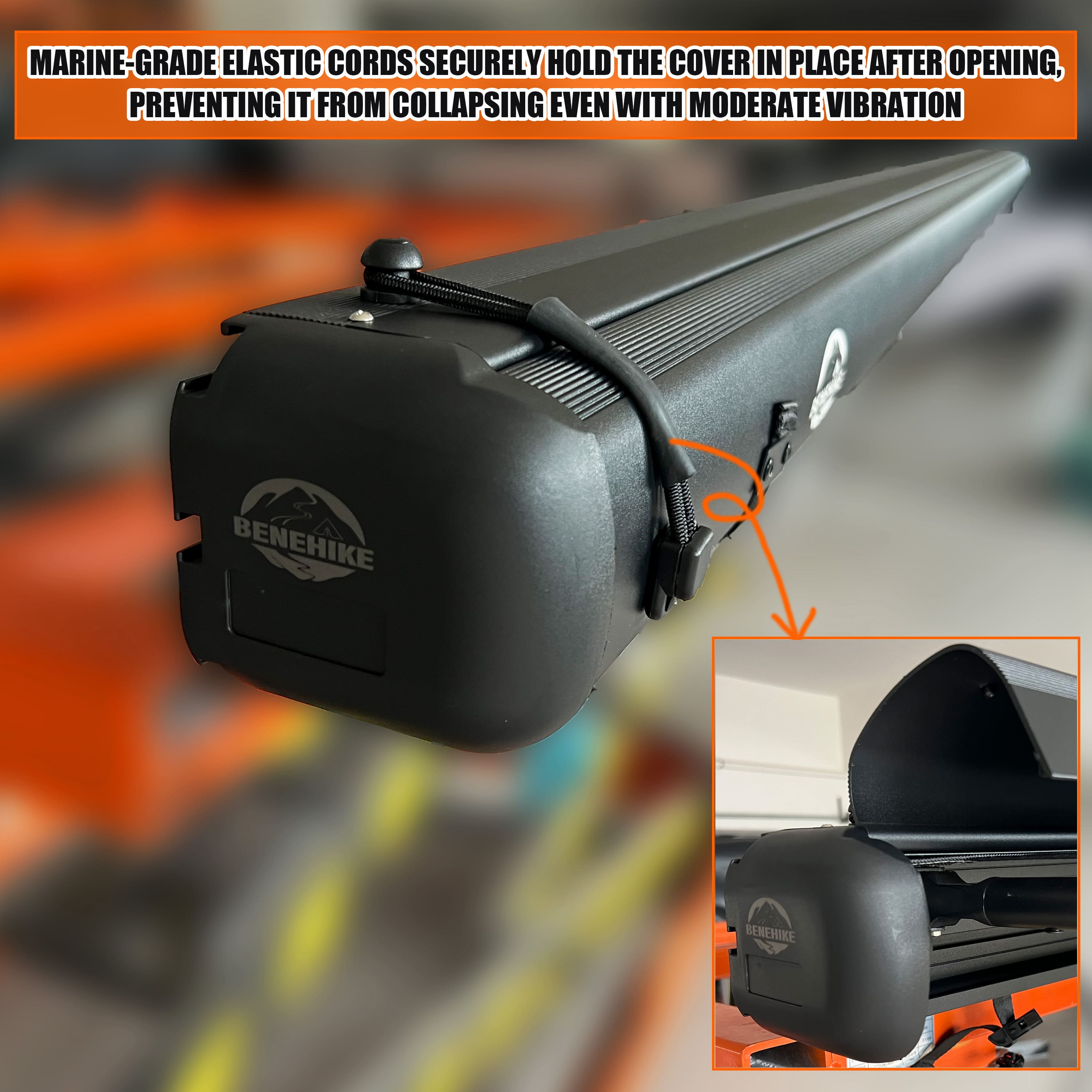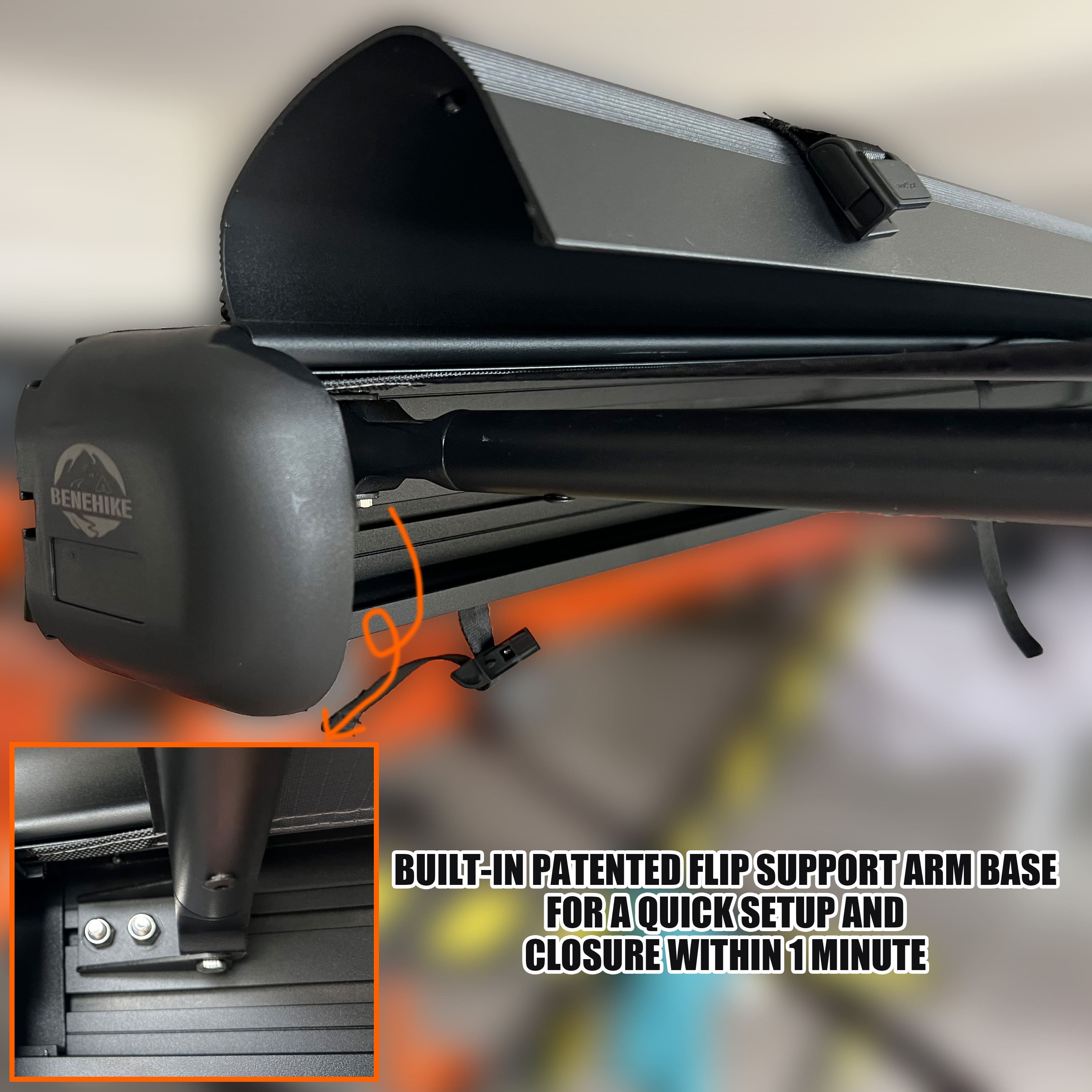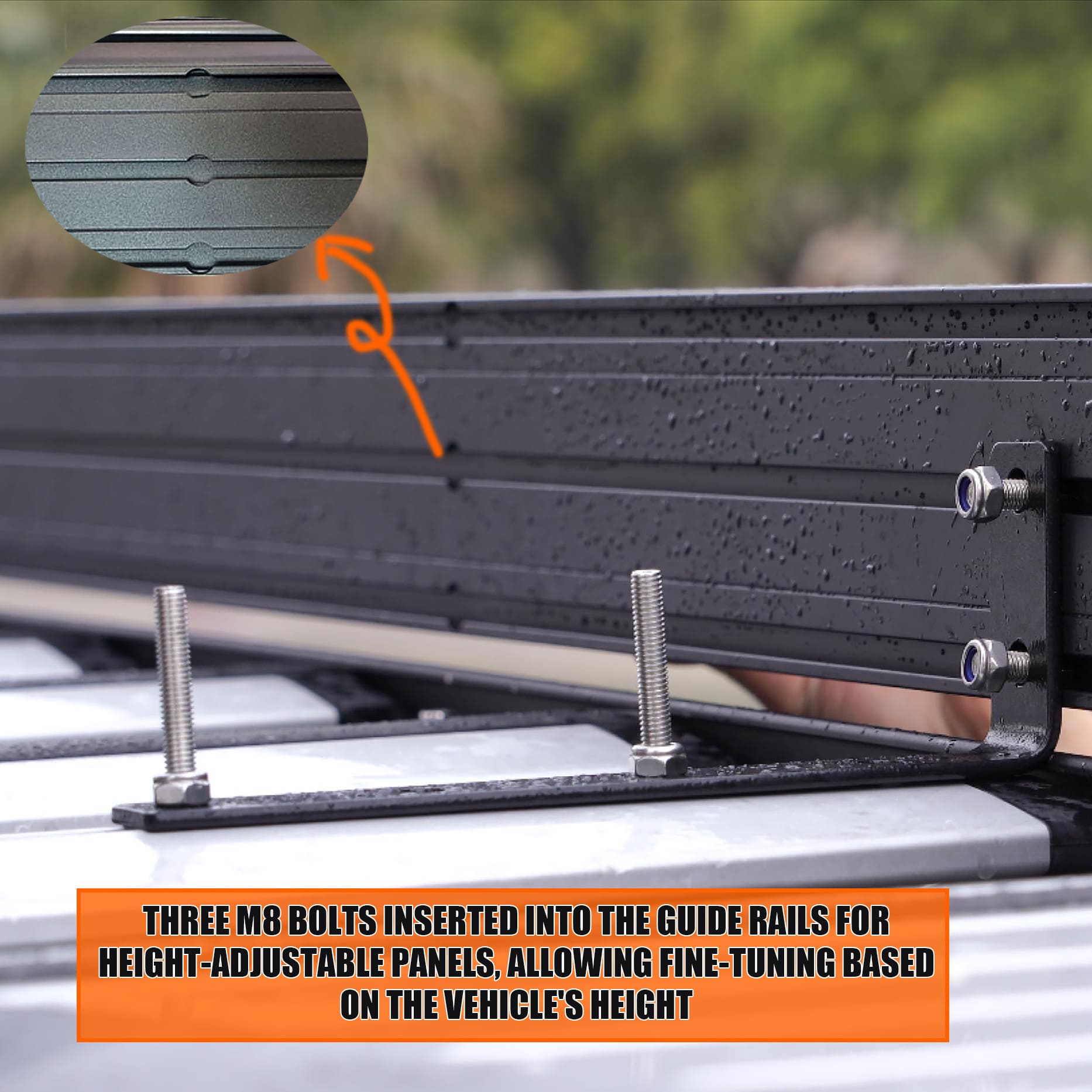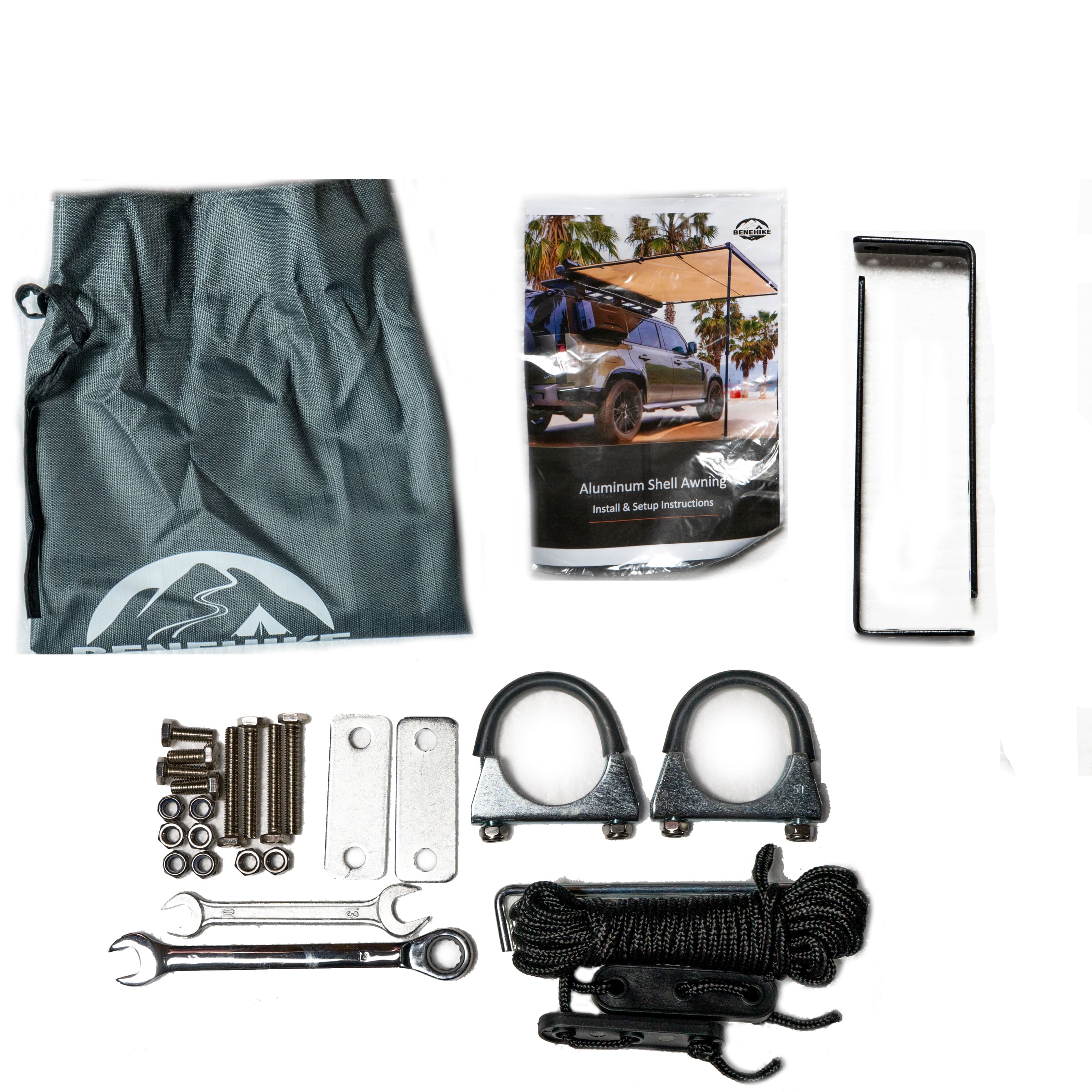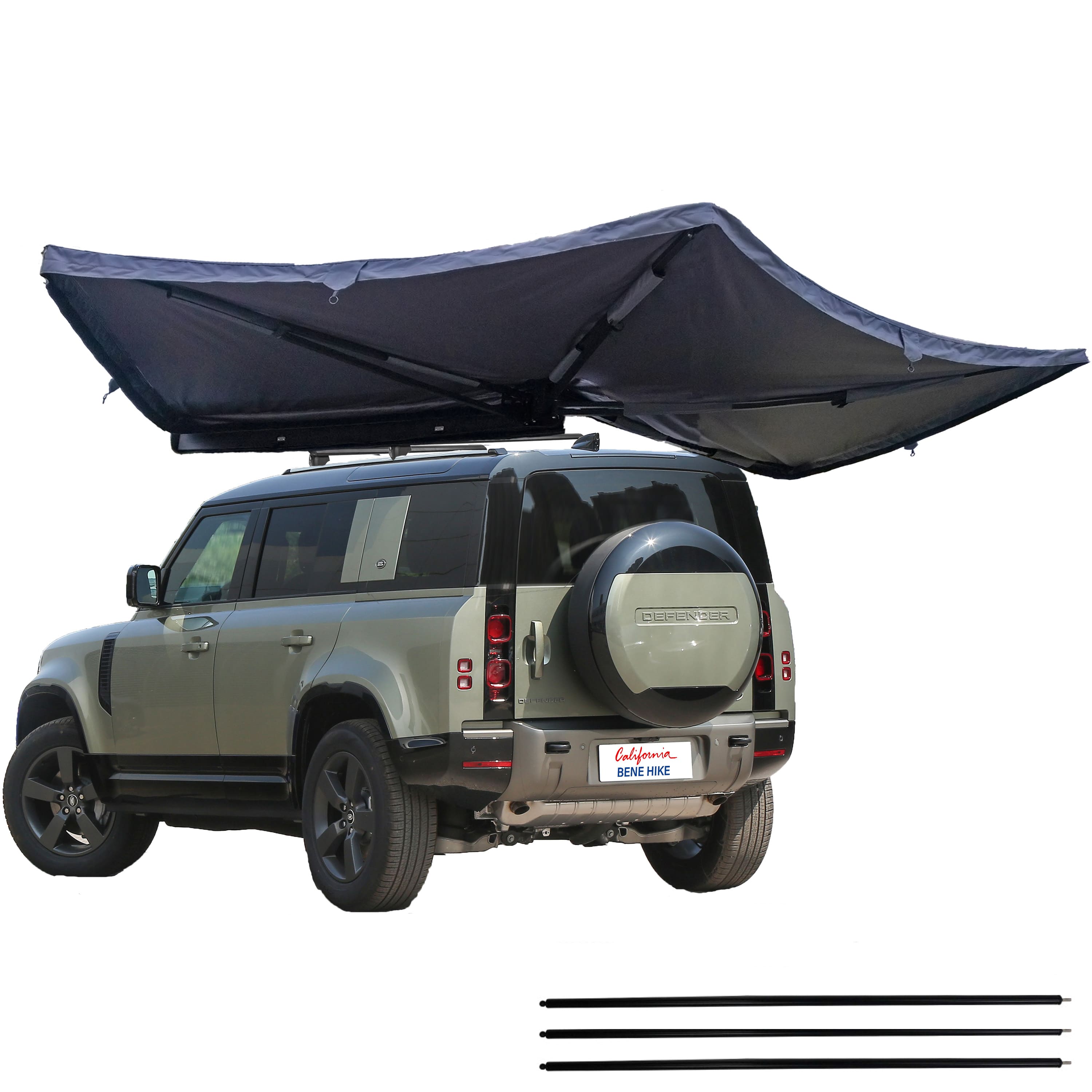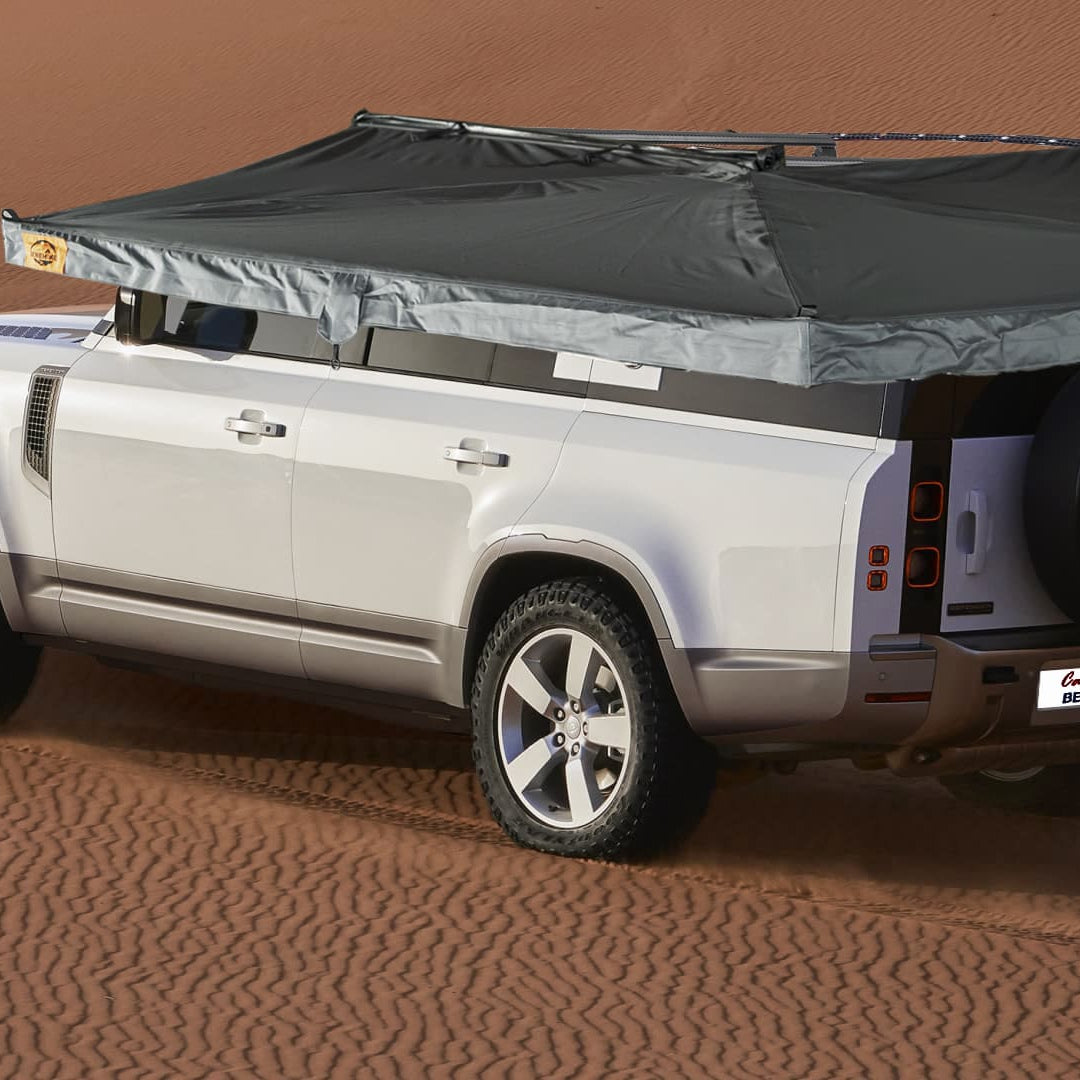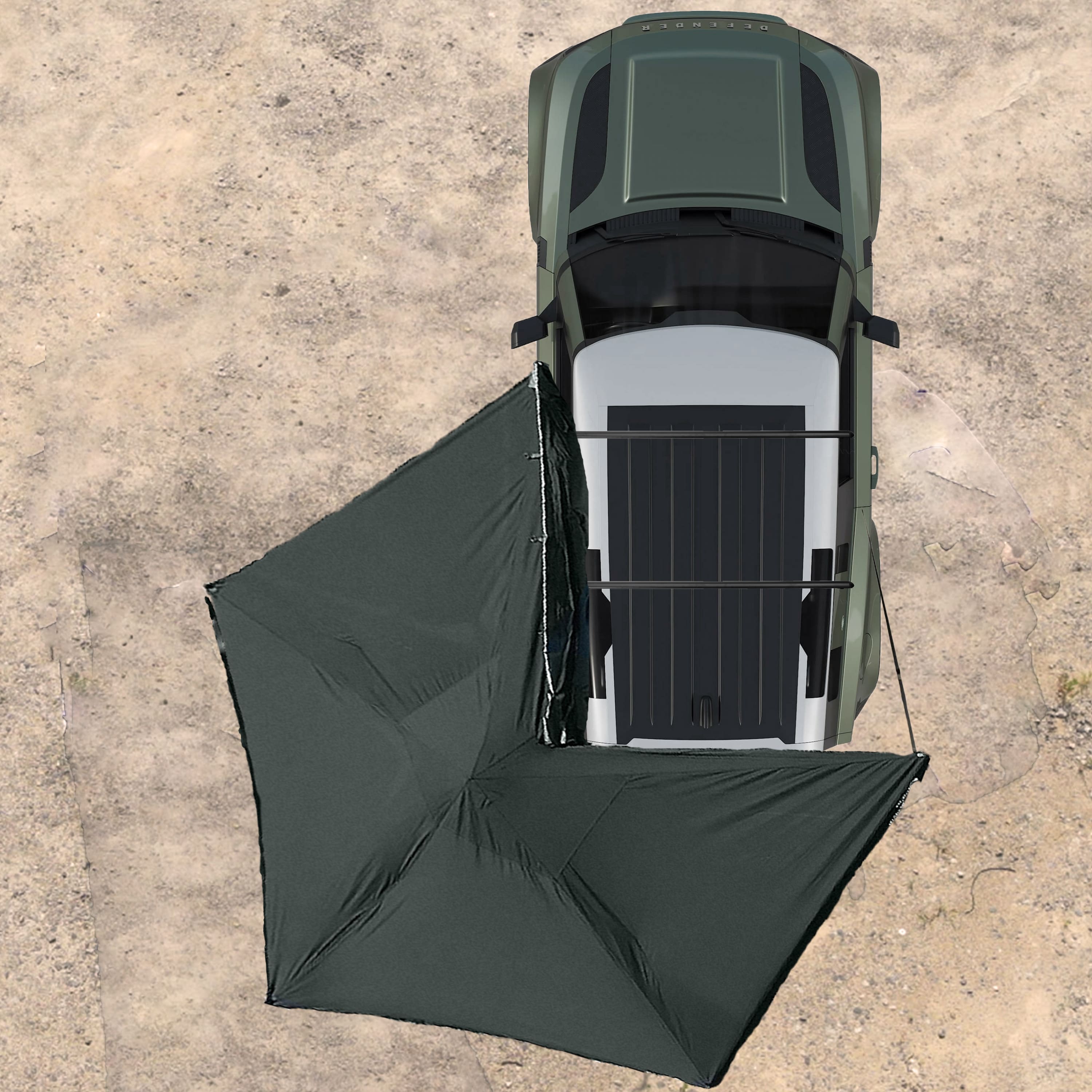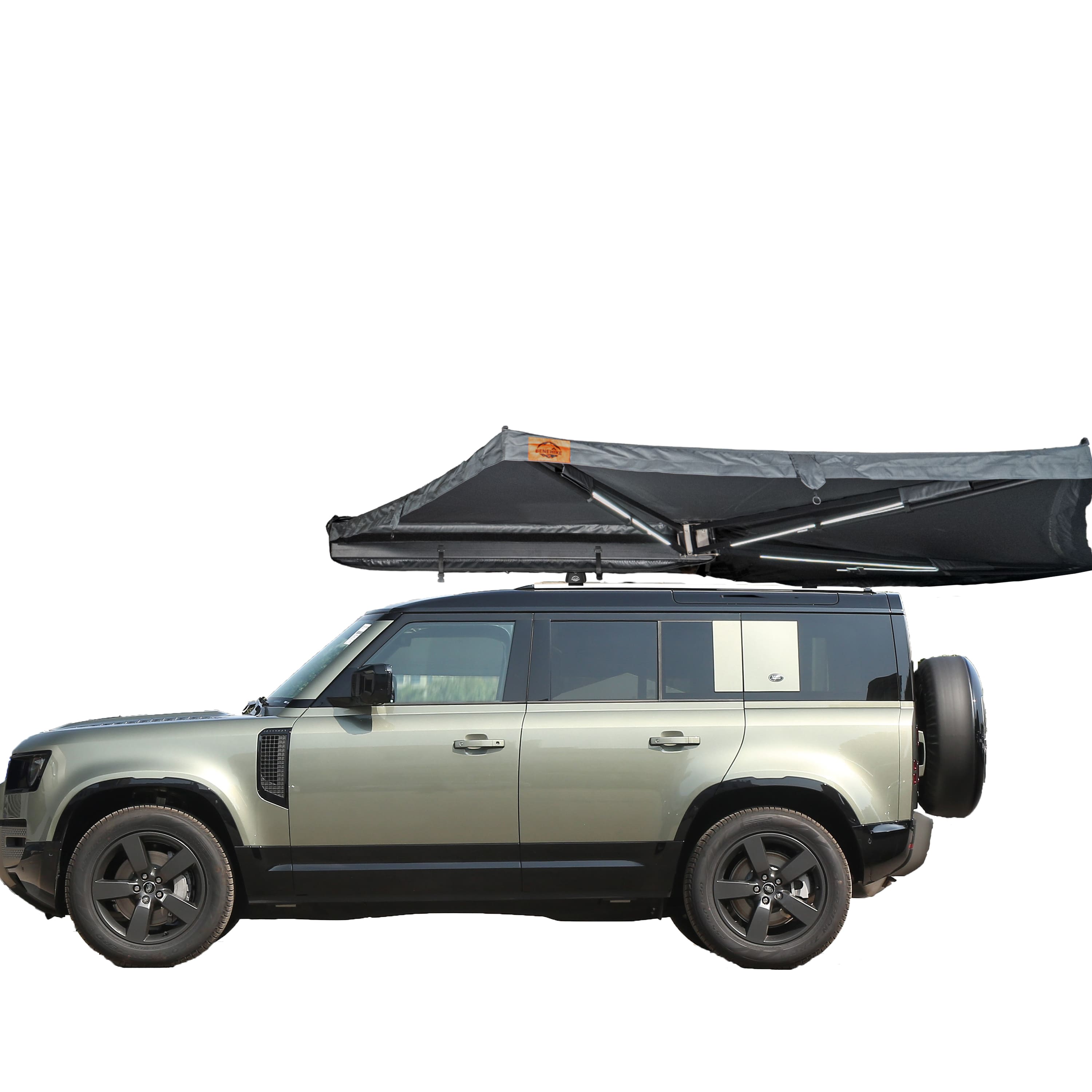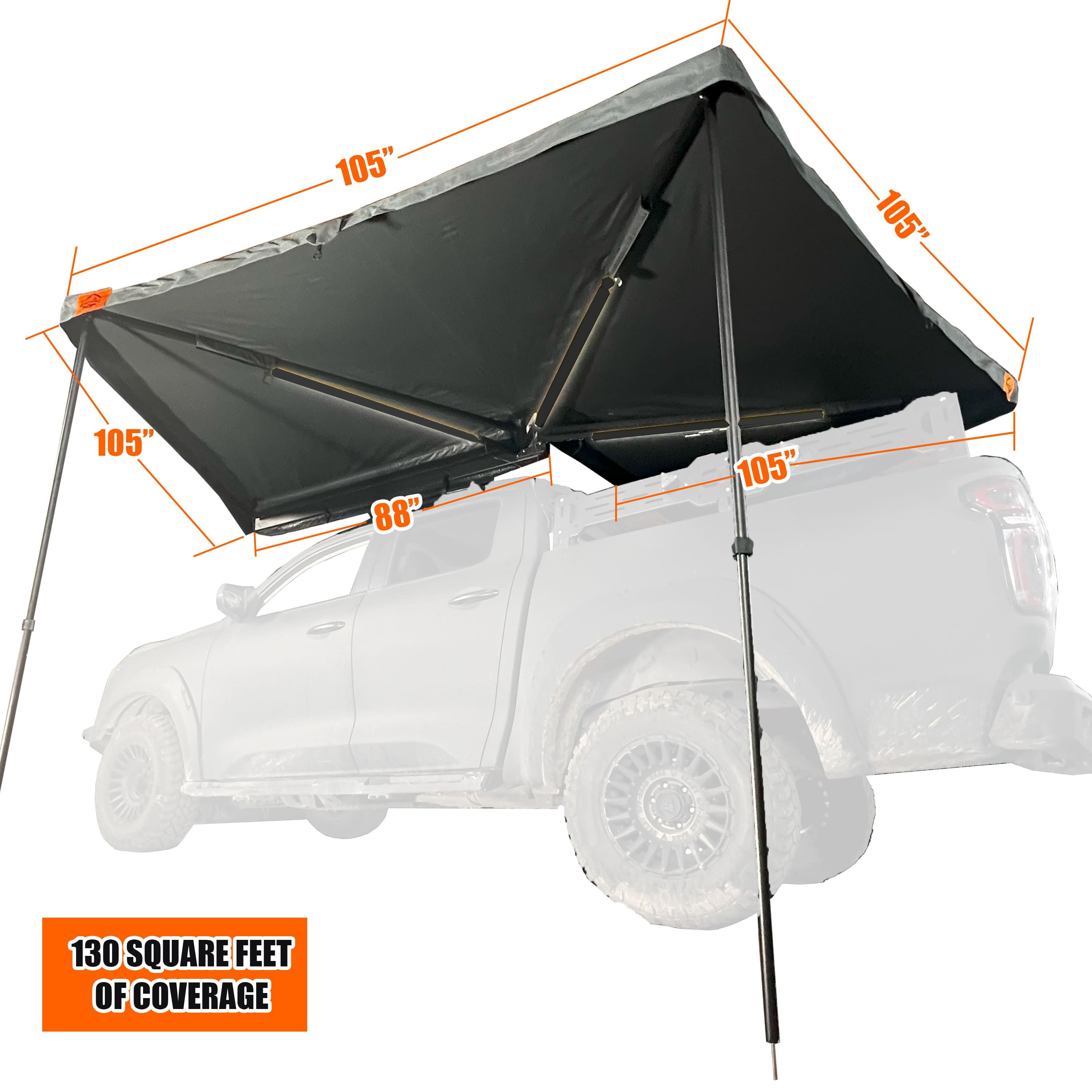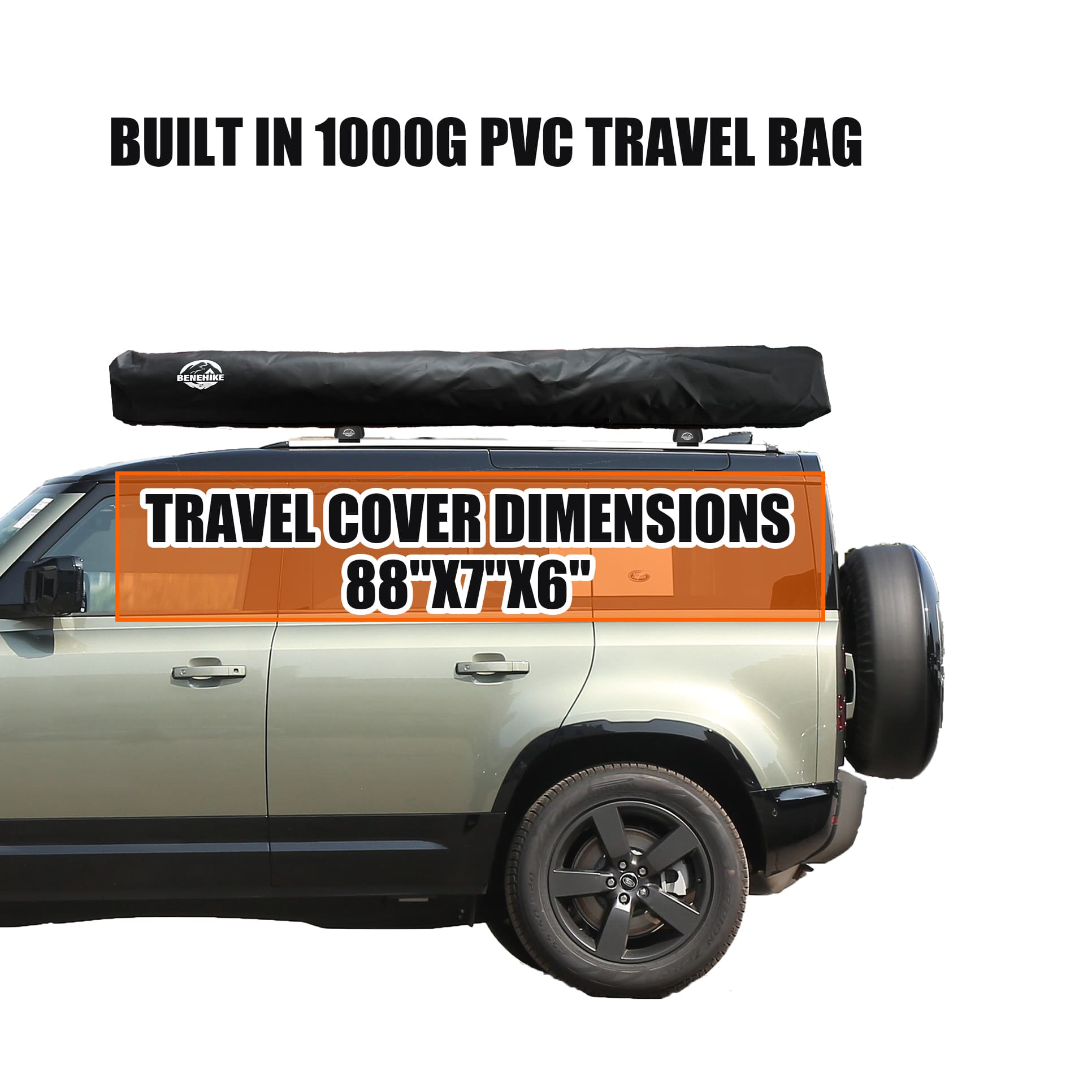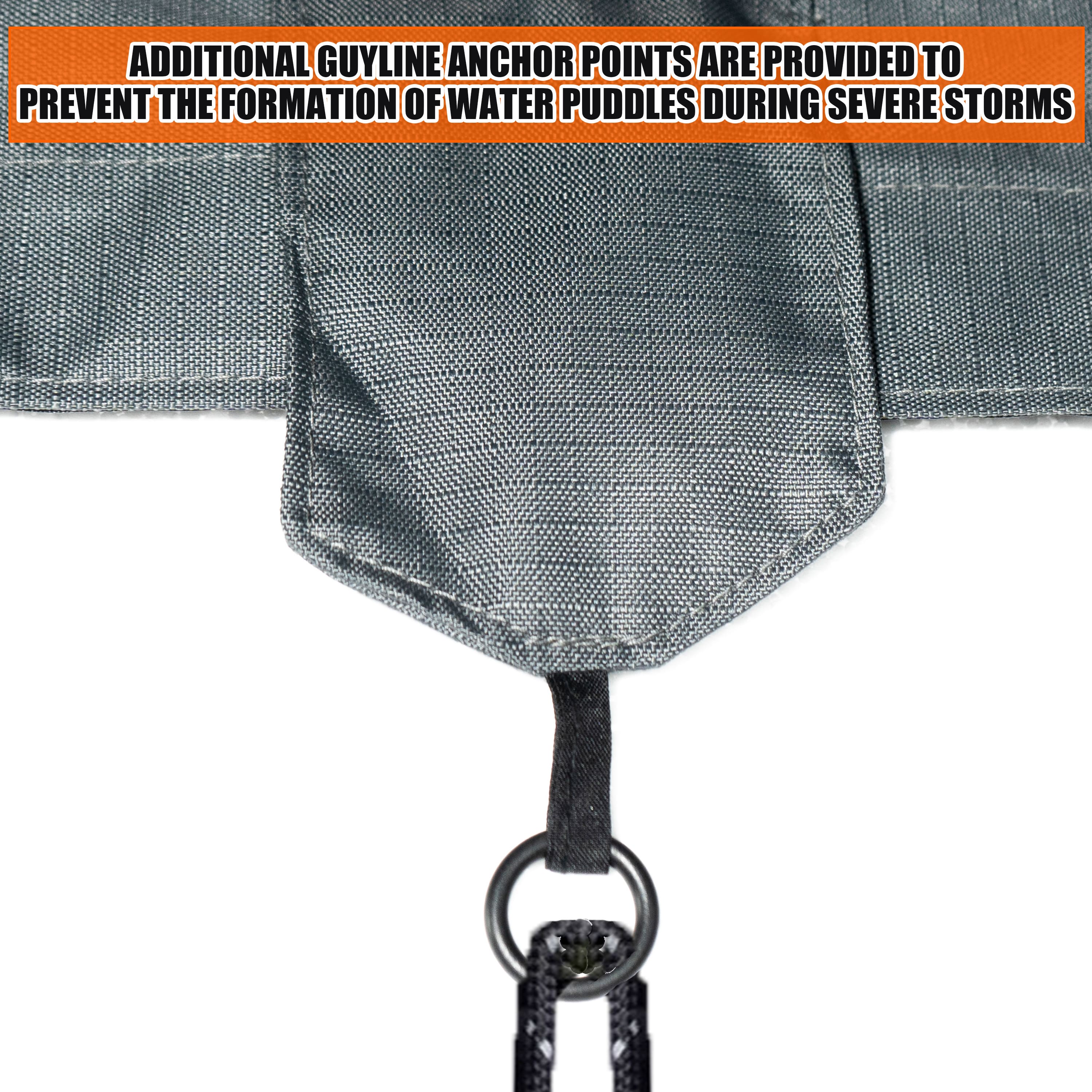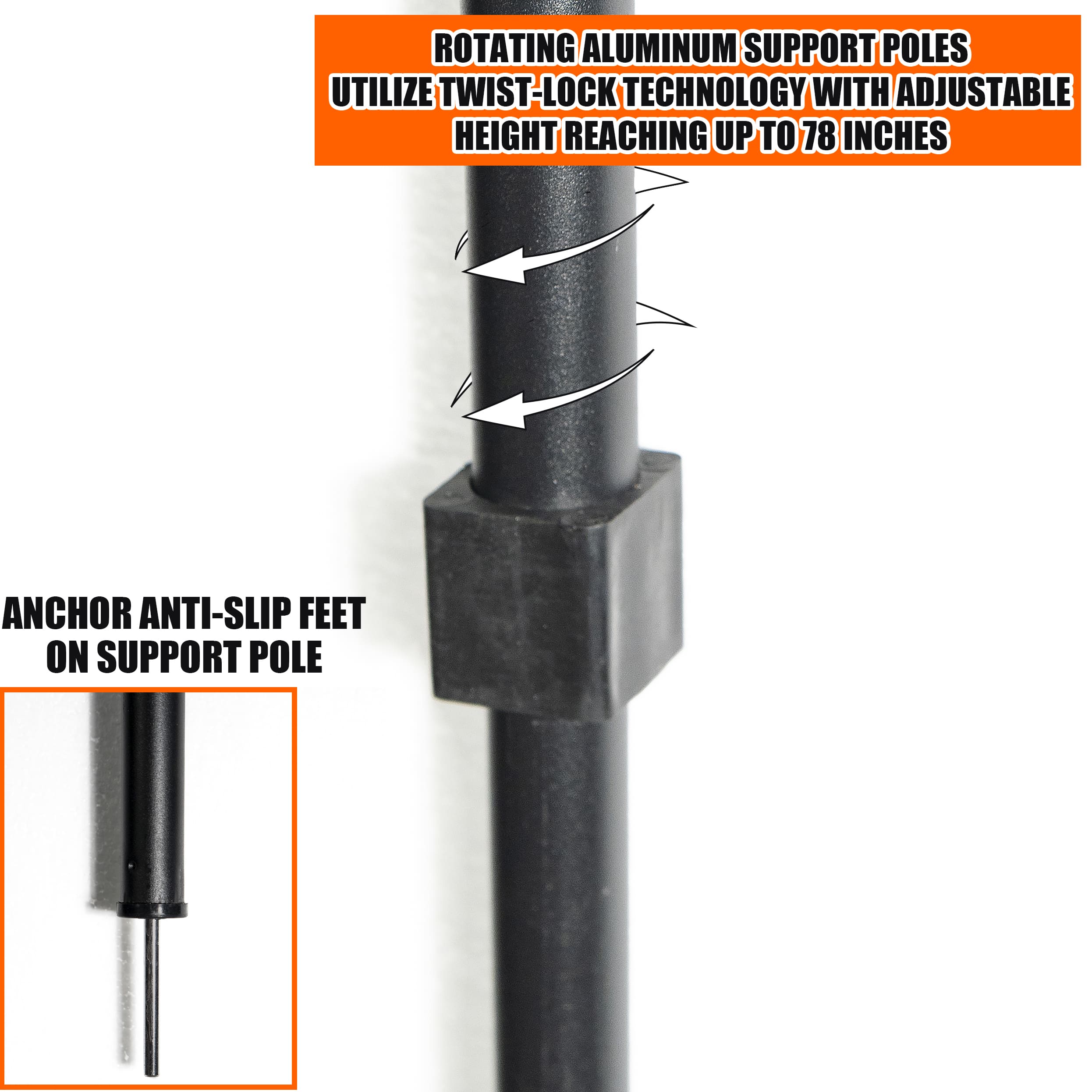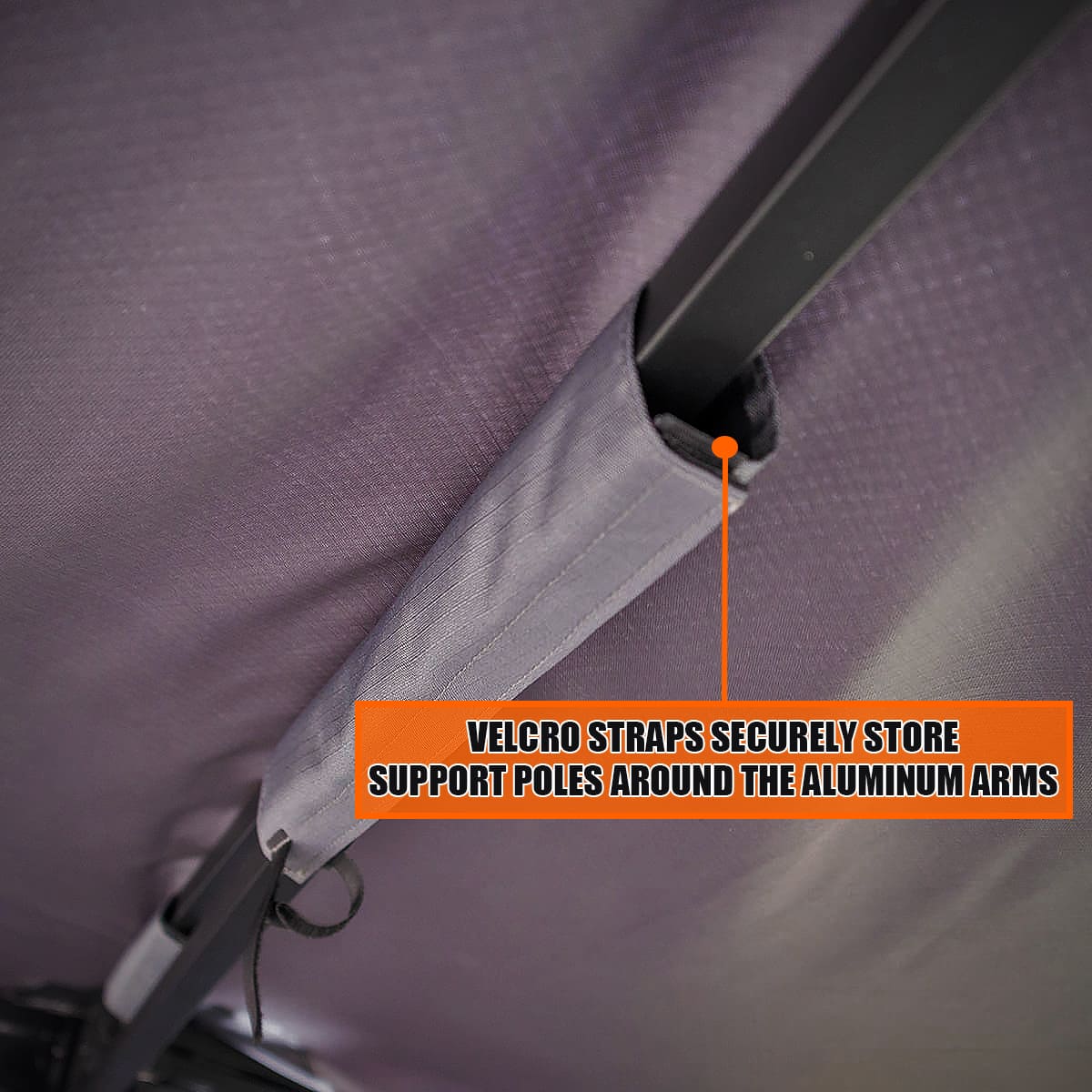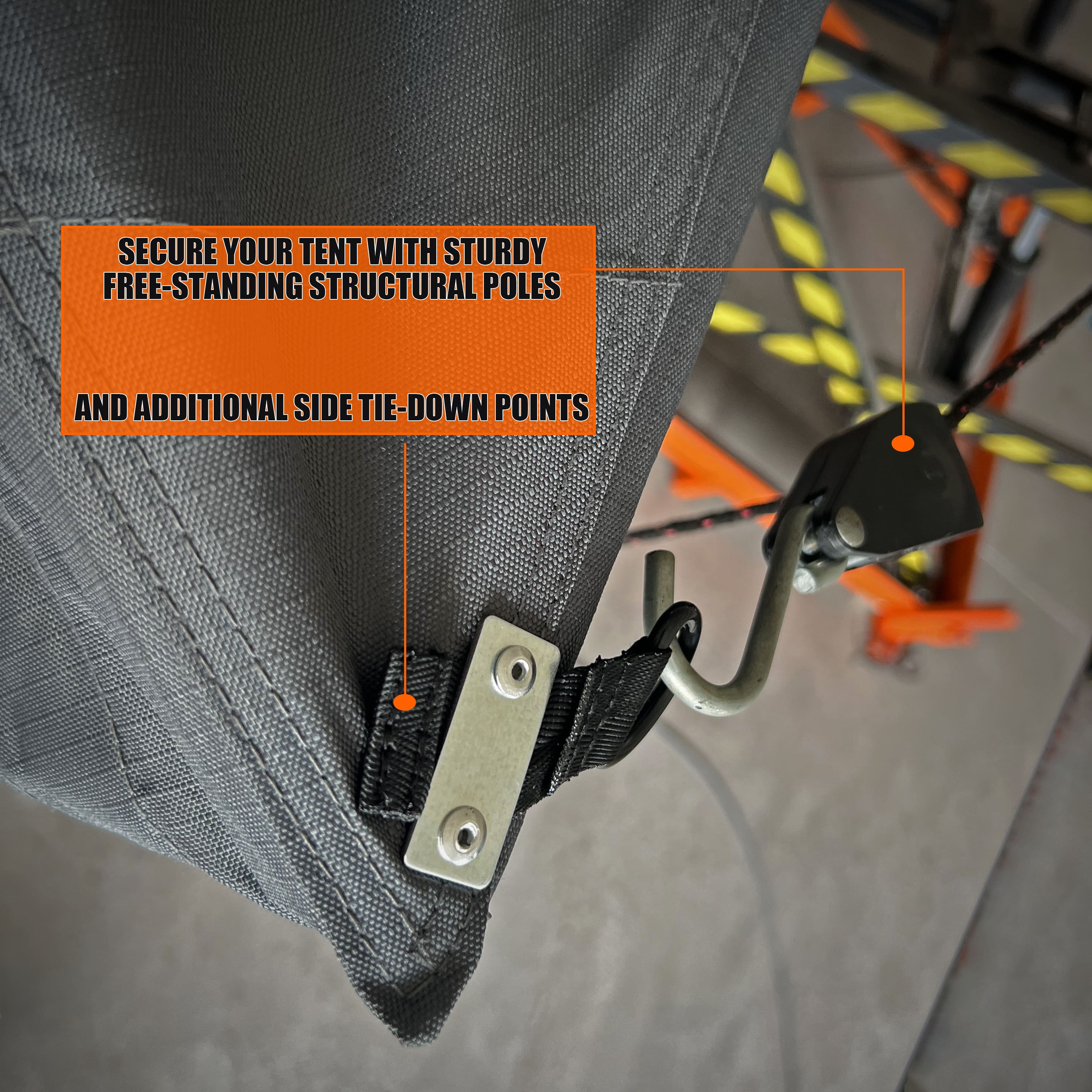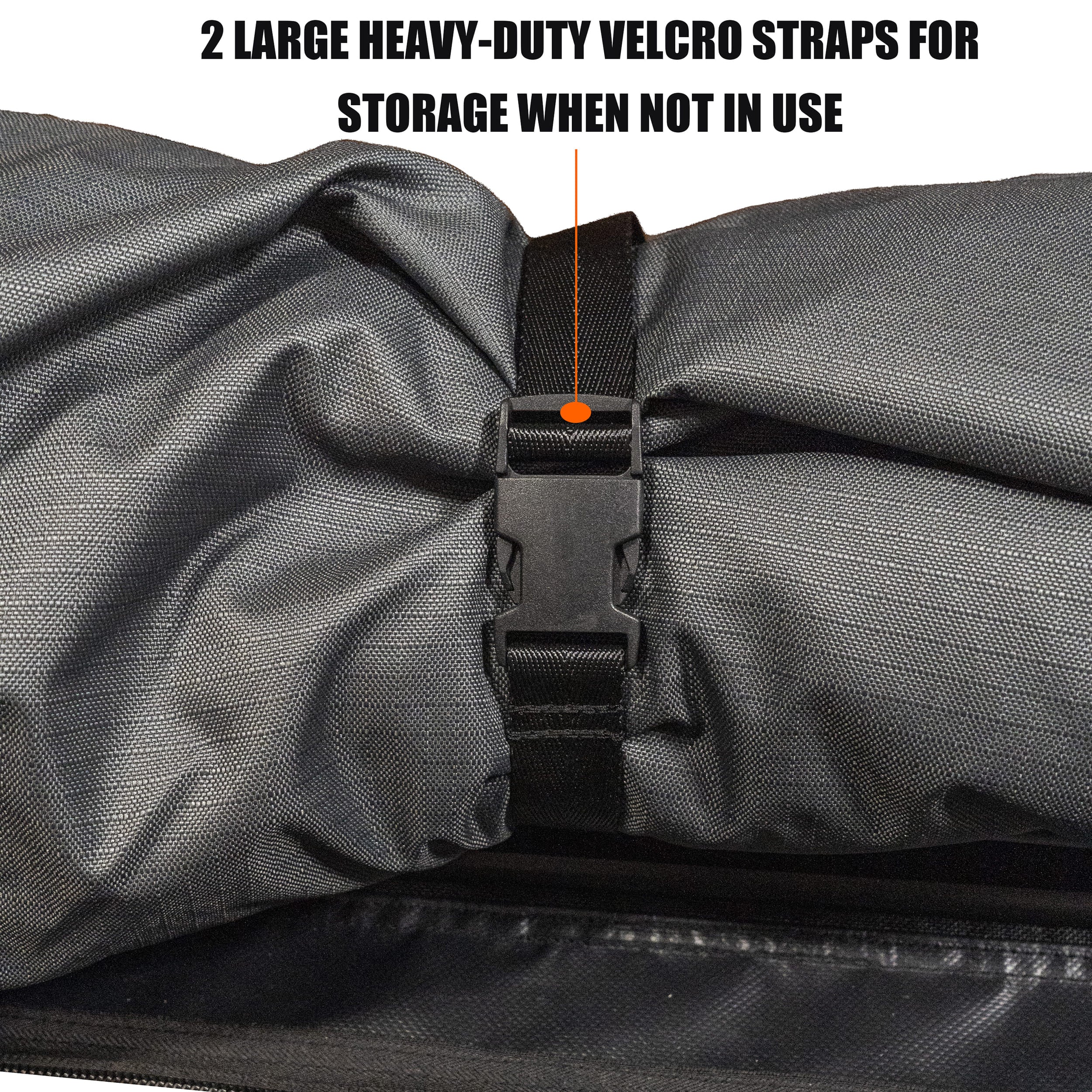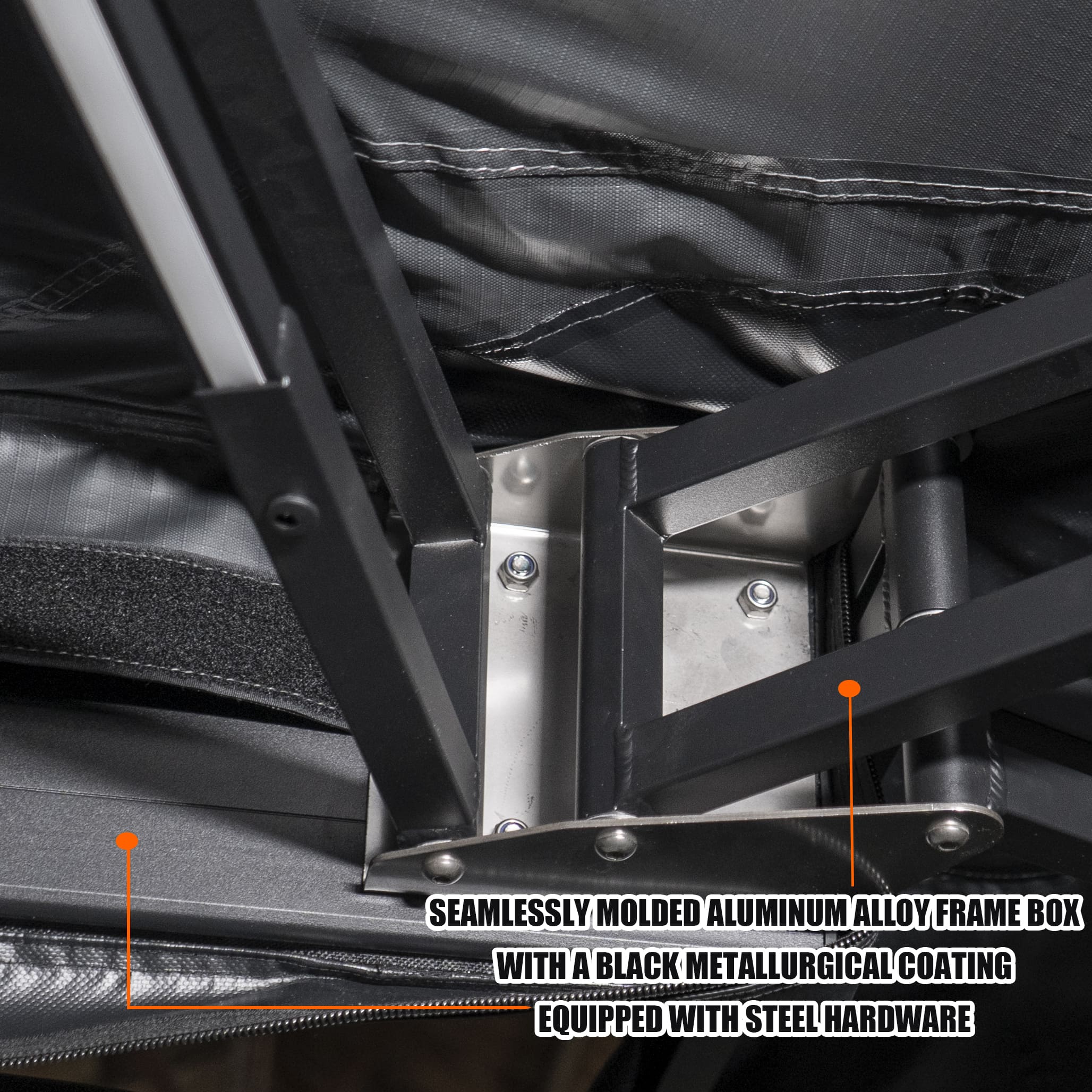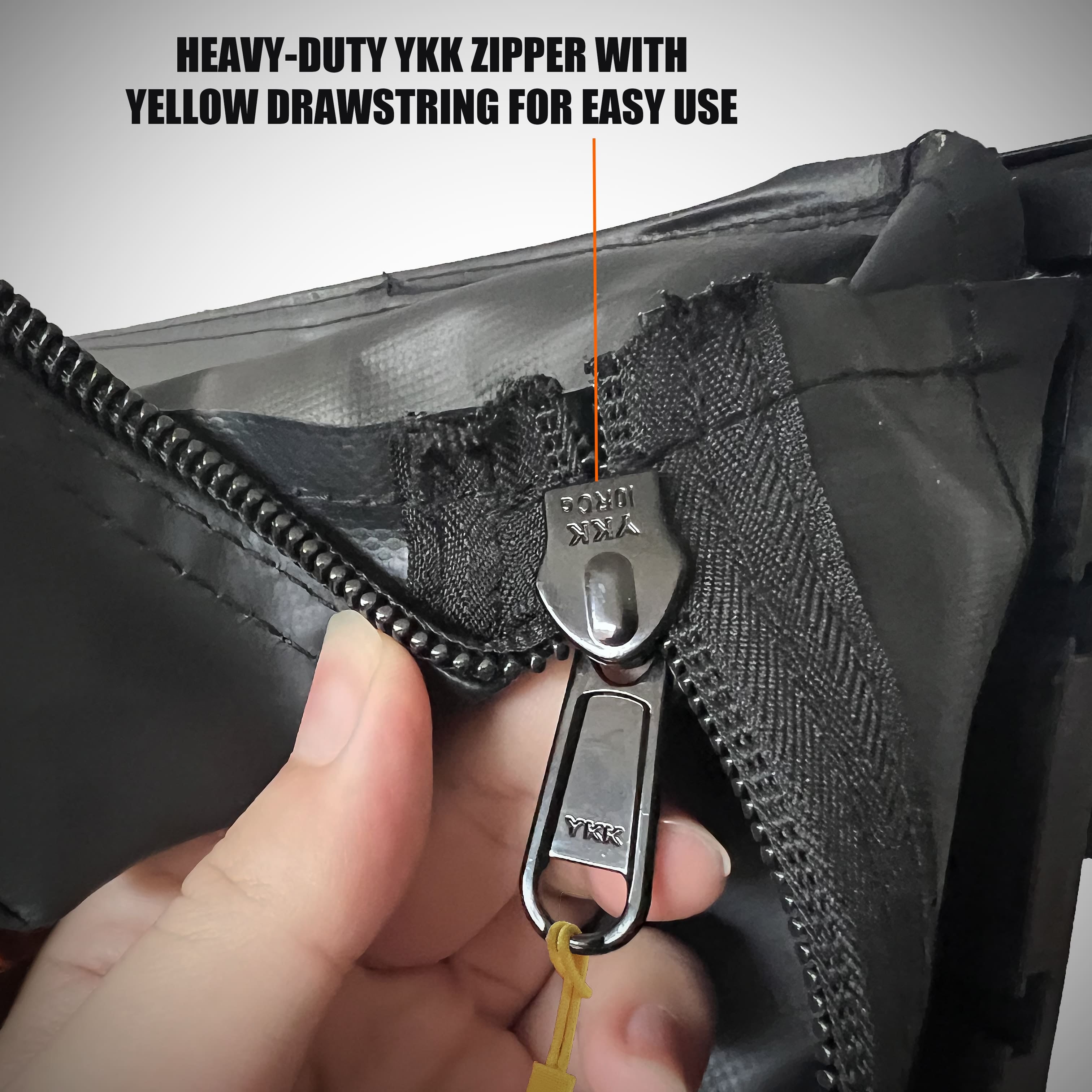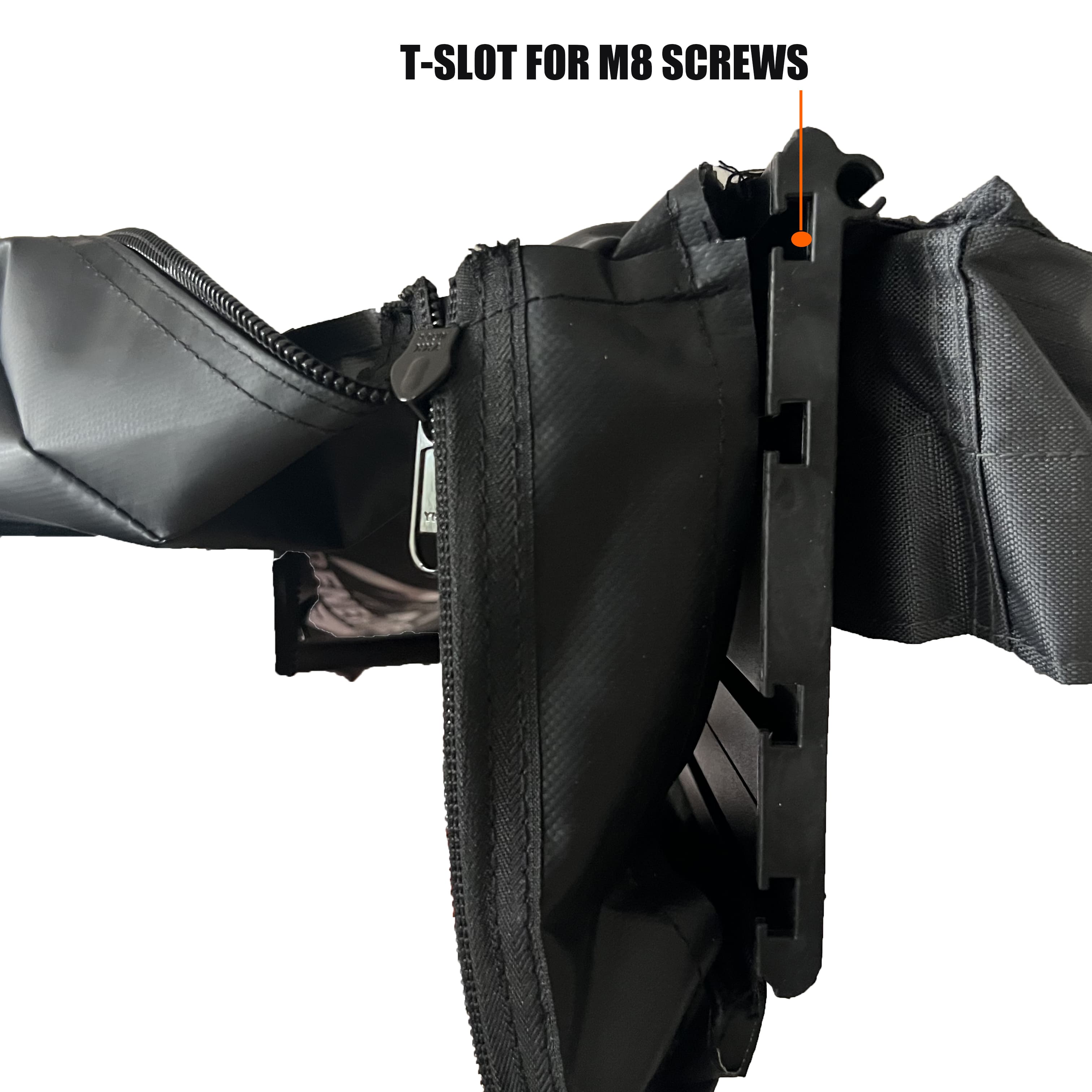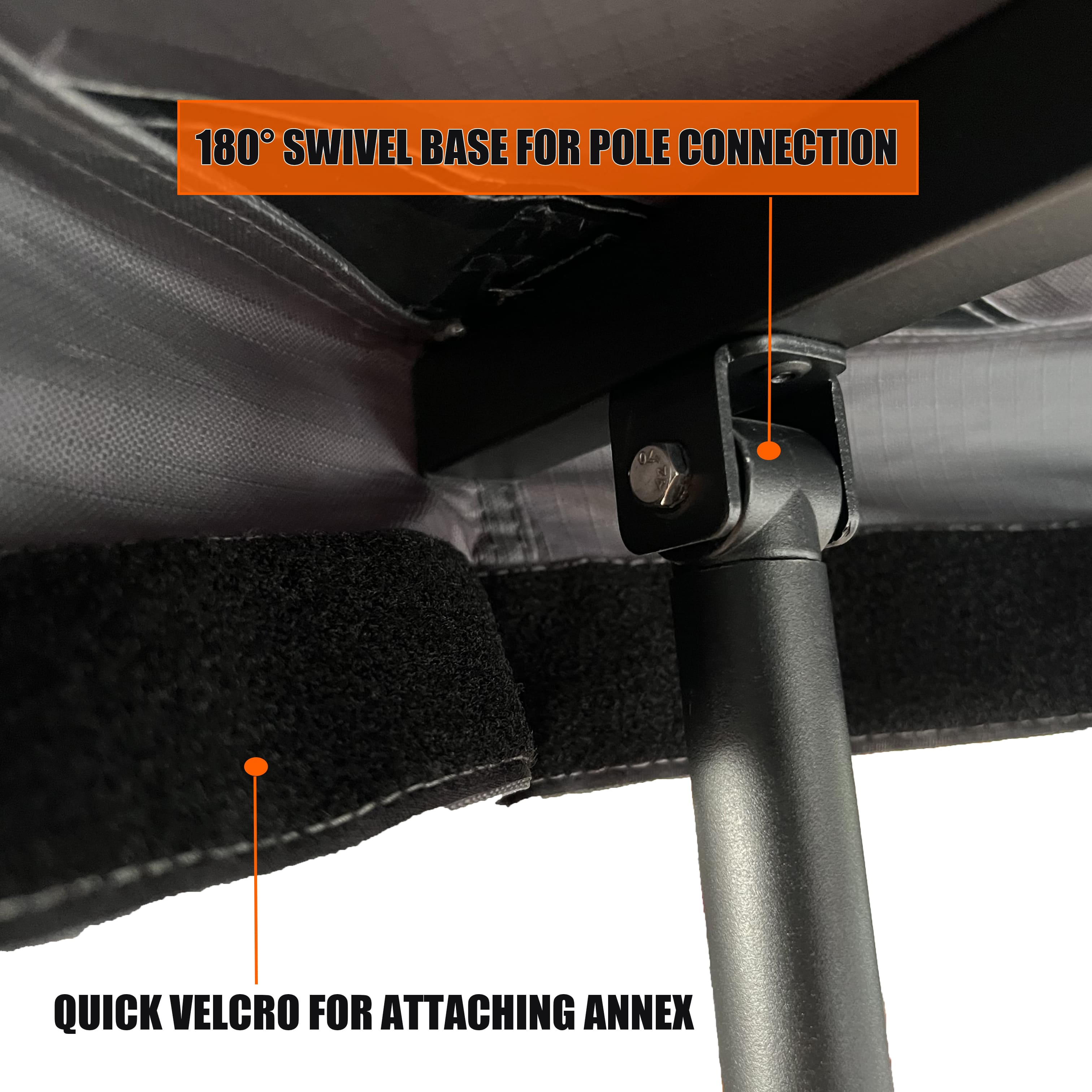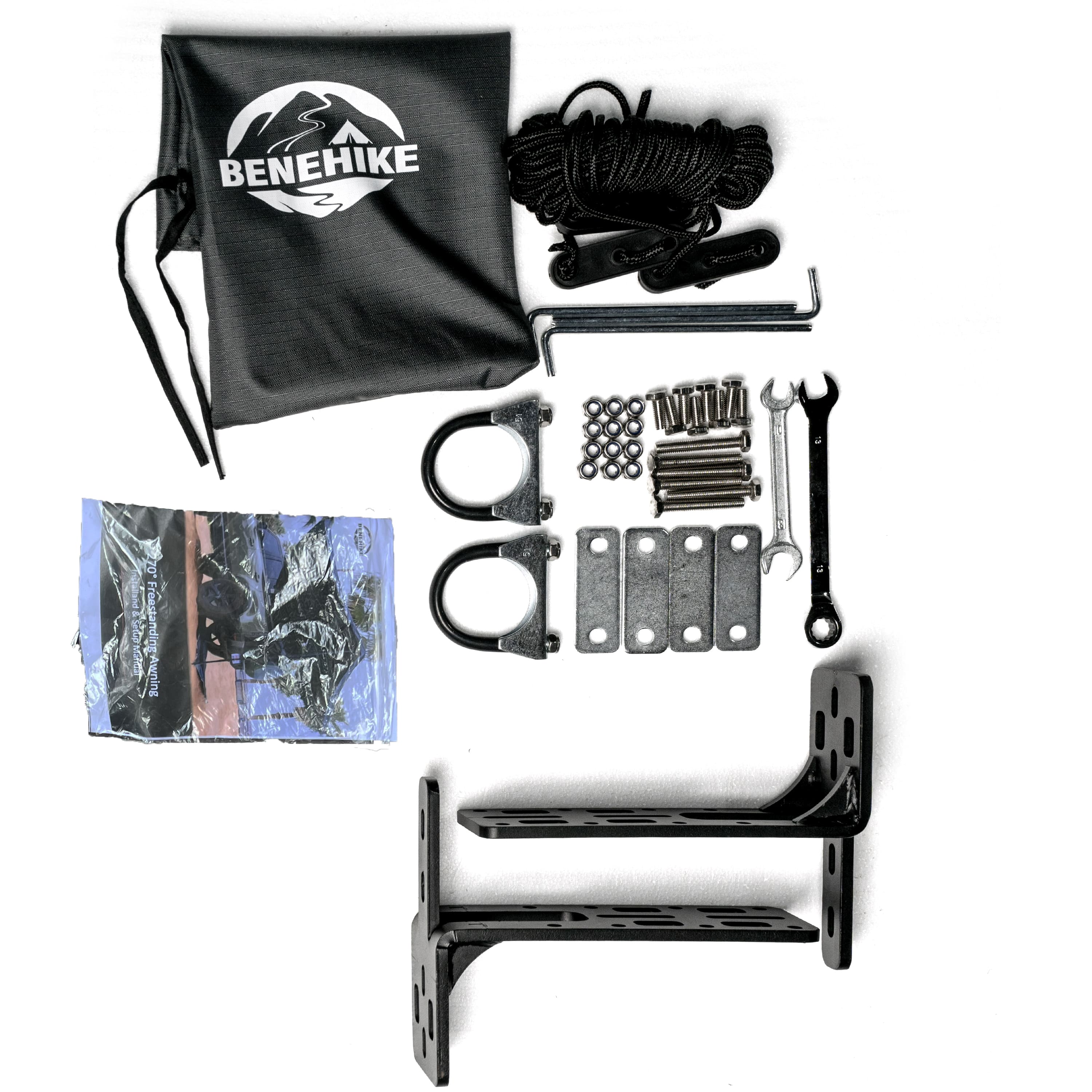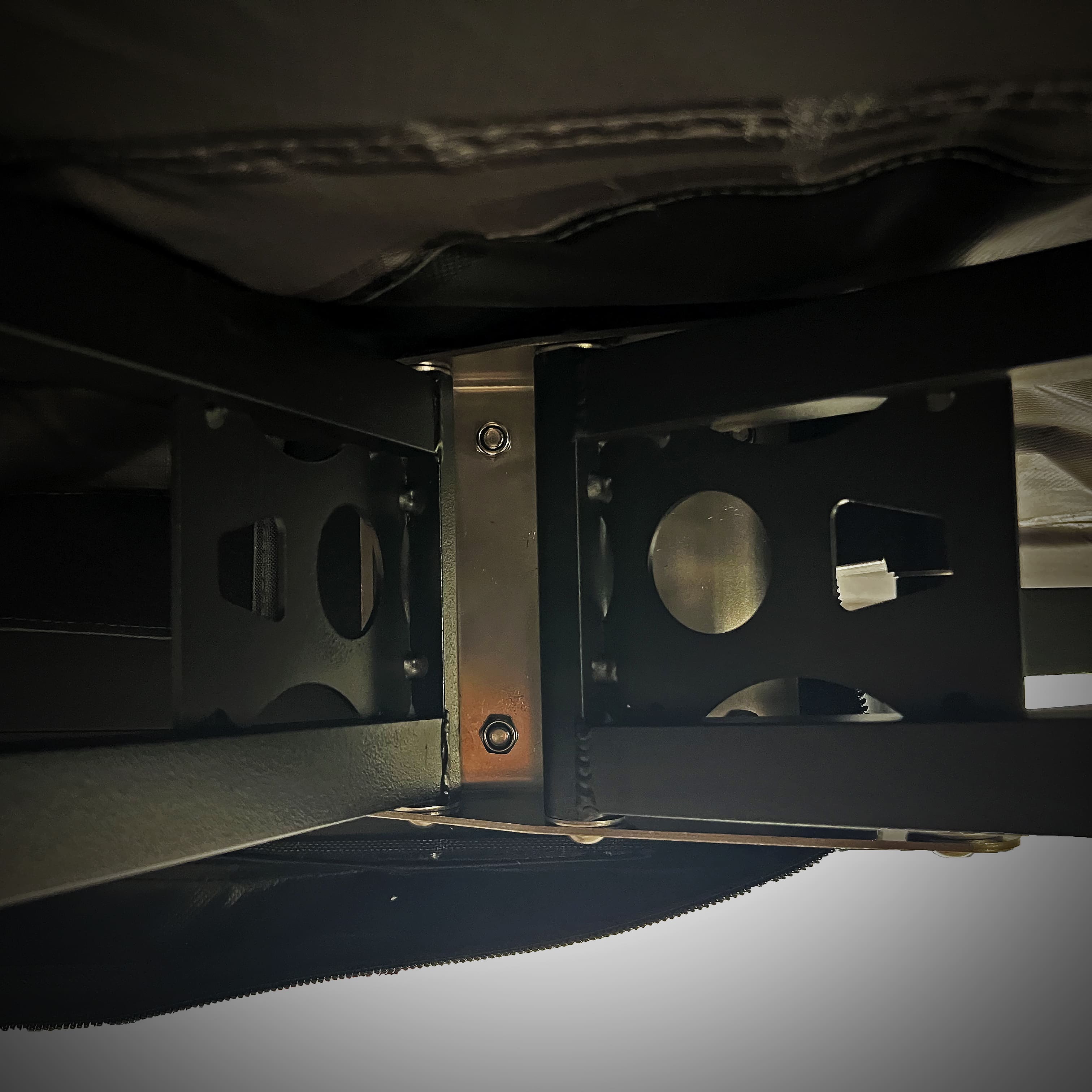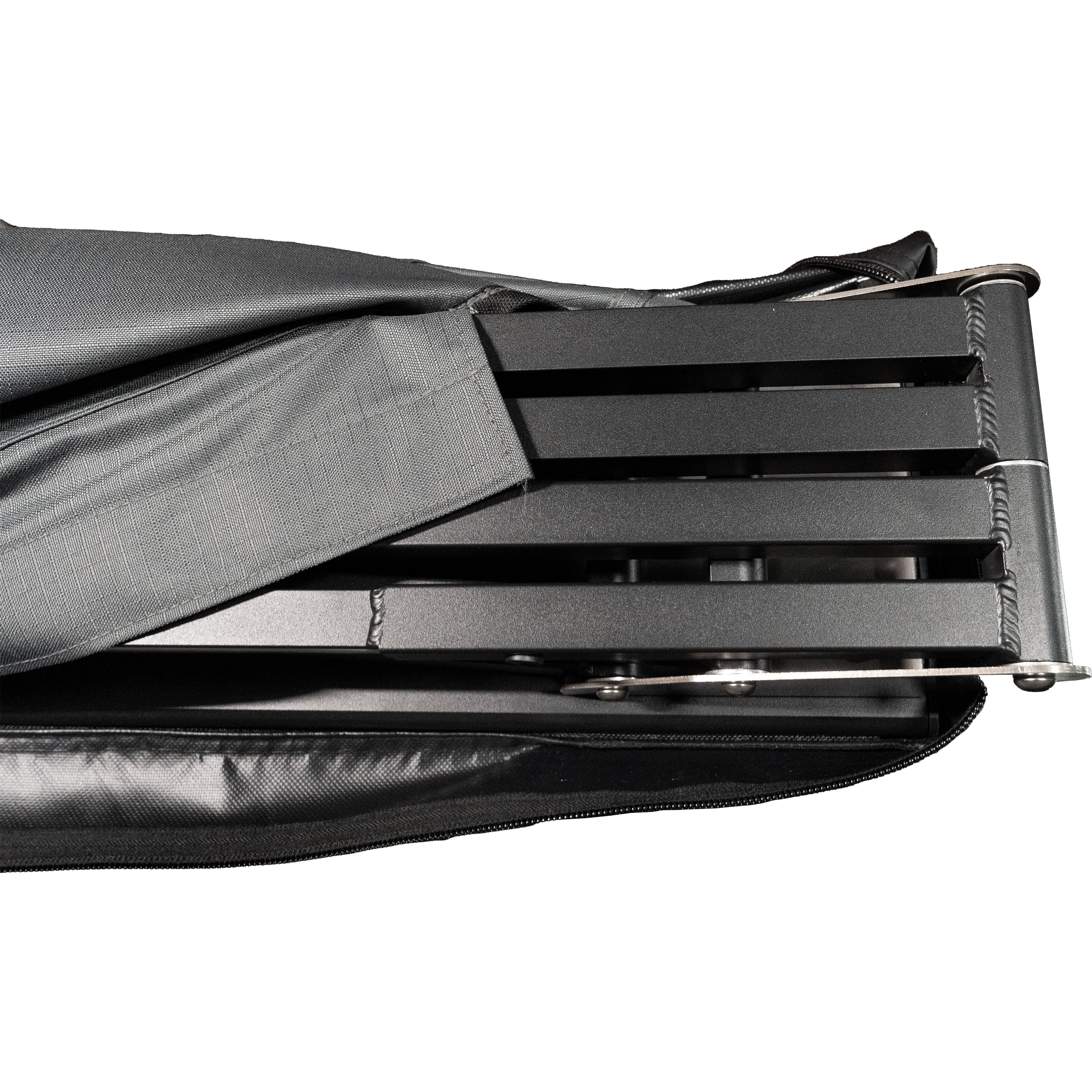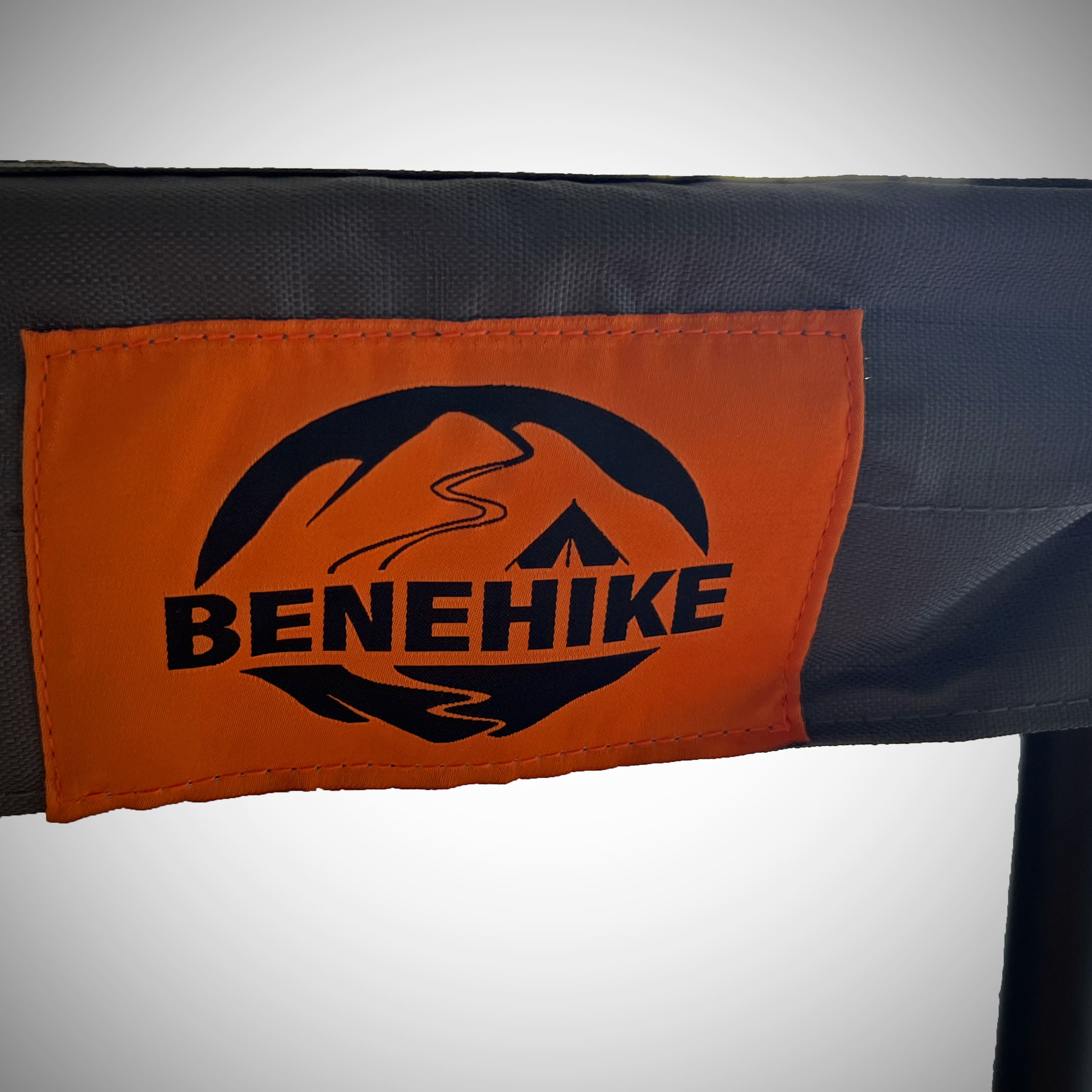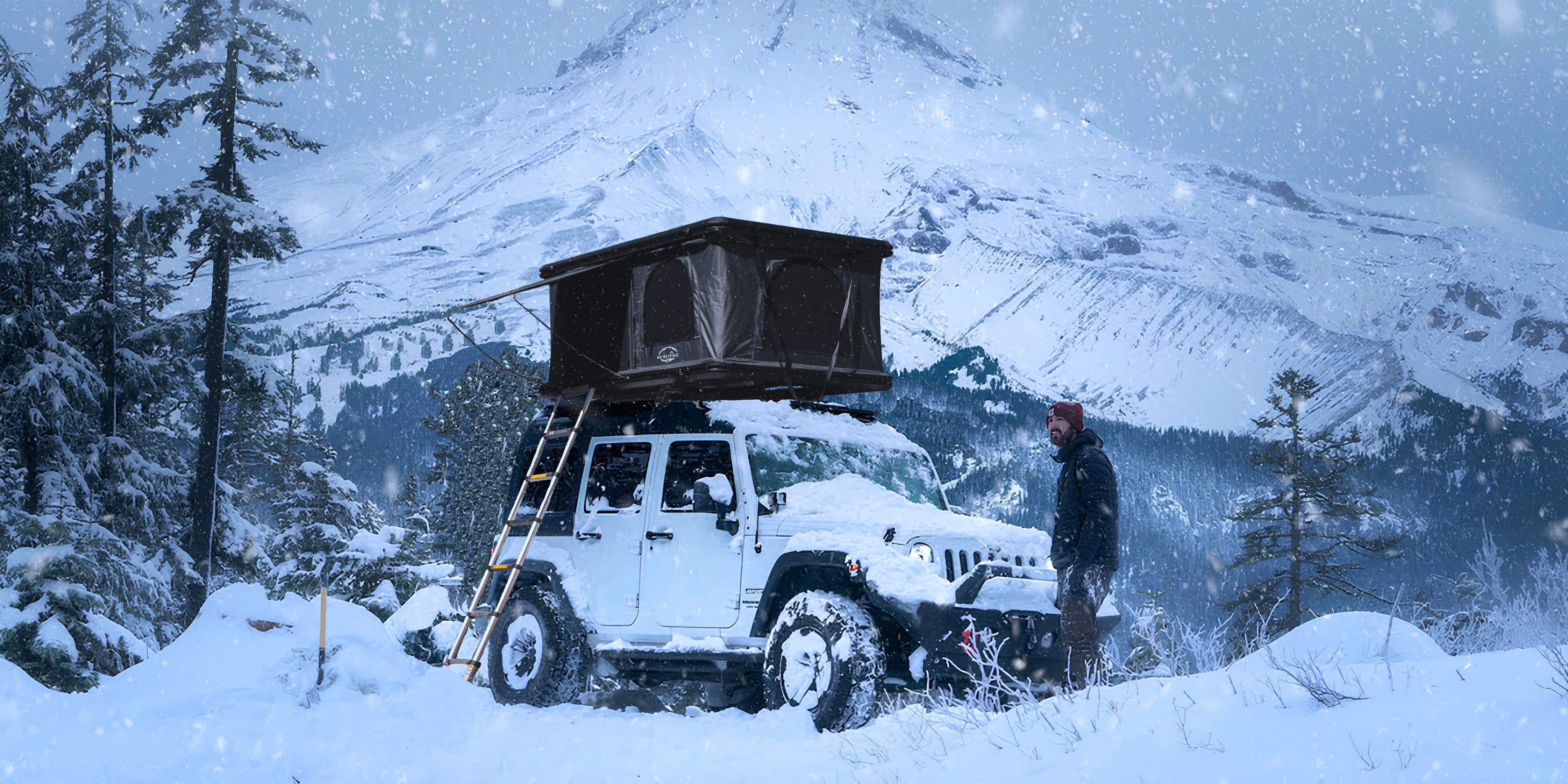Both hard-shell and soft-shell rooftop tents are ideal for camping on a vehicle by simply attaching the tent to the roof rack. Yet, each tent type has both pros and cons.
Understanding the distinctions between soft-shell and hard-shell rooftop tents is crucial to select the right tent. This post aims to delve deeper into this topic and determine whether a hard or soft shell tent is required for rooftop camping.
Soft Shell Roof Top Tents
Soft-shell rooftop tents are slightly distinct from their hard-shell counterparts. Tents have existed for the last decade and continue to be popular.
These tents need more time to set up and are frequently superior in the general living area. Here is a comprehensive overview of the advantages and disadvantages of soft-shell rooftop tents.

Pros
PriceSince these tents are constructed from different sturdy materials than hard-shell rooftop tents, their pricing is typically lower. This indicates that soft-shell tents are typically the best option for those on a tight budget.
Yet, when it comes to price, there are a few variables to consider. Size is one of these factors. Several larger soft-shell tents are priced similarly to their hard-shell equivalents. In general, however, you should observe that these soft-shell tents are less expensive.
Living SpaceLiving Space, Some of these tents, are collapsible and, when unfolded, are larger than your vehicle.
Often, soft-shell rooftop tents feature greater living space for items such as mattresses and added comfort. Many of them are believed to accommodate three to four people easily.

Cons
Drive Your VehicleOne of the most significant disadvantages of soft-shell rooftop tents is that they lack aerodynamics. When secured to your car's roof, they generate significant drag.
If you've seen any of these on the road, you've likely noticed that they are extremely cumbersome and have a soft exterior. The tent's design and flimsy cover increase drag, which reduces your gas mileage and range. Some choices are slightly more aerodynamic; however, soft-shell rooftop tents are often large and not aerodynamic.

Lacks sturdiness
Although these tents are not frail, they are less resilient than hard-shell rooftop tents. You must remember that they are composed of lighter and softer materials. They include nylon and canvas, which may be sufficiently robust but are weaker than a hard outer shell.
If you are concerned about water infiltration, you could apply your waterproof coating. And if the canvas rips or shreds, fabric repair patches can be purchased to mend any holes in the outer shell.
SetupMoreover, the setup is frequently a source of anxiety for novices. When camping in a soft-shell rooftop tent, setup can be more difficult if you are in a hurry. These tents lack gas struts and often feature much more material (canvas, polyester, etc.), making setting up and taking down more complicated.
Although setup can add a few minutes to your journey, it should be fine. We advise that you practice opening and shutting the tent at home before your vacation. This will help you feel more at ease in the outdoors.

Hard Shell Roof Top Tents
Pros
Aerodynamic StyleOne of the first things that many individuals need to consider is how the tent would influence the driving of their automobile. As a result of the tent being secured to your vehicle's roof, your gas mileage and range will be affected. On a camping vacation, the last thing you want is to waste hundreds of dollars on gas owing to the drag your tent creates on the roof.
Thankfully, most hard-shell rooftop tents are built to reduce drag and have a sleek appearance. Our tents are aerodynamic, so you may drive without worrying about the tent coming off, getting terrible gas mileage, or being slowed down.

Most hard shells are already assembled, one of their most advantageous characteristics. Well, there are a few things you may need to perform, but most tents already have an effective setup for you.
Several of these hard-shell tents may be assembled in under 30 seconds! Sure, it is correct-just thirty seconds. Most hard shell tents include built-in gas struts that make opening and closing the tent simple. A single individual can erect many tents in a matter of minutes.
Durability
Although we could divide durability into various subcategories, we've decided to combine them. Hard-shell rooftop tents are constructed from resilient materials, making them far more robust than soft-shell tents. Instead of water-permeable canvas or polyester, hard-shell rooftop tents have a tough external material (hence the name).
These tents will also be silent in the wind, so you won't have to worry about windy weather affecting your trip. The wind will not move them, and if the windows are closed, you may not notice the weather.
And the same holds with rain. When it rains, rooftop tents with hard shells are more durable. Its tough exterior prevents rain and moisture from penetrating the tent. This makes it considerably more attractive than a soft-shell roof and ordinary ground tents.

Cons
SizeBecause these tents are layered on top of the roof, they Because these tents are layered on top of the roof, they are typically limited by the size of the roof, so you may only find one suitable for two people.
PriceOwing to their durability and the materials used in their construction, hard rooftop tents are typically more expensive than soft-shell tents. Nonetheless, price is always relative, and you may still be able to locate something within your budget.
Conclusion
You should now know which of these tents you will need, and with this knowledge, it should be much easier for you to choose the best option.The hard shell rooftop tent is the overall winner and shines out when evaluating the pros and downsides. These tents are suitable for various scenarios and should provide the highest level of waterproofing. We recommend them for practically any excursion, especially those with tough terrain and poor weather.
The soft shell is the more affordable option and is ideal for summer camping trips with the family. It is a cost-effective choice, but setting up the tent will take additional time. Yet, the additional living space more than compensates. We would choose the soft-shell tent for casual camping.

